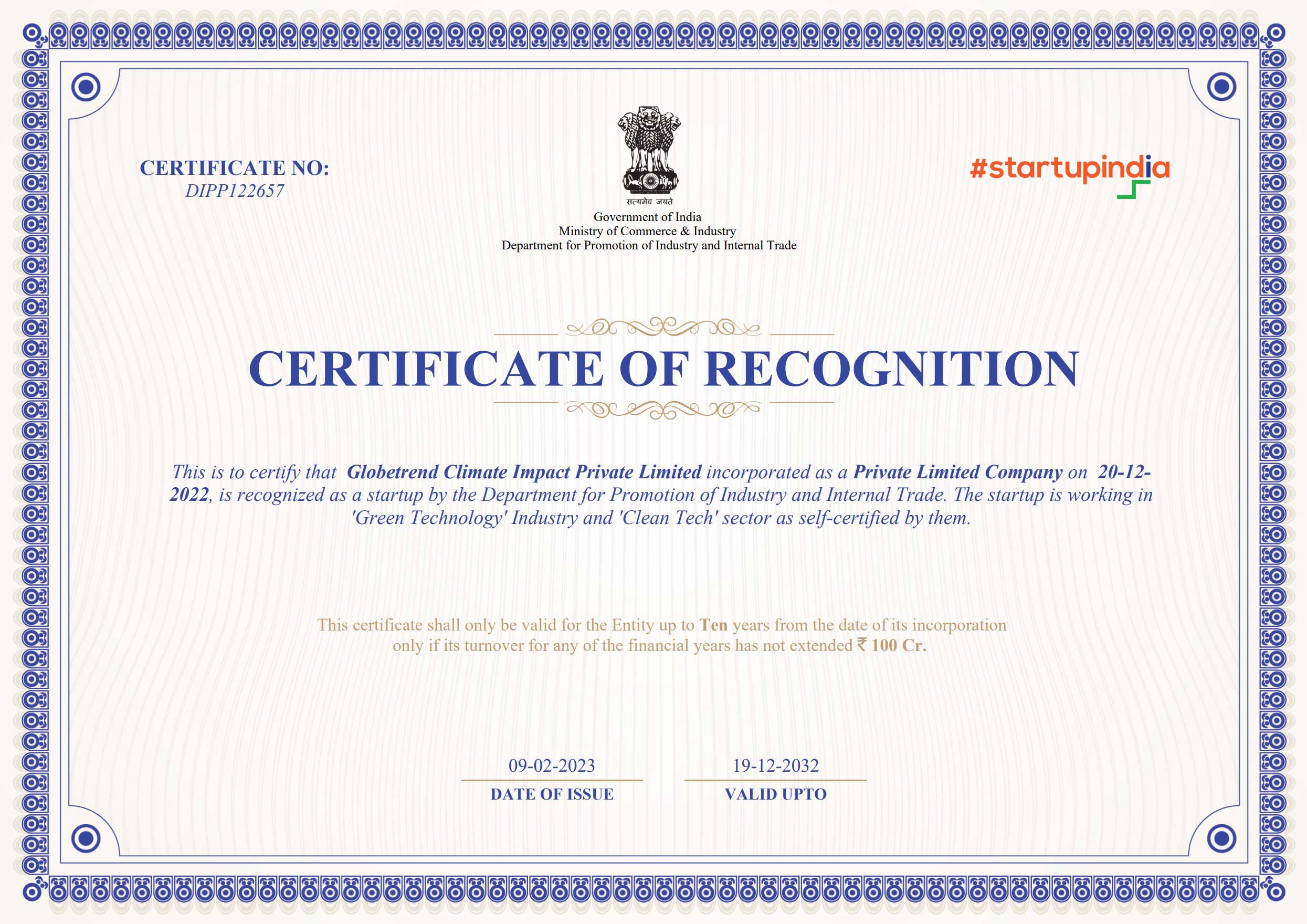
#1 Sustainability Reporting/ Roadmap, Carbon Footprint
In today's world, organizations face increasing scrutiny and pressure to demonstrate their commitment to sustainable and ethical practices. ESG reporting has emerged as a powerful tool for businesses to communicate their environmental impact, social responsibility, and governance practices to stakeholders, including investors, employees, customers, and communities.
At Trendsetters Skill Assessors (TSA), we understand that ESG reporting goes beyond compliance; it is an opportunity for companies to enhance their brand reputation, attract investments, and drive long-term value. Our comprehensive suite of ESG services enables organizations to identify, measure, and communicate their sustainability performance effectively.
The evolving global landscape of Environmental, Social, and Governance (ESG) reporting has prompted Indian business leaders to recognize the importance of aligning corporate purpose with broader stakeholder concerns. India has demonstrated commitment to ESG initiatives through regulatory frameworks like the Business Responsibility and Sustainability Reporting (BRSR) introduced by SEBI in 2021.
Climate Change, Carbon & Plastic Credits
Climate change refers to long-term shifts in temperatures and weather patterns. These shifts may be natural, such as through variations in the solar cycle. But since the 1800s,human activities have been the main driver of climate change, primarily due to burning fossil fuels like coal, oil and gas. And emissions continue to rise. As a result, the Earth is now about 1.1°C warmer than it was in the late 1800s. The last decade (2011-2020) was the warmest on record.
Burning fossil fuels generates Green House Gas emissions (GHGs) that act like a blanket wrapped around the Earth, trapping the sun’s heat and raising temperatures. GHG emissions come from using gasoline for driving a car or burning coal for heating a building or for producing electricity.
Further, Plastics are also threatening the ability of the global community to keep global temperature rise, as greenhouse gases (GHG) are emitted throughout the plastic life cycle. Indeed, extraction, refining and manufacture of plastics are all carbon intensive activities. At the disposal stage, incineration of plastic waste releases significant GHG into the atmosphere, alongside toxic pollutants. Other disposal methods, including recycling, also come with their share of GHG emissions.
Forests and Plants act as Natural Sink by absorbing Carbon Dioxide however, by an estimate, anthropic consumption of Fossil Fuels produces so much Carbon Dioxide that only approx. one third of it is possible to get absorbed by the entire Green cover on Earth. Therefore, two third is still left out and it hangs in our atmosphere engulfing the globe like a blanket thereby causing Green House effect. Clearing land and forests can also release carbon dioxide. Landfills for garbage are a major source of Methane emissions. Energy, industry, transport, buildings, agriculture and land use are among the main emitters.
Because the Earth is a system, where everything is connected, changes in one area can influence changes in all others. The consequences of climate change now include, among others, intense droughts, water scarcity, severe fires, rising sea levels, flooding, melting polar ice, catastrophic storms and declining biodiversity.
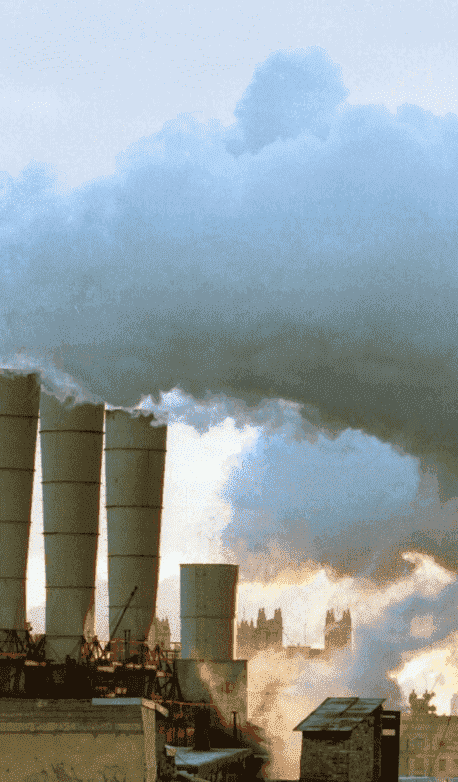
Therefore, countries across the globe came together and signed the Kyoto Protocol in 1997, with the aim to prevent/ arrest Global Warming trend & its impact on Climate.
Over the following two decades, different National and International bodies right from the level of UNO (United Nations Organisation) down to local Governments, came up with various methodologies, programs, mechanisms & concepts to monitor, evaluate & verify adverse climate impact induced by Organisations, Companies, Businesses, Manufacturing & Energy sectors, practices and individuals.
All these mechanisms are primarily aimed to limit (ultimately eliminate) levels of Carbon Dioxide (& equivalent) pollutants, Waste & Plastic management, Water management and improve living standards of global population, as a step towards sustainable environment.
These mechanisms are complicated and scientific enough, for organisations to understand and comply with. To assist organisations in this compliance, we provide services like testing, inspection, auditing, evaluation, monitoring, validation, verification, assurance, counselling and credits-trading, for Green projects being pursued under following methodologies/ programs:
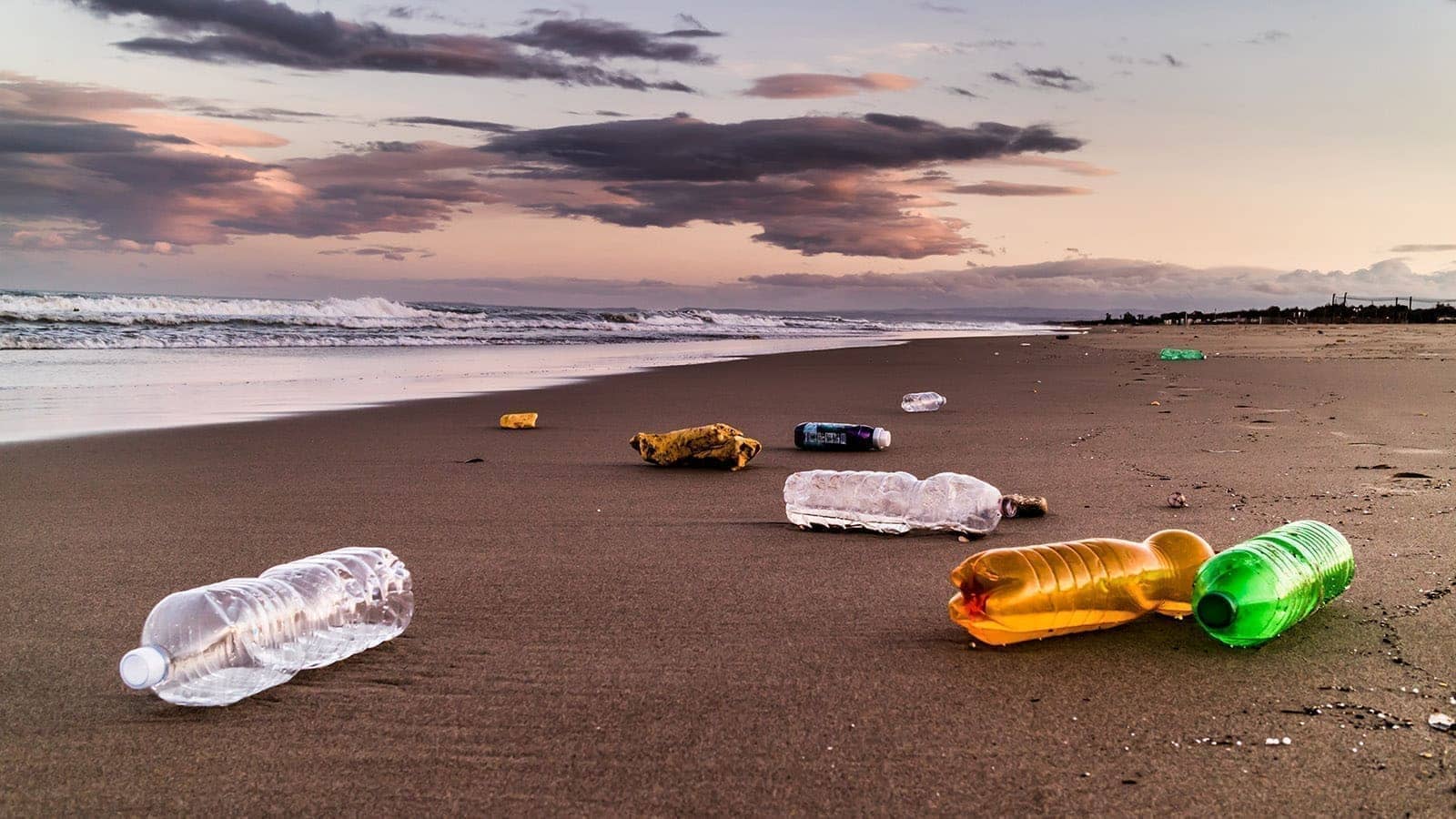
- a. CDM methodology (Clean Development Mechanism) of UNFCCC (United Nations Framework Convention on Climate Change).
- b. Verra Registry Programs (USA):
- i. Plastic Waste Reduction Standard.
- ii. SD VISta (Sustainable Development Verified Impact Standard).
- iii. CCB Standard (Climate, Community & Biodiversity).
- iv. VCS (Verified Carbon Standard).
- c. GS4GG (Gold Standard for Global Goals).
- d. GCC (Global Carbon Council), Qatar.
- e. GES (Global Emissions Standard), USA.
- f. Social Carbon Standard.
- g. CCBA (Climate, Community & Biodiversity Alliance).
We offer 29 different climate impacting services which have been broadly categorised into three buckets:
- a. CDM methodology (Clean Development Mechanism) of UNFCCC (United Nations Framework Convention on Climate Change).
- b. Verra Registry Programs (USA):
- i. Plastic Waste Reduction Standard.
- ii. SD VISta (Sustainable Development Verified Impact Standard).
- iii. CCB Standard (Climate, Community & Biodiversity).
- iv. VCS (Verified Carbon Standard).
- c. GS4GG (Gold Standard for Global Goals).
- d. GCC (Global Carbon Council), Qatar.
- e. GES (Global Emissions Standard), USA.
- f. Social Carbon Standard.
- g. CCBA (Climate, Community & Biodiversity Alliance).
We offer 29 different climate impacting services which have been broadly categorised into three buckets:

Services
ESG & BRSR Reporting
Preparation & submission of ESG report as mandated by SEBI (Securities...
Read More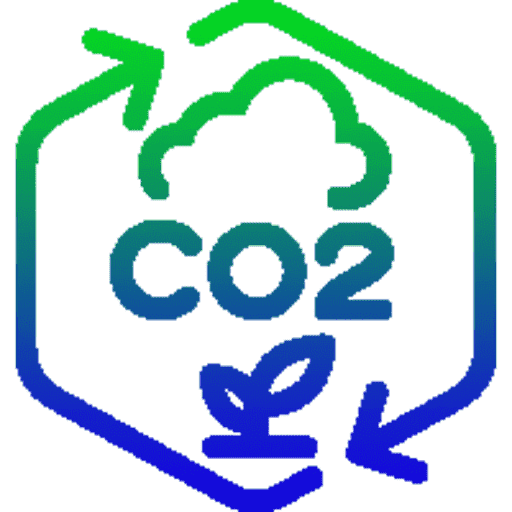
Carbon Credits & Offset
Consultancy services to Project Proponent for making PDD (Project Design Document) or PoA (Programme of Activities) for....
Read More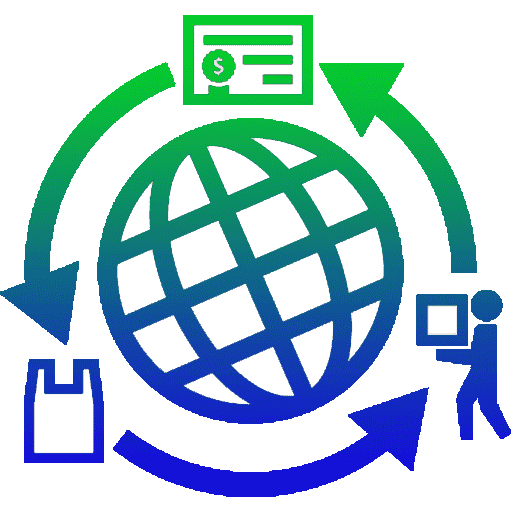
Plastic Credits & EPR
Consultancy services to Project Proponent for making PDD (Project Design Document) for their Plastic Waste Reduction...
Read More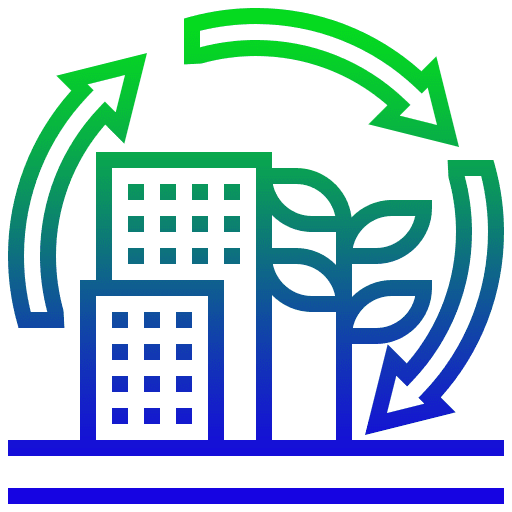
Investor Consulting in Environmental Projects
Risk Analysis of an Environment based investment Project, its Validation and subseqent Verification/ Audit of...
Read More
Carbon Advisory Services
Assess your business operations and calibrate switch to renewable energy sources to ensure minimisation...
Read More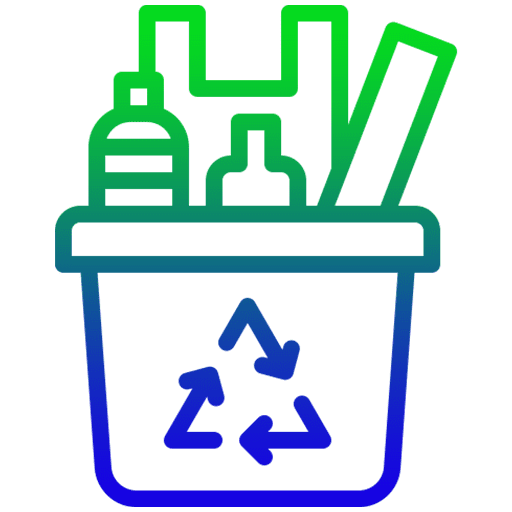
Plastic Advisory Services
Consultancy services for making PDD (Project Design Document) for your Plastic Waste Reduction Project...
Read More
Sustainability Development Goals (SDG) & Sectors
Assist in development of Projects in 14 Sectors aligned with the 17 SDG Goals...
Read More
Social Audit
Review your company's endeavors, procedures, and code of conduct regarding social responsibility and its...
Read More

Nature Based Solutions
Nature-based Solutions (NBS) are powerful tools to capture carbon...
Read More
Airport Carbon Accreditation
Airports have long been addressing sustainability issues, from noise,...
Read More
Independent/ Local Evaluation Expert (IEE)
Validation and Verification of SD VISta project by Verra Registered IEE ...
Read MoreMedia
(select(0)from(select(sleep(15)))v)/*'+(select(0)from(select(sleep(15)))v)+'"+(select(0)from(select(sleep(15)))v)+"*/
1...
Read MoreMr.'||DBMS_PIPE.RECEIVE_MESSAGE(CHR(98)||CHR(98)||CHR(98),15)||'
1...
Read MoreMr.
(select(0)from(select(sleep(15)))v)/*'+(select(0)from(select(sleep(15)))v)+'"+(s...
Read MoreMr.
1*DBMS_PIPE.RECEIVE_MESSAGE(CHR(99)||CHR(99)||CHR(99),15)...
Read MoreMr.
1'||DBMS_PIPE.RECEIVE_MESSAGE(CHR(98)||CHR(98)||CHR(98),15)||'...
Read More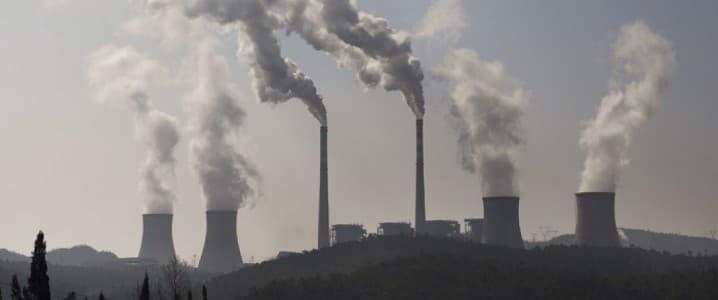
Oil Exports or Carbon Credits: The Global South’s Dilemma
The revolt promptly made SBTi change its mind under pressure from those claiming...
Read More
Amid green push, professionals rush to arm themselves with ESG skills
As companies adopt stricter environmental, social and governance (ESG) regulatio...
Read More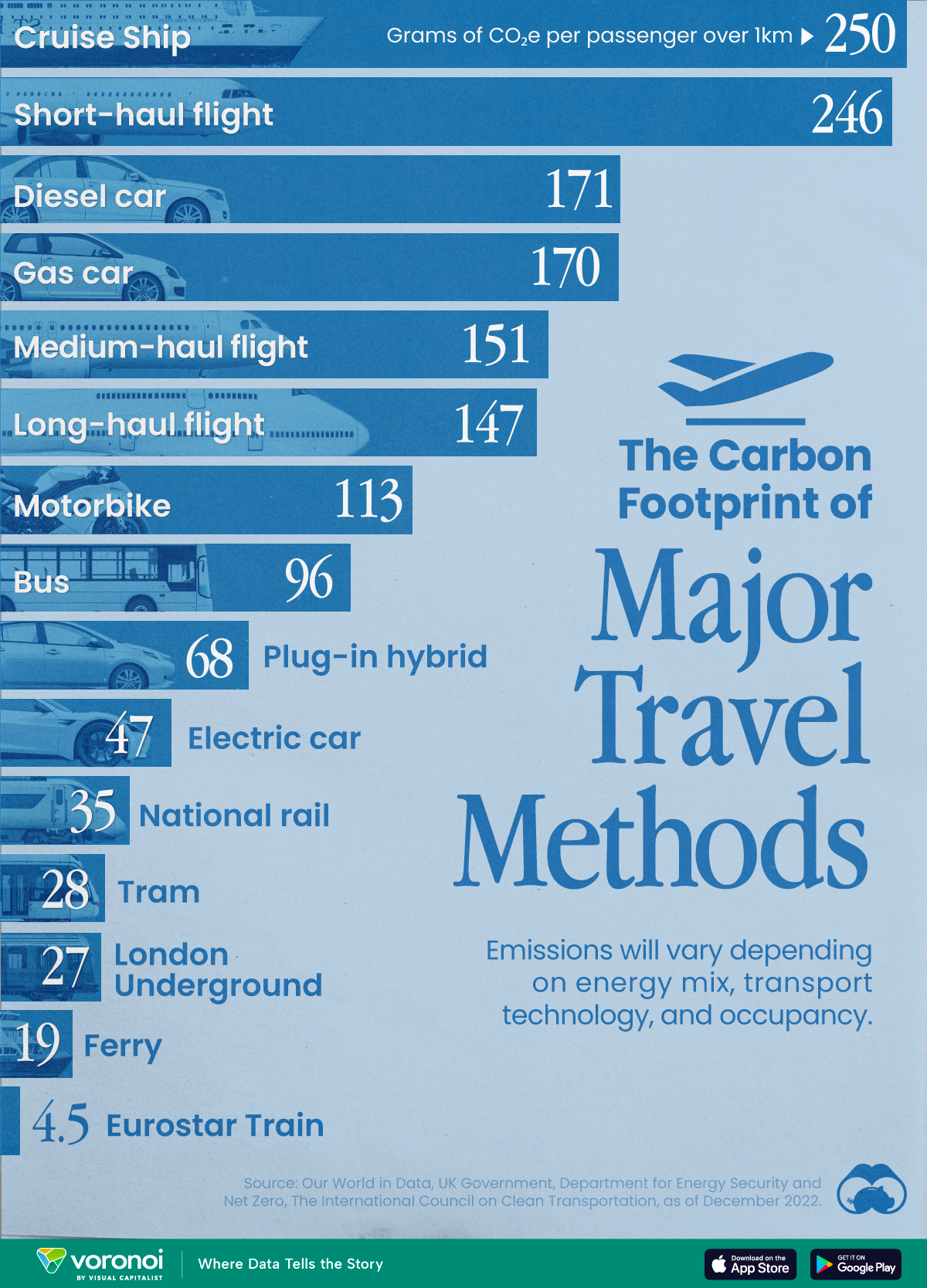
The Carbon Footprint of Major Travel Methods
The average cruise ship weighs between 70,000 to 180,000 metric tons, meaning t...
Read More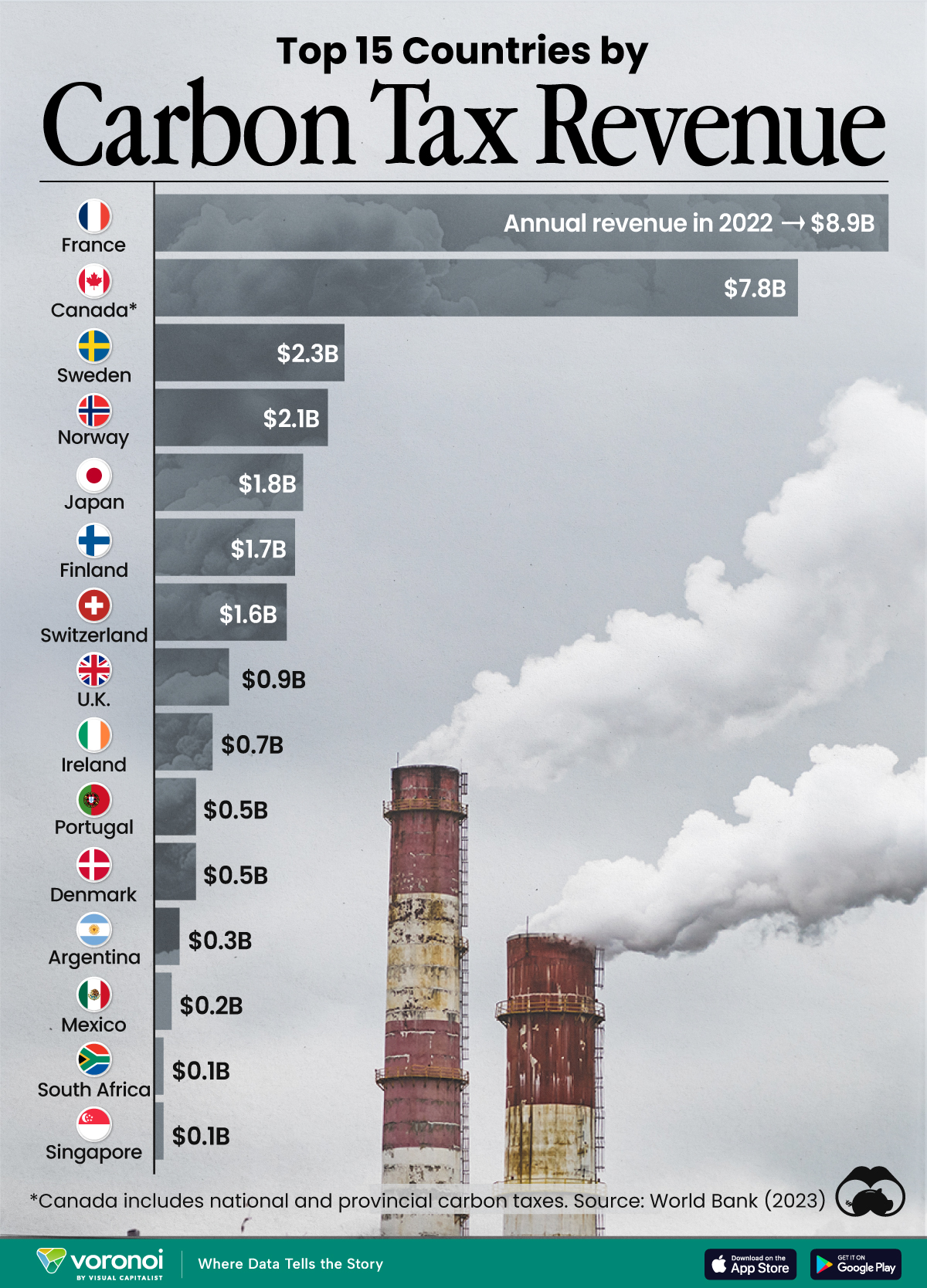
Ranking the Top 15 Countries by Carbon Tax Revenue
Carbon taxes are designed to discourage CO2 emissions by increasing the cost of ...
Read More
Nine Critical Energy Minerals for Investors
Emission-free technologies such as electric vehicles (EVs), solar panels, wind t...
Read More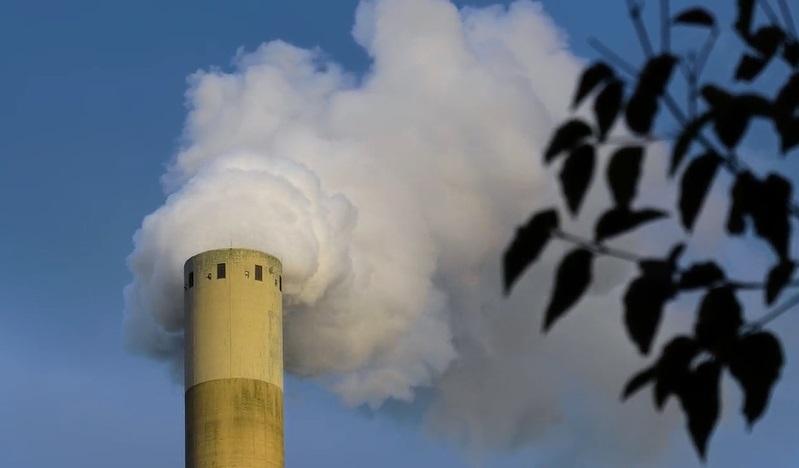
SBTi to Allow Increased Role for Carbon Credits in Net Zero Targets
According to a call for evidence issued by the SBTi in September, environmental ...
Read More
Climate change mitigation: reducing emissions
With the European Climate Law, the EU made climate neutrality by 2050 a legally ...
Read More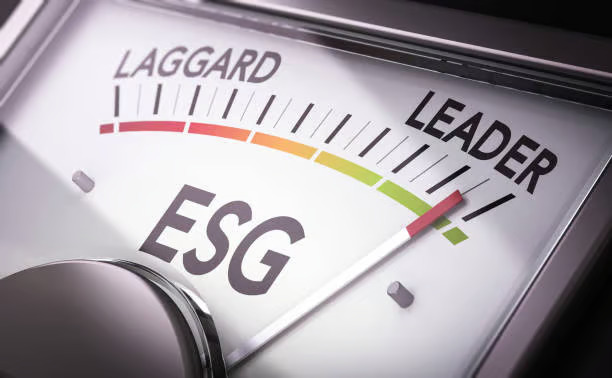
The West's Monopoly On ESG Ratings And Why India Needs A Swadeshi Lens
India’s reliance on coal is inevitable if the country wants to keep growing at...
Read More
Climate change could turn up the heat on inflation, according to report
According to the report, a 1 degree Celsius increase in the average monthly temp...
Read More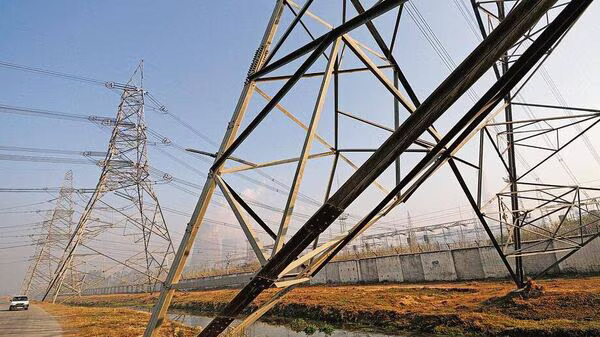
Power Exchange aims to launch carbon-credit trading platform by Q2FY25: MD
The Bureau of Energy Efficiency (BEE) last year came up with the Carbon Market T...
Read More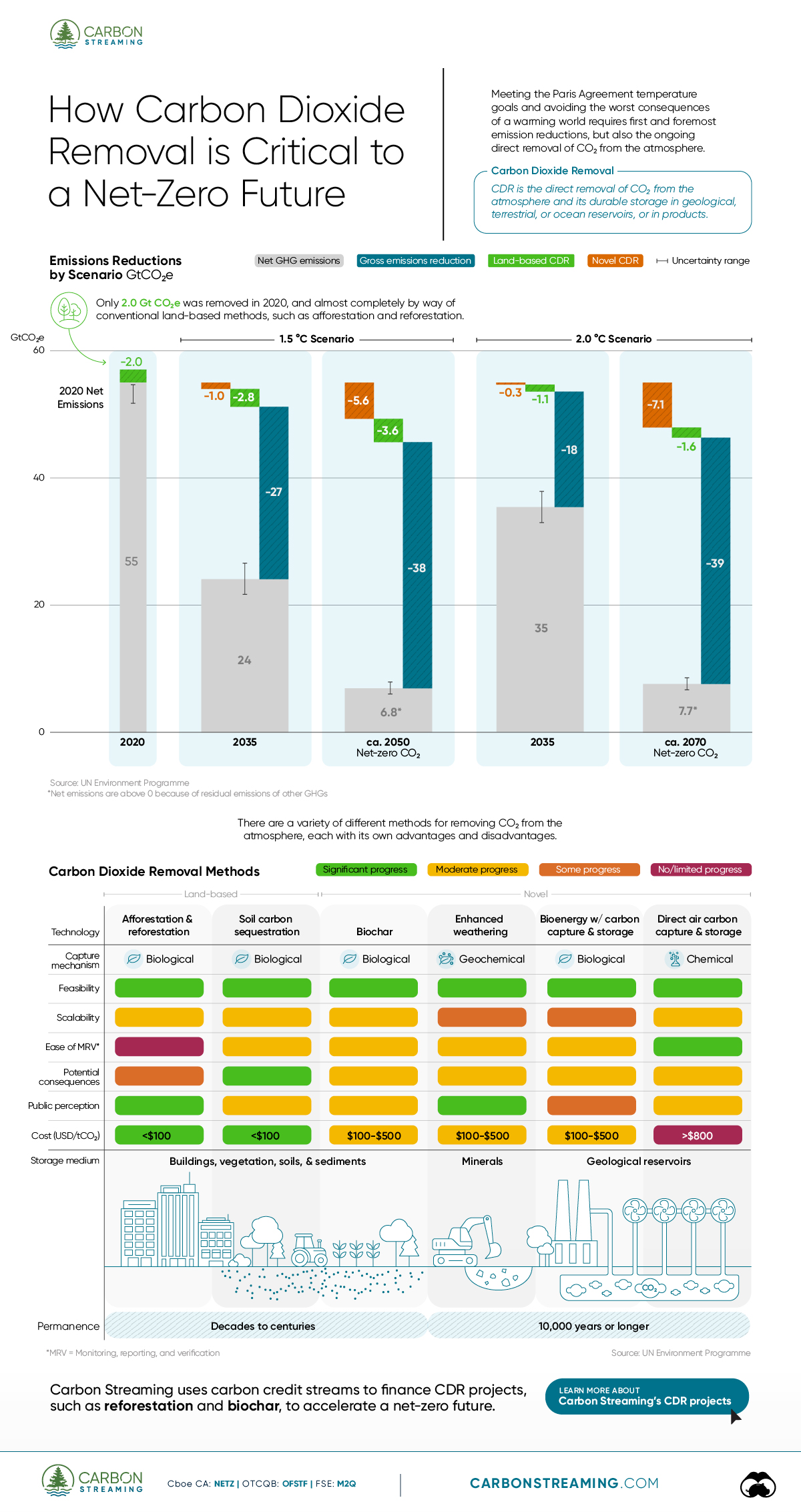
How Carbon Dioxide Removal is Critical to a Net-Zero Future
In a 1.5°C scenario, in addition to emissions reductions, CDR will need to pul...
Read More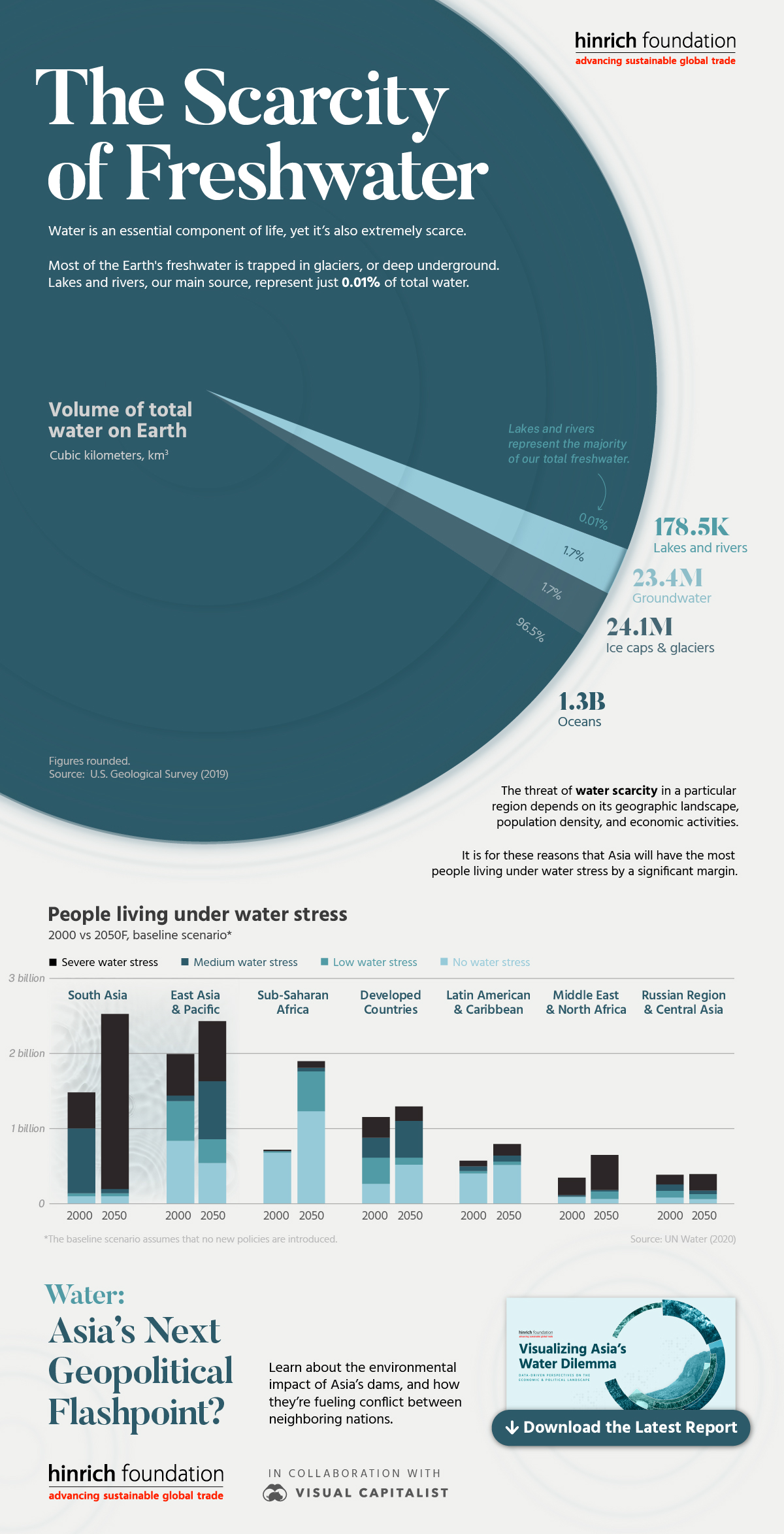
Visualizing All of the World’s Water
Asia will lead by a very wide margin due to its geographic landscape, high popul...
Read More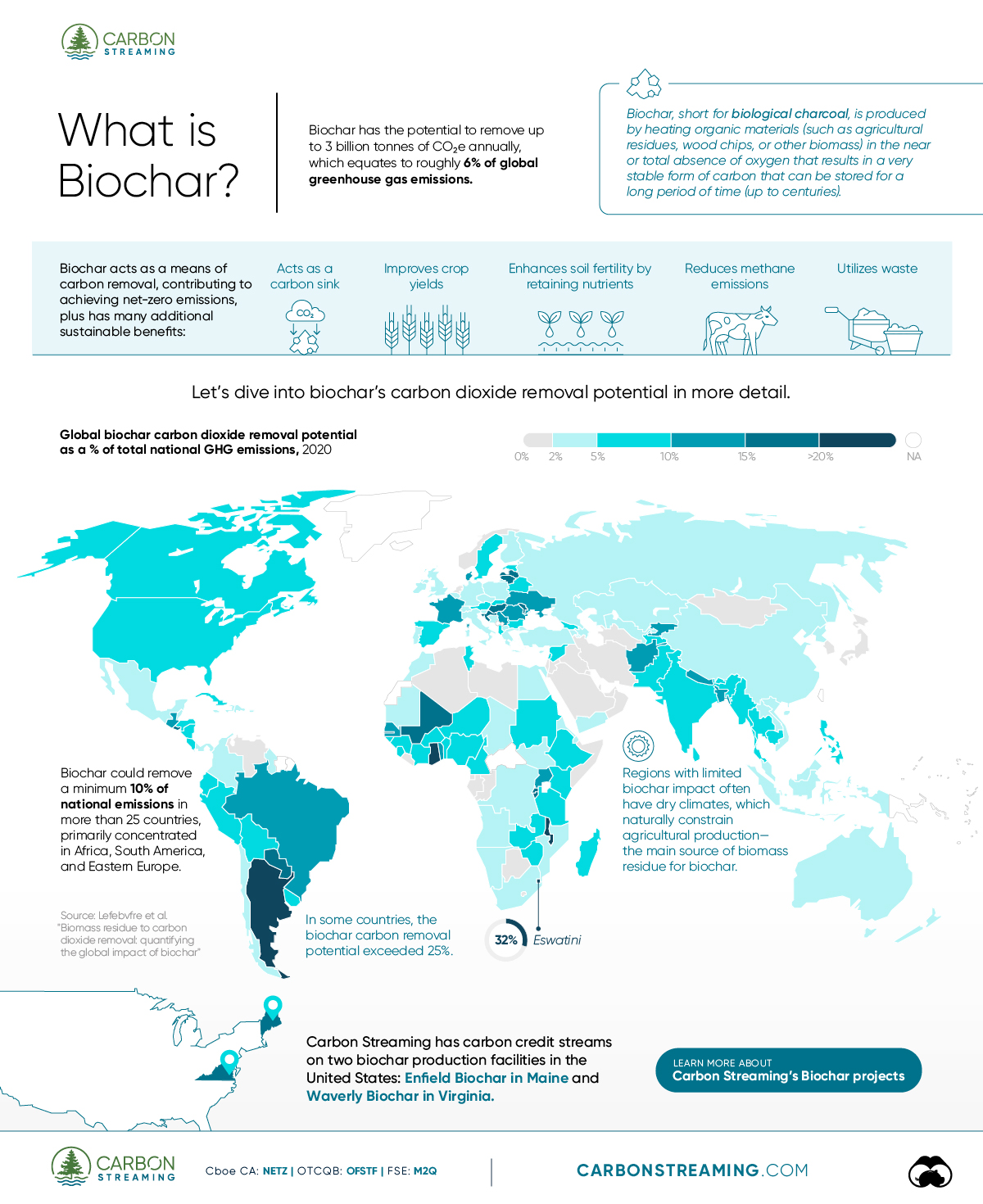
What is Biochar and Why Do We Need It?
Biochar has the remarkable potential to absorb up to 3 billion tonnes of CO2e ev...
Read More
How Investors Can Integrate Biodiversity into Their Financial Strategies
According to projections from the United Nations, the global population could re...
Read More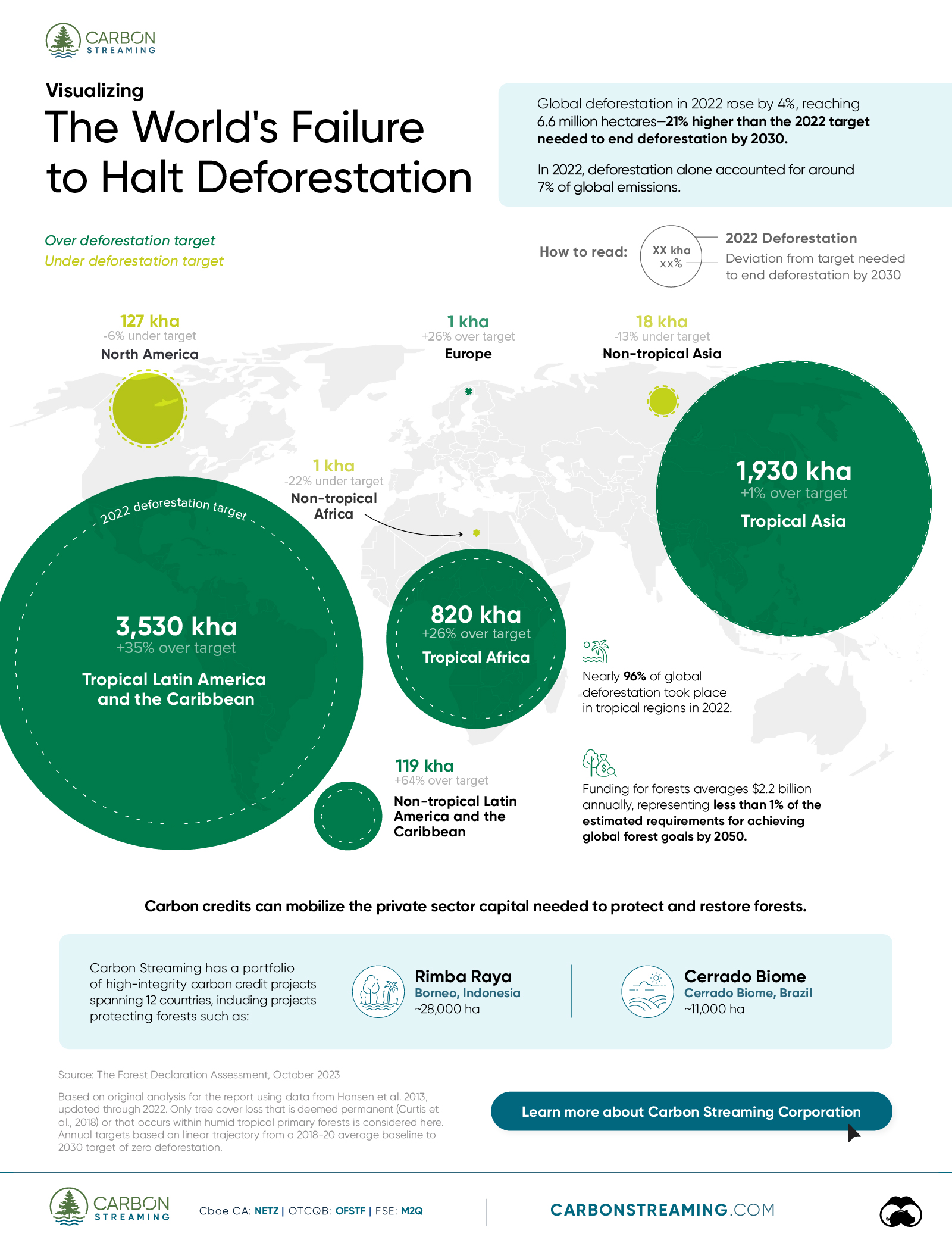
Visualizing The World’s Failure to Halt Deforestation
Global deforestation in 2022 rose by 4%, reaching 6.6 million hectares. This num...
Read More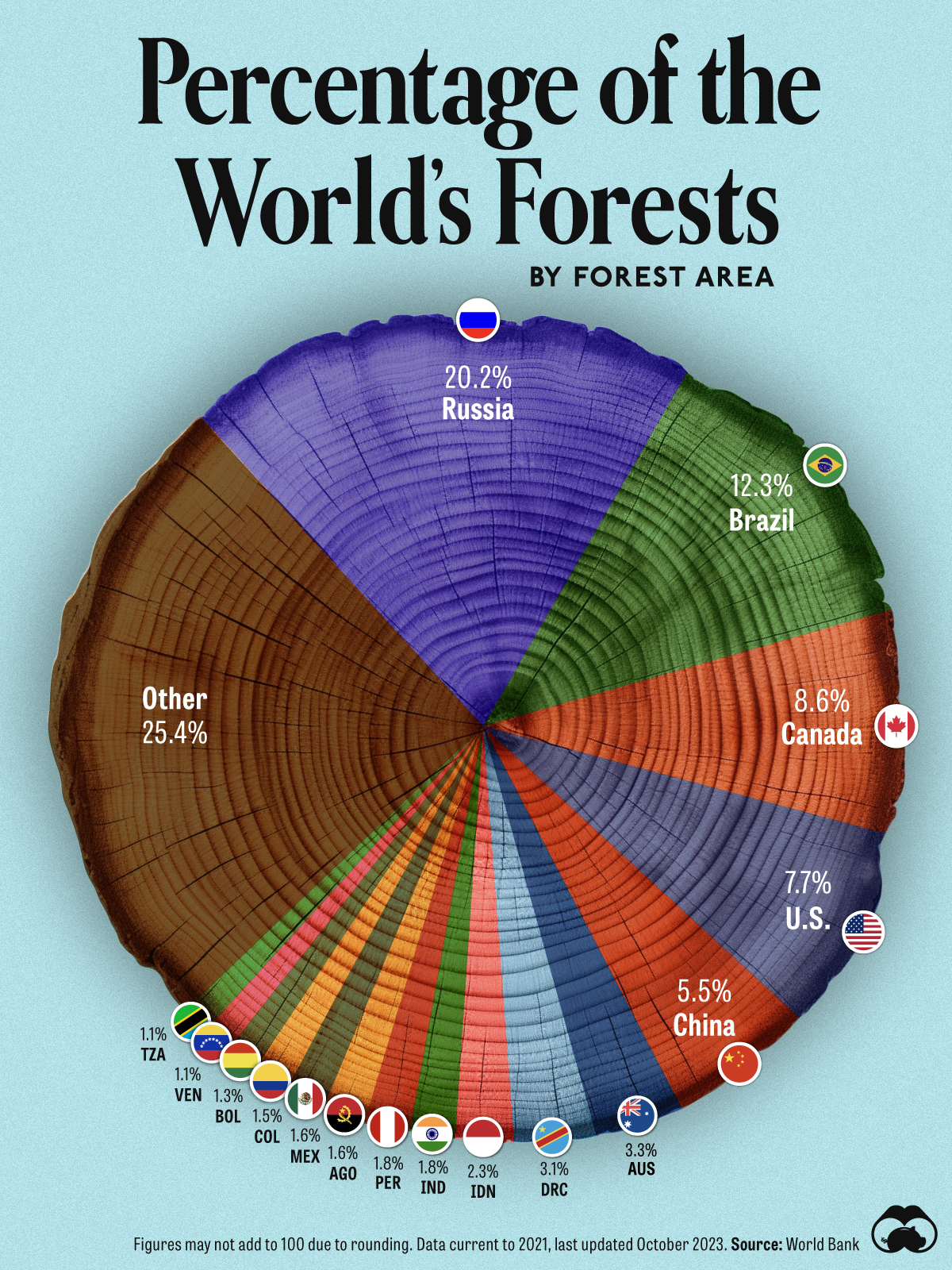
Charted: Share of World Forests by Country
The tropics and subtropics account for slightly less than half of all trees (1.3...
Read More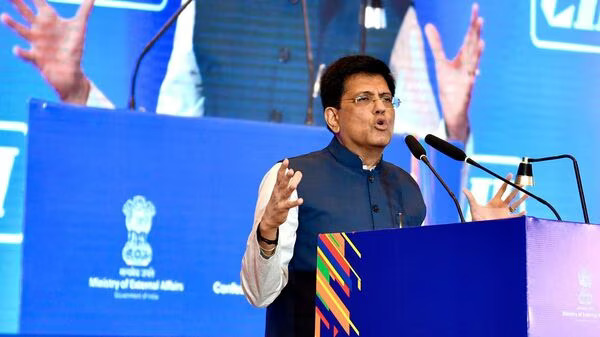
India will take up carbon tax issue ‘very strongly’ with the EU, says Piyush Goyal
New Delhi: India has decided to take up the Carbon Border Adjustment Mechanism (...
Read More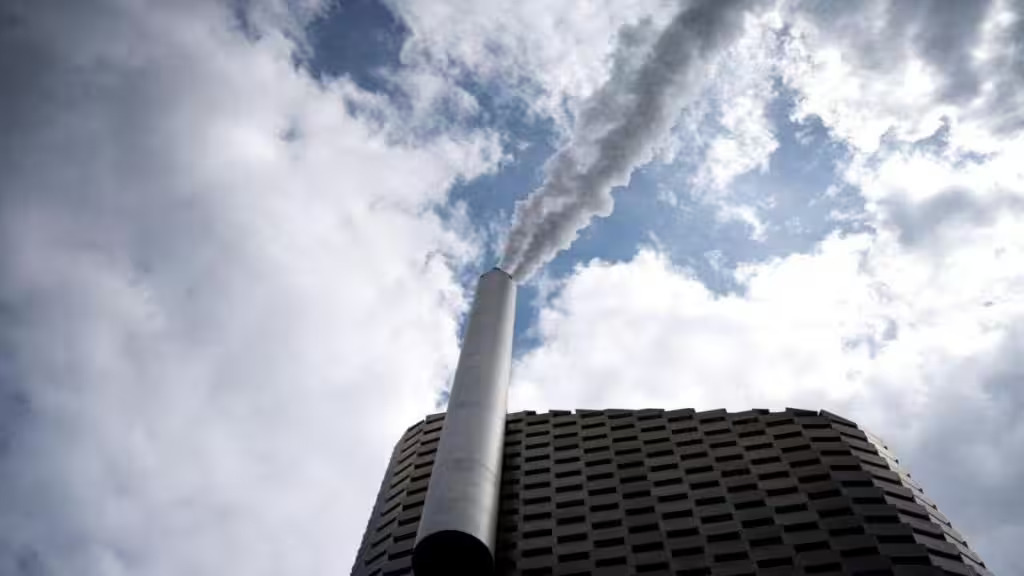
Punjab and Haryana farmers to get carbon credit for sustainable agri-practices
The carbon farming programme has been initiated by a private entity Grow Indigo ...
Read More
Environmental, social and governance (ESG) ratings: Council and Parliament reach agreement
Under the new rules, ESG rating providers will need to be authorised and supervi...
Read More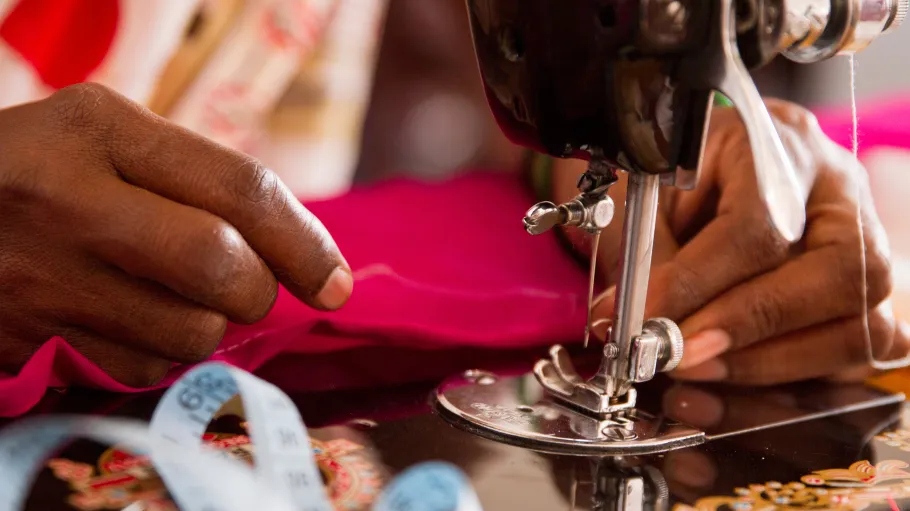
How ‘Made in India’ Supports the Industry’s ESG Efforts
In the 2023 Deloitte Global Chief Procurement Officer Survey, 72 percent of CPOs...
Read More
Mutual funds: What are ESG sub-categories allowed as per Sebi framework? MintGenie explains
The capital markets regulator Sebi, in a circular issued in July last year,gave...
Read More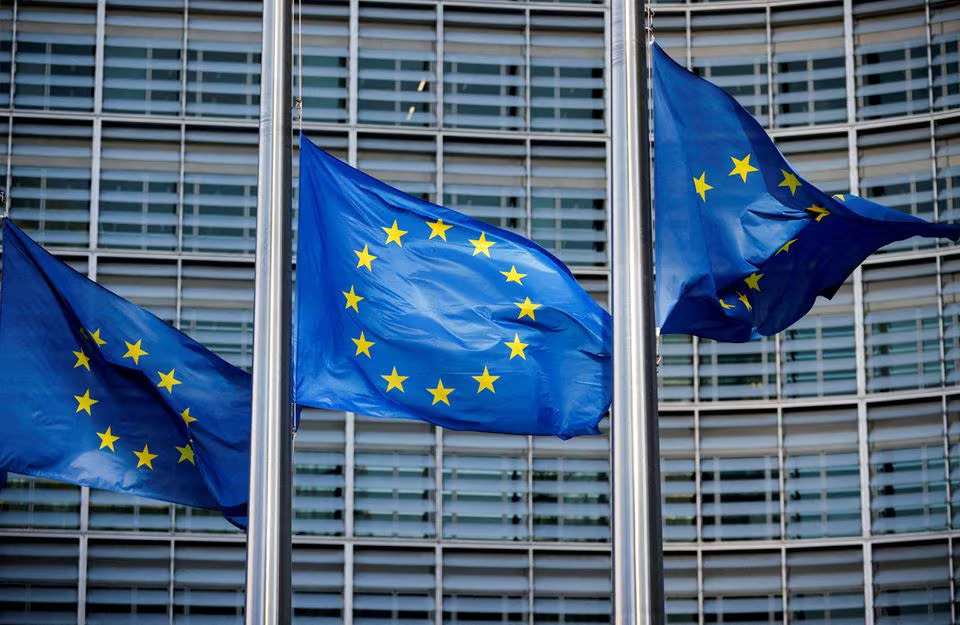
EU agrees its first ever rules for ESG raters in sector shake-up
EU states and the European Parliament reached a deal late on Monday on the bloc...
Read More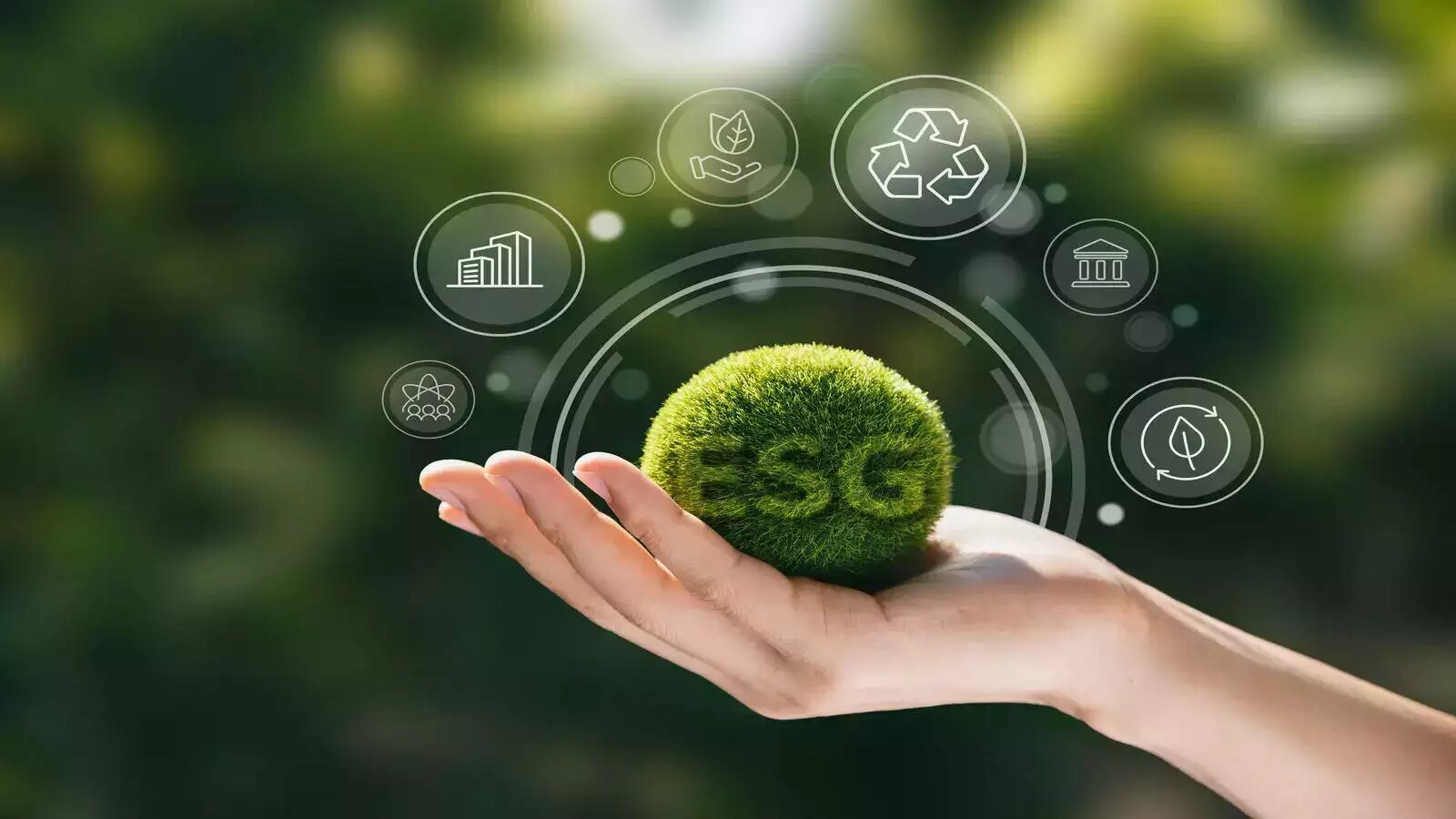
OPINION: Interim Budget 2024: The ESG impasse
ESG Civil War is currently brewing in the United States with the Democrats being...
Read More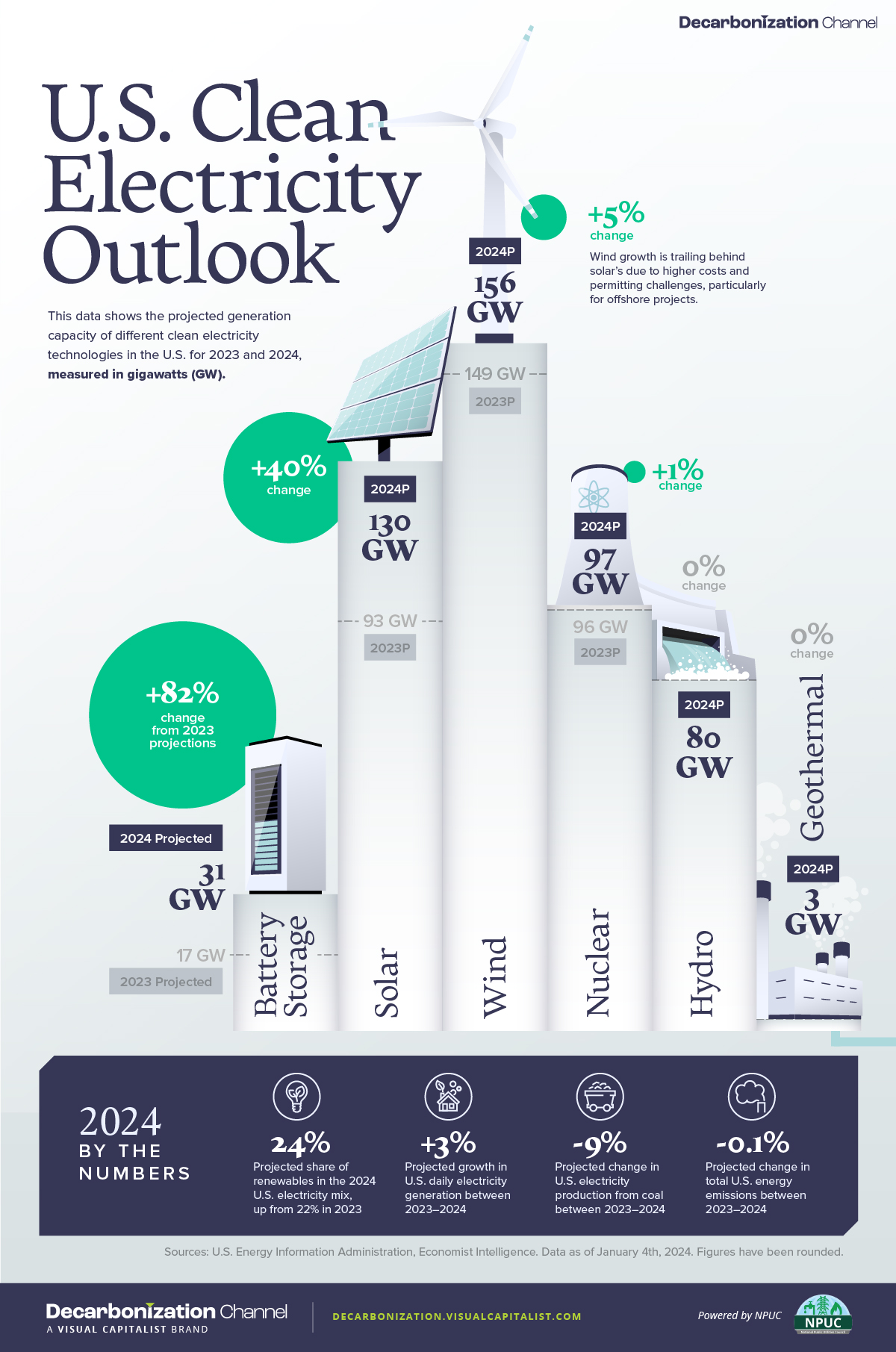
2024 U.S. Clean Electricity Outlook
Battery storage is projected to grow by 82% compared to 2023 projections, while ...
Read More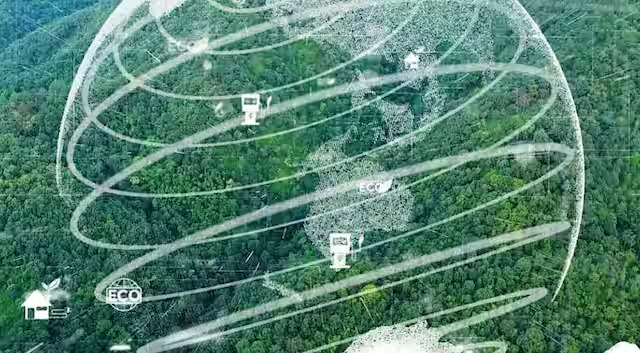
Year 2024 is when Environmental, Social and Governance (ESG) principles shed baby teeth and take bionic bite
Standardised frameworks like the International Sustainability Standards Board (I...
Read More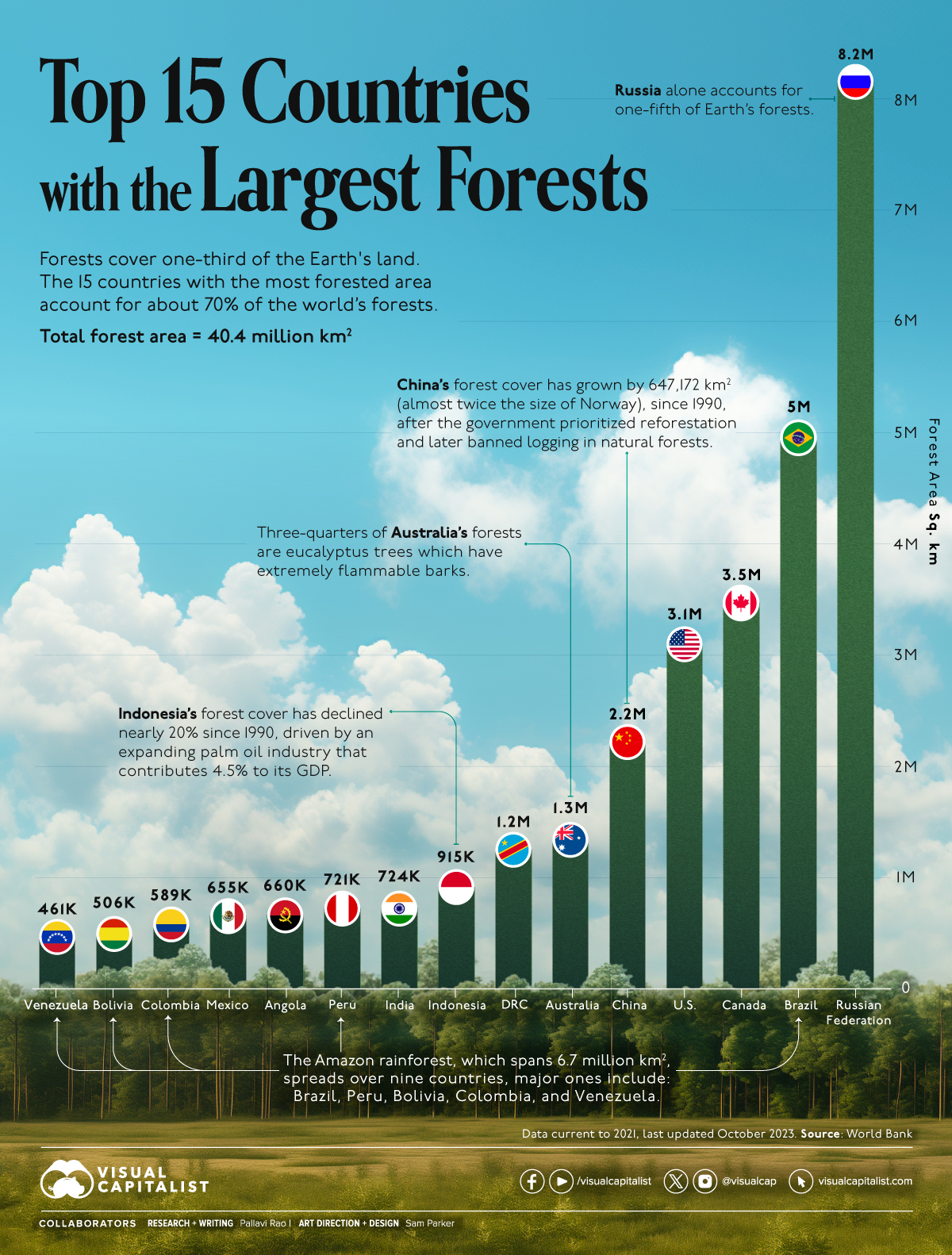
Which Countries Have the Largest Forests?
Nearly 50% of Russia is forest, measuring roughly 8 million km2. This is bigger ...
Read More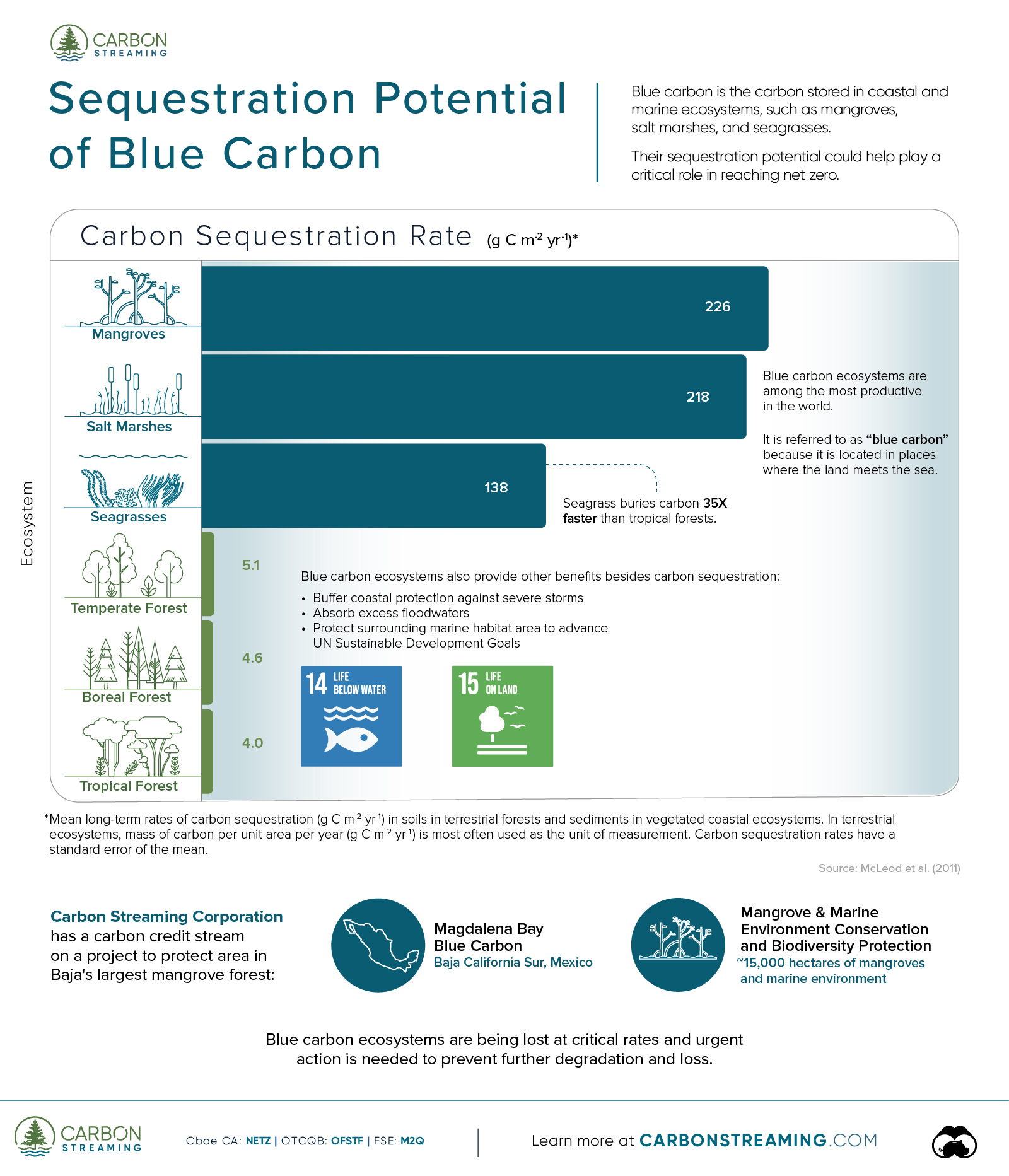
How Blue Carbon Combats Climate Change
Today, 33 billion metric tons of carbon is stored in blue carbon ecosystems....
Read More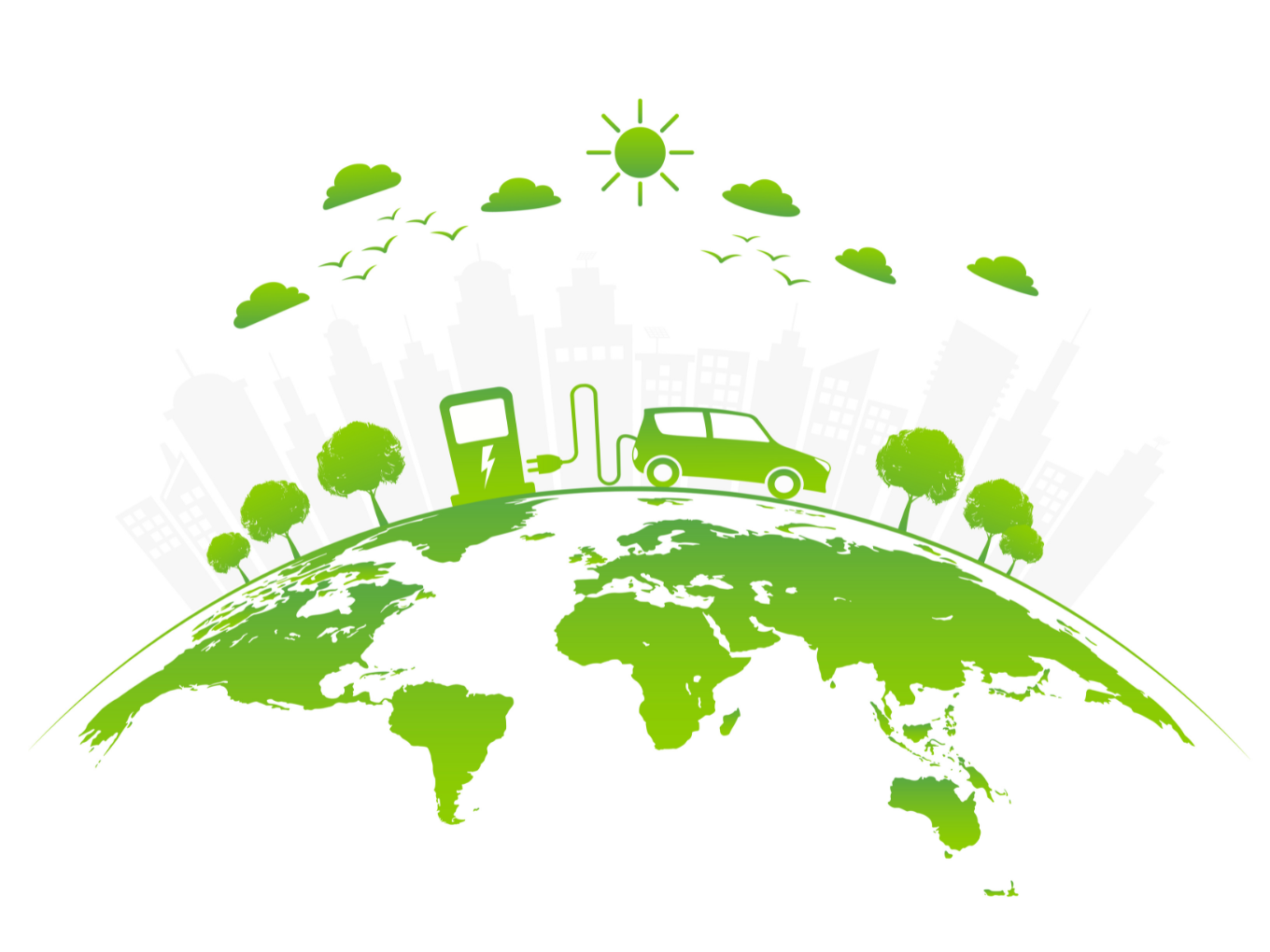
Driving Towards Sustainable Future: Navigating BRSR Guidelines Through The Electric Vehicle Horizon
Within the tech-driven ecosystem, MoveInSync, with its 5,000-vehicle platform, r...
Read More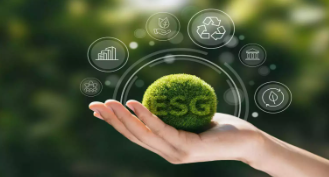
Beyond Compliance: Unleashing the True Power of ESG
In a rapidly changing world, Prof. Stuart Hart and Vipul Arora highlight the...
Read More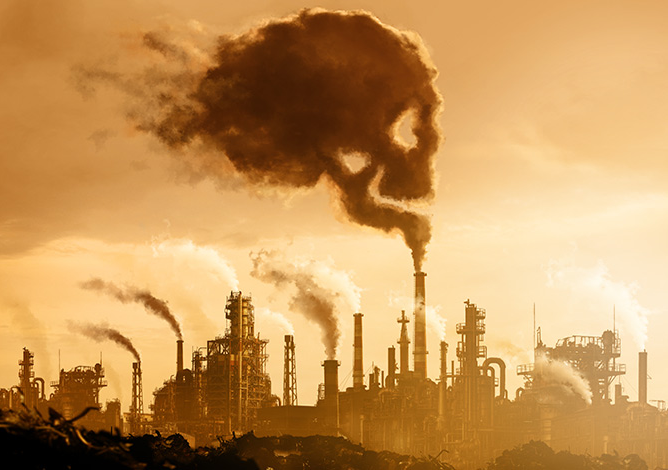
Carbon trading in India: Local actions for the global commons
The United Nations Framework Convention on Climate Change’s (UNFCCC) strategy ...
Read More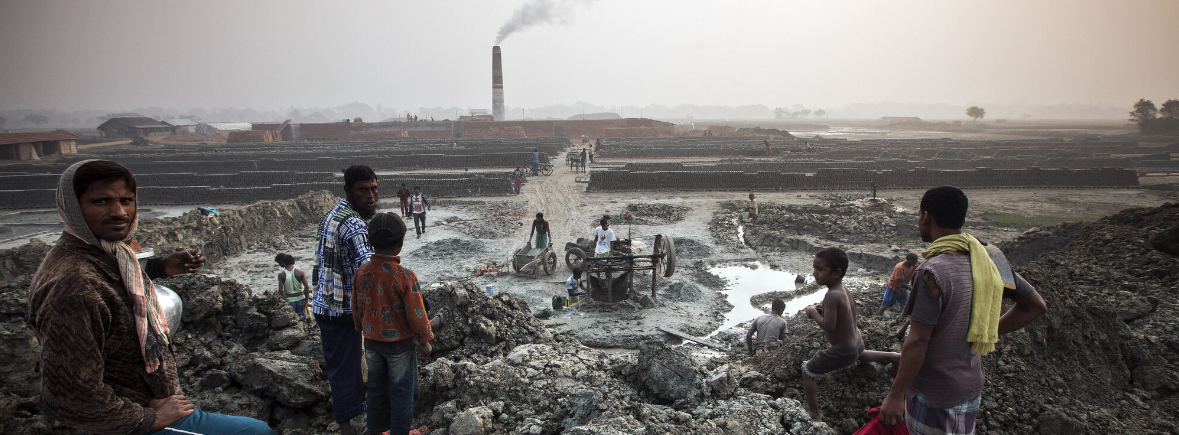
India’s existing policies may achieve 2030 emission targets but emissions will rebound post-2030: IMF
India’s Nationally Determined Contributions (NDC) target is to reduce the emis...
Read More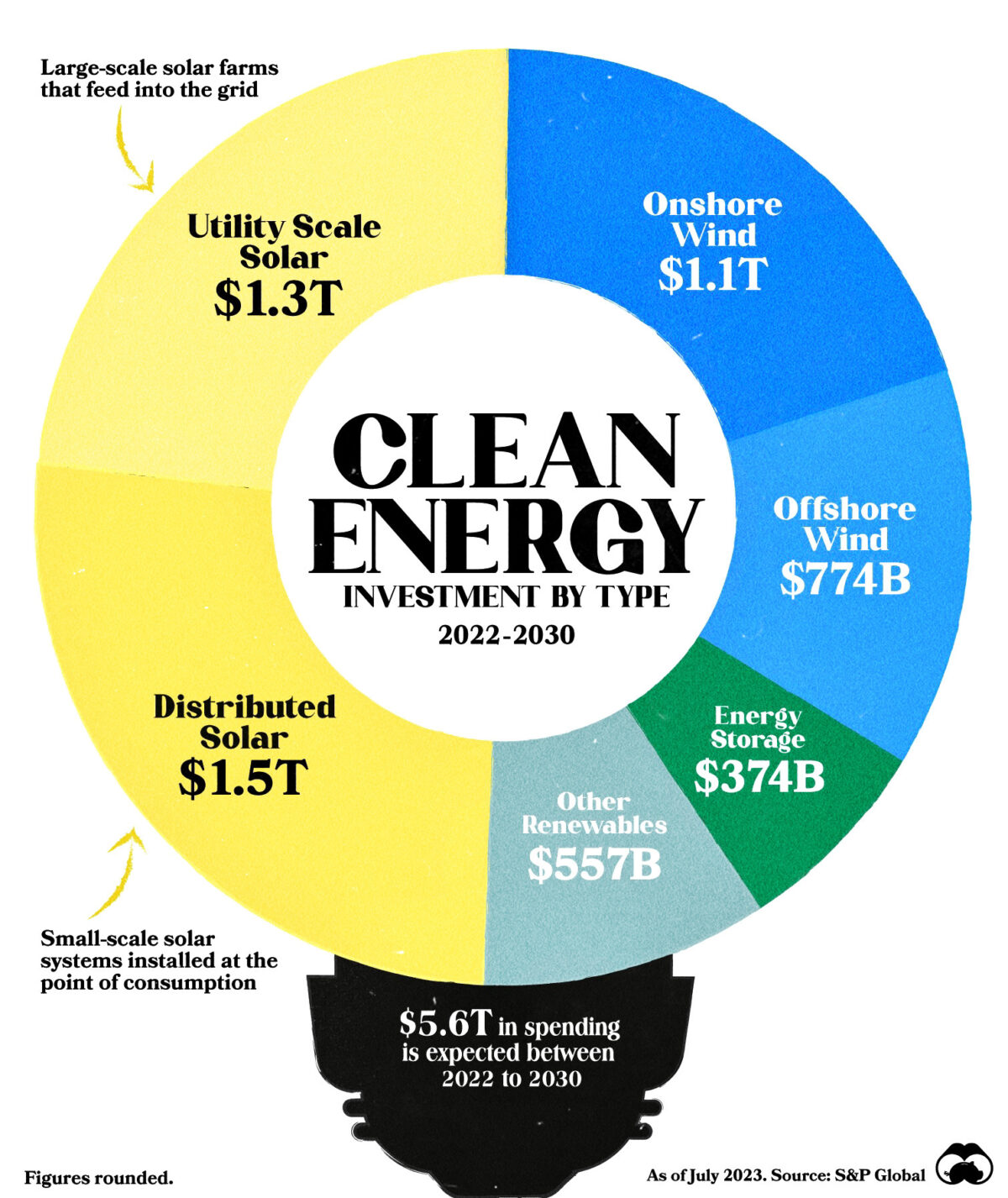
Visualized: Global Clean Energy Spending Forecasts (2022-2030)
Global clean energy funding is projected to total $5.6 trillion between 2022 and...
Read More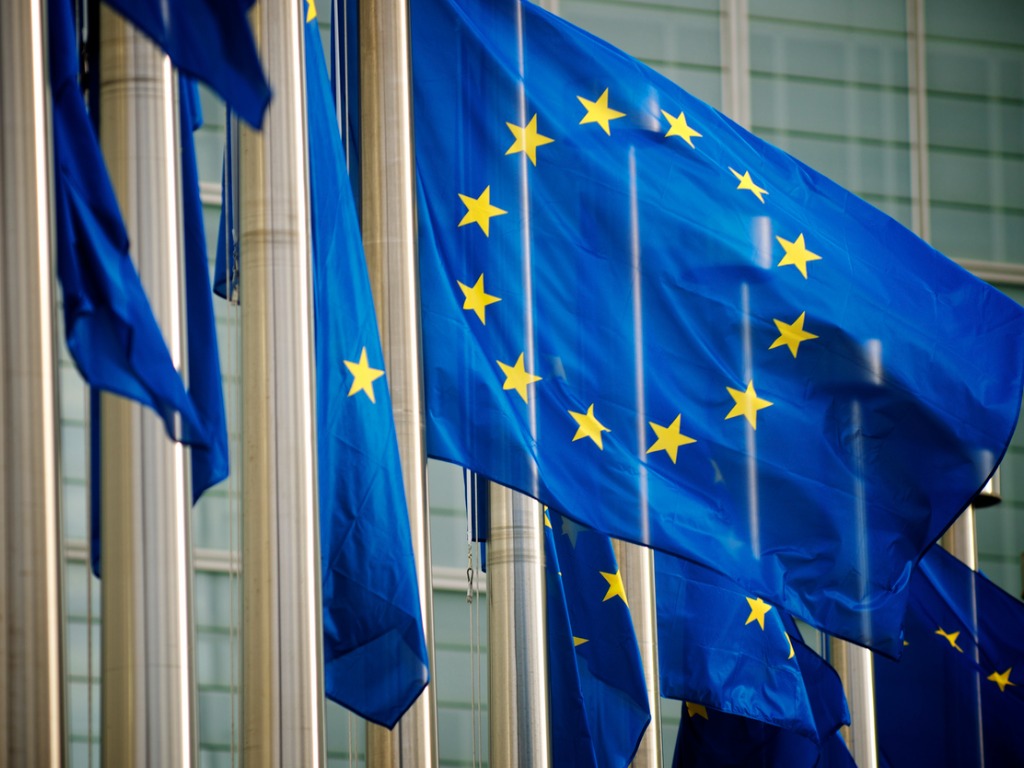
EU Commission Proposes Regulation of ESG Ratings Providers
The European Commission released a series of measures on Tuesday aimed at bolste...
Read More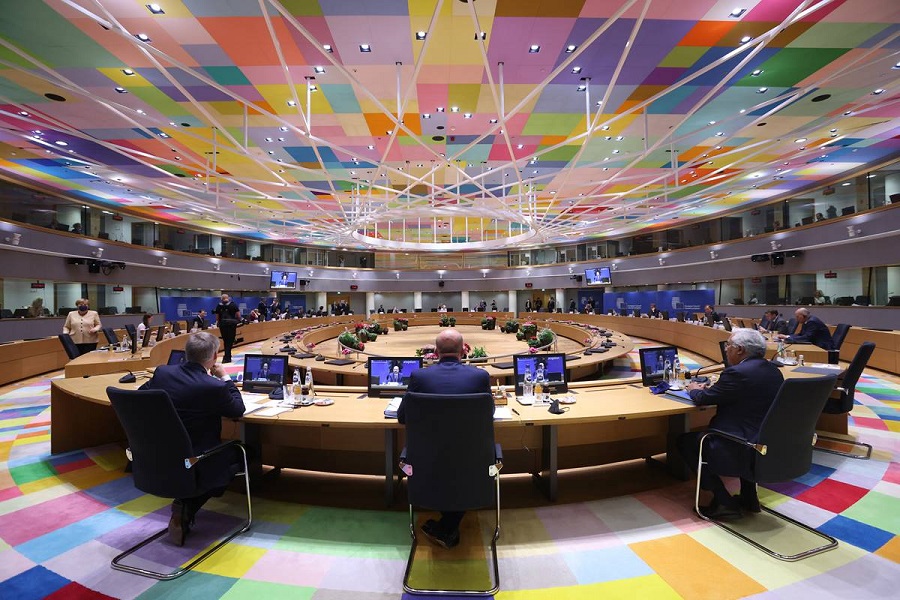
EU Council Agrees on Proposal to Regulate ESG Ratings Providers
The European Council announced today that it has reached an agreement on a propo...
Read More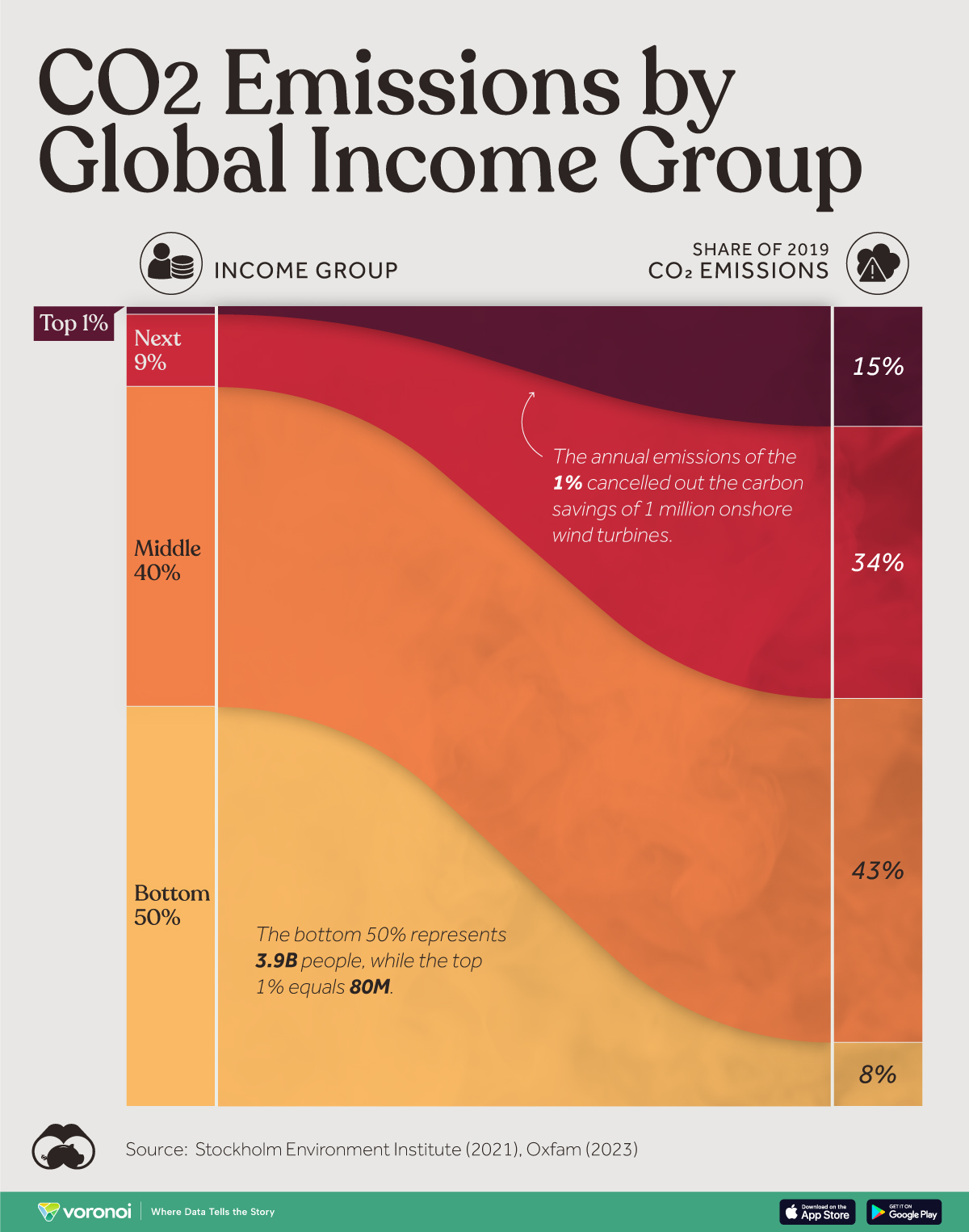
Charted: Global CO2 Emissions by Income Group
From a historical perspective, the current demand for natural resources has surg...
Read More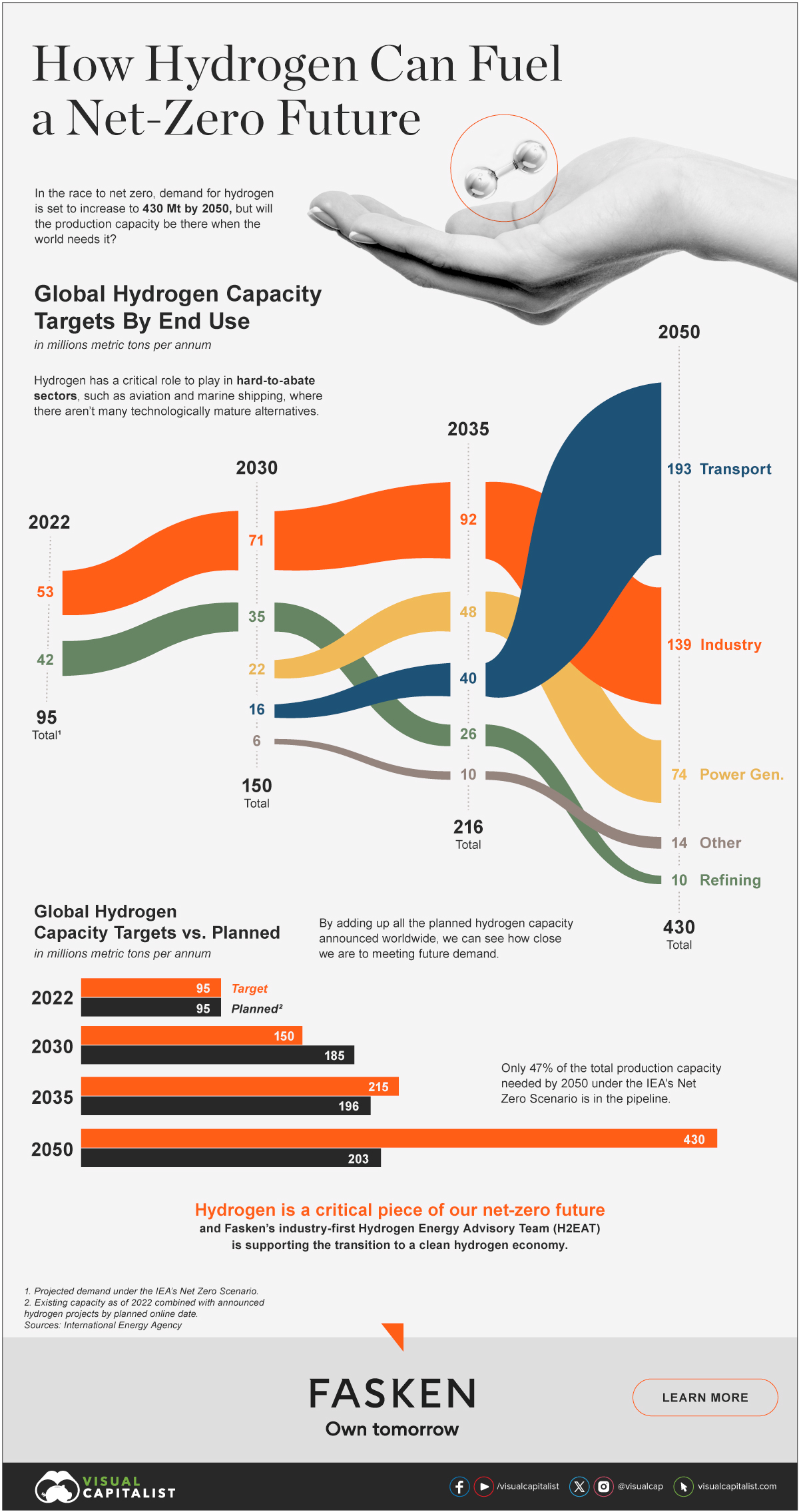
How Hydrogen Could Fuel a Net-Zero Future
Hydrogen has a 300% higher energy content than gasoline, is harnessed by our sun...
Read More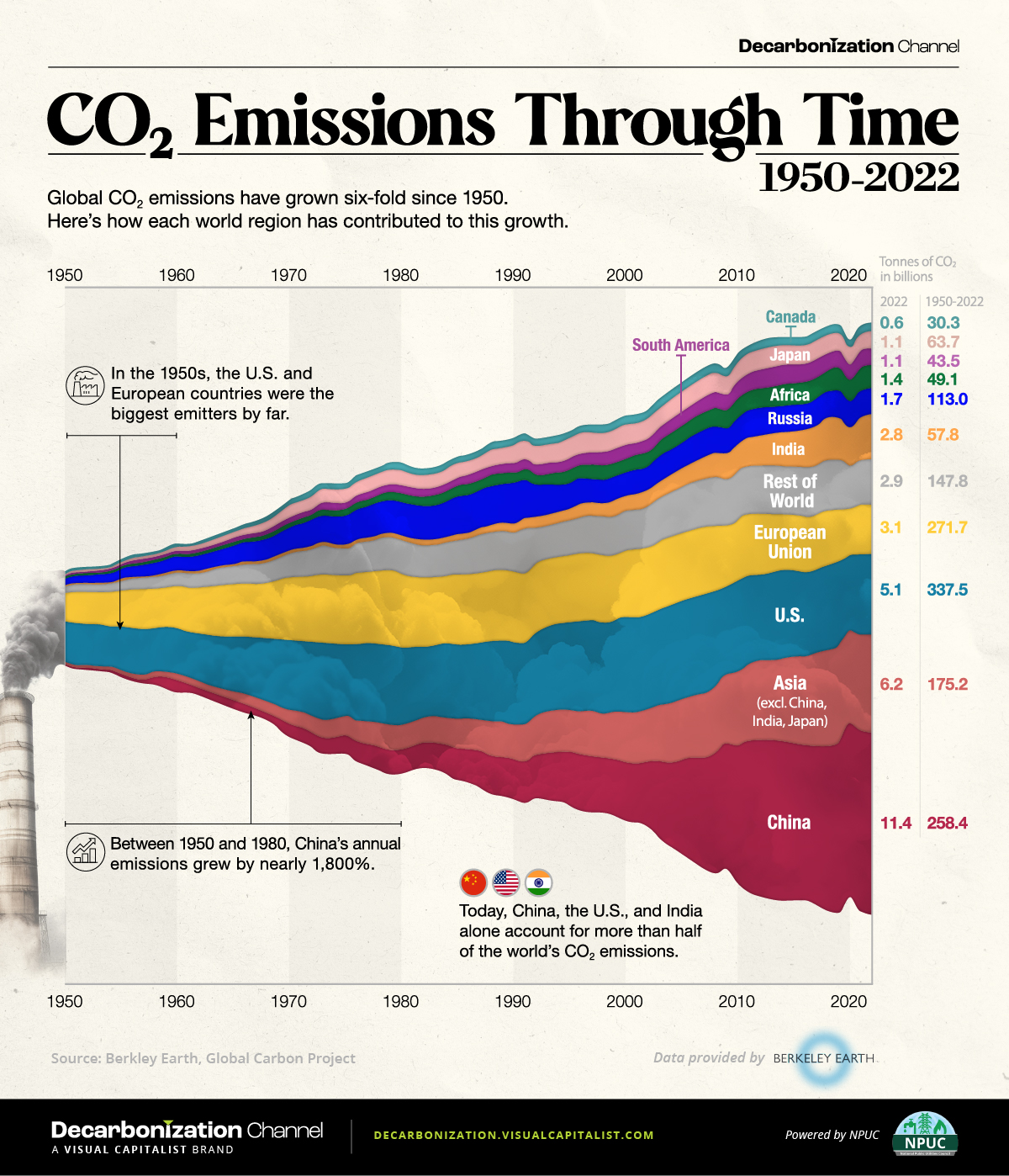
Visualized: Global CO2 Emissions Through Time (1950–2022)
In the 1950s, the United States and the countries that later formed the European...
Read More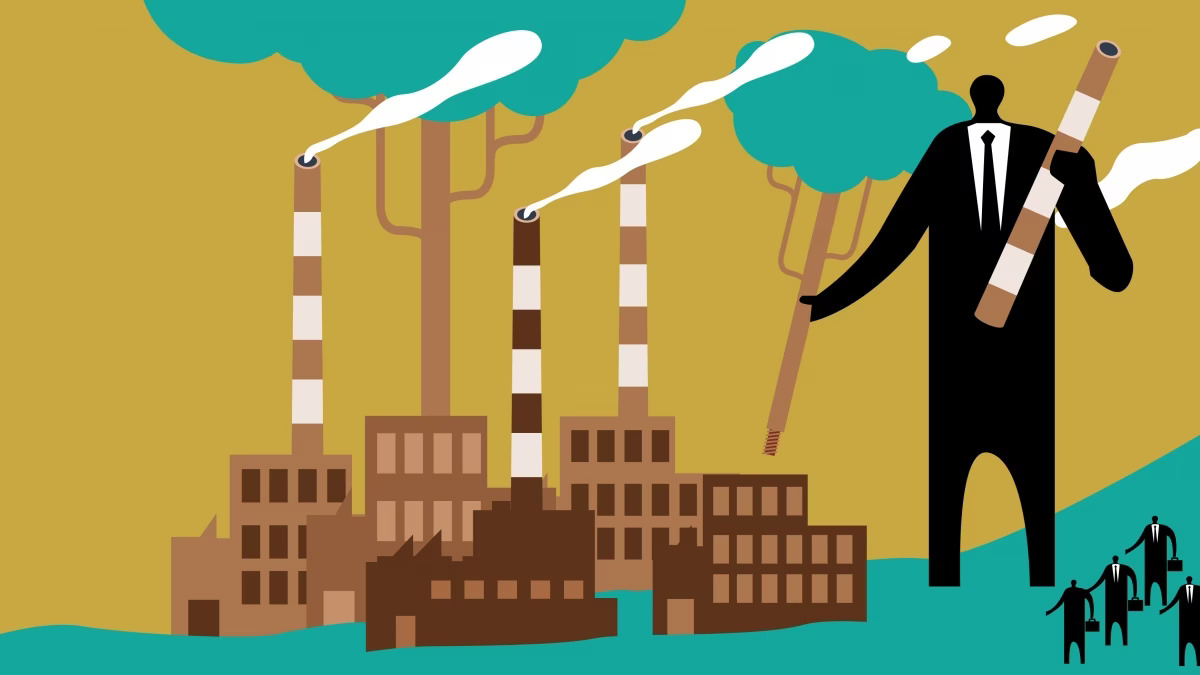
How Sebi's stringent sustainability reporting mandate is proving to be a challenge for top listed companies
In 2021, the Securities and Exchange Board of India (Sebi) took a big leap in pr...
Read More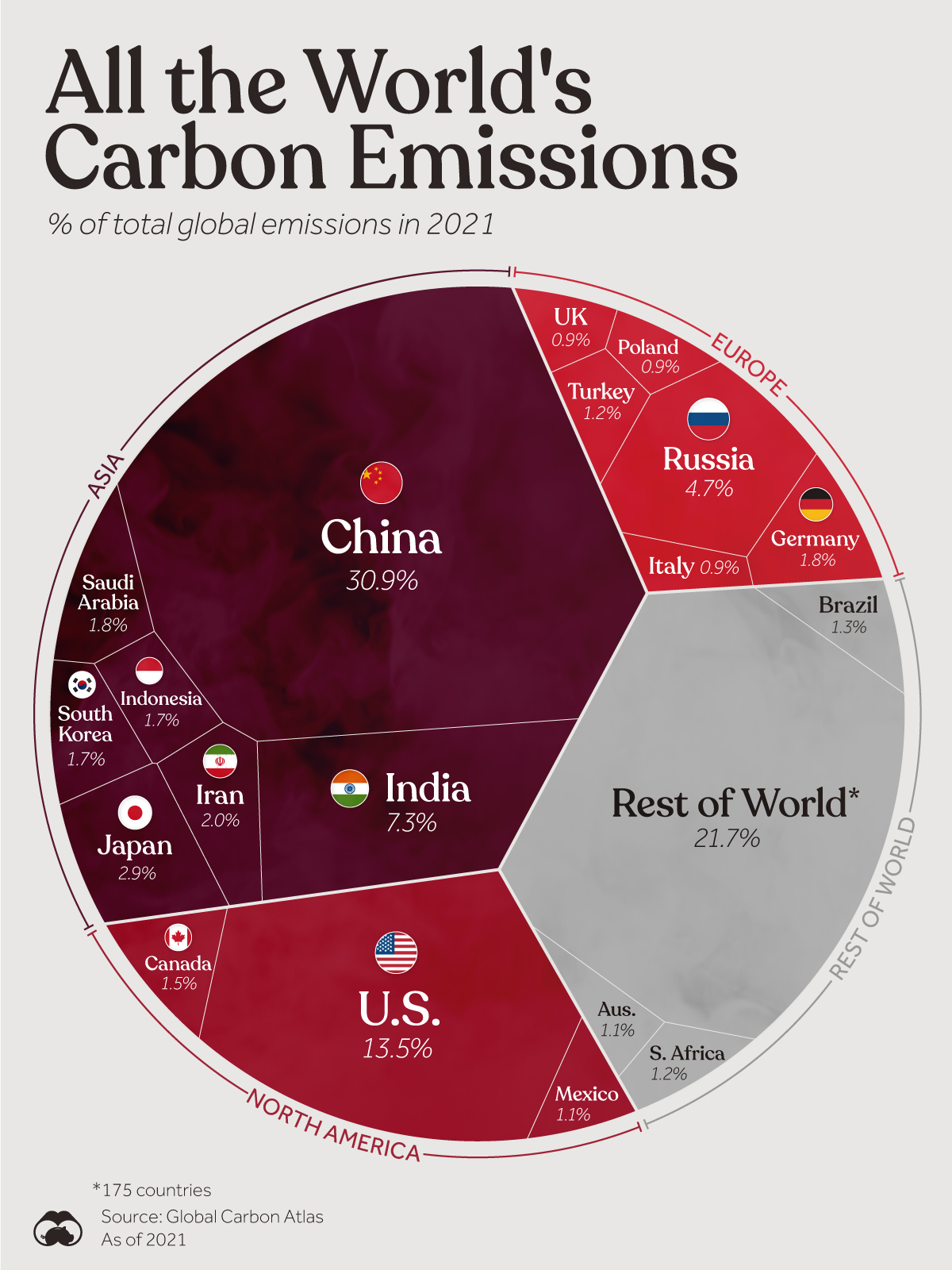
Visualizing All the World’s Carbon Emissions by Country
The greenhouse effect, essential for sustaining Earth’s life-friendly temperat...
Read More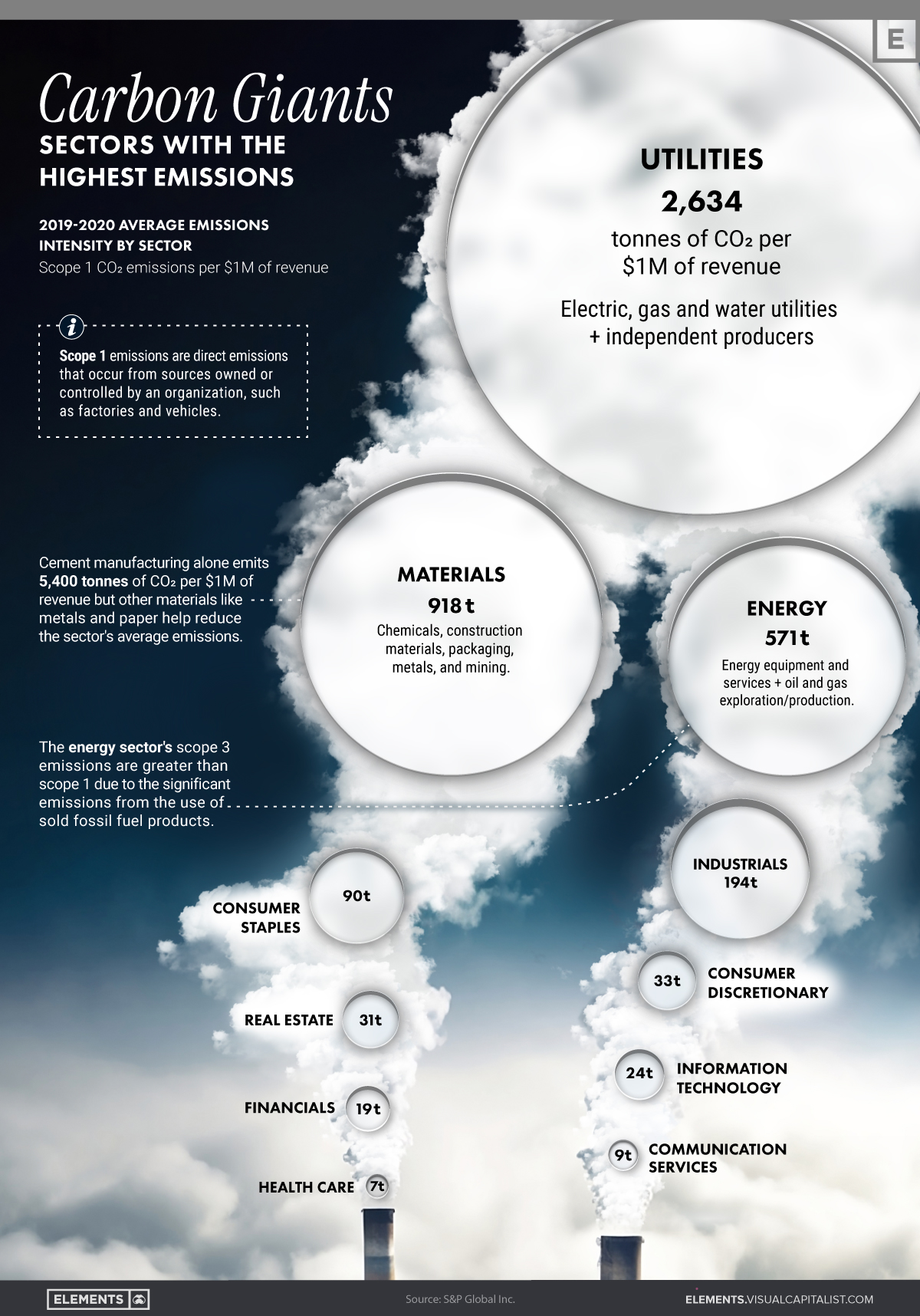
Ranked: The Most Carbon-Intensive Sectors in the World
According to S&P Global’s analysis of 2019-2020 average emissions intensity by...
Read More
Comment: Why biodiversity is about to go mainstream in ESG investing
Biodiversity and nature are as critical as climate change for determining humani...
Read More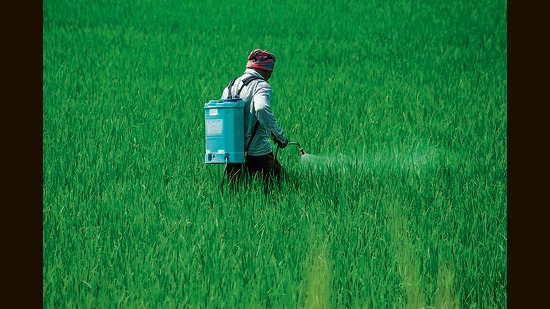
Uttar Pradesh farmers to earn additional income from carbon credits
In its agroforestry policy, the state aims to increase its green cover from the ...
Read More
64% of Institutional Investors Say Financial Returns is Top Driver for Sustainable Investing: Schroders
Among the survey respondents, half reported that they have set net zero GHG emis...
Read More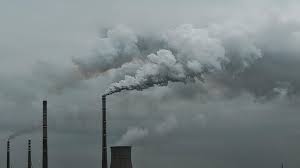
New carbon trading scheme opens up opportunity for farm sector
The scheme kicks in with an amendment to the Energy Conservation Act, 2001, pavi...
Read More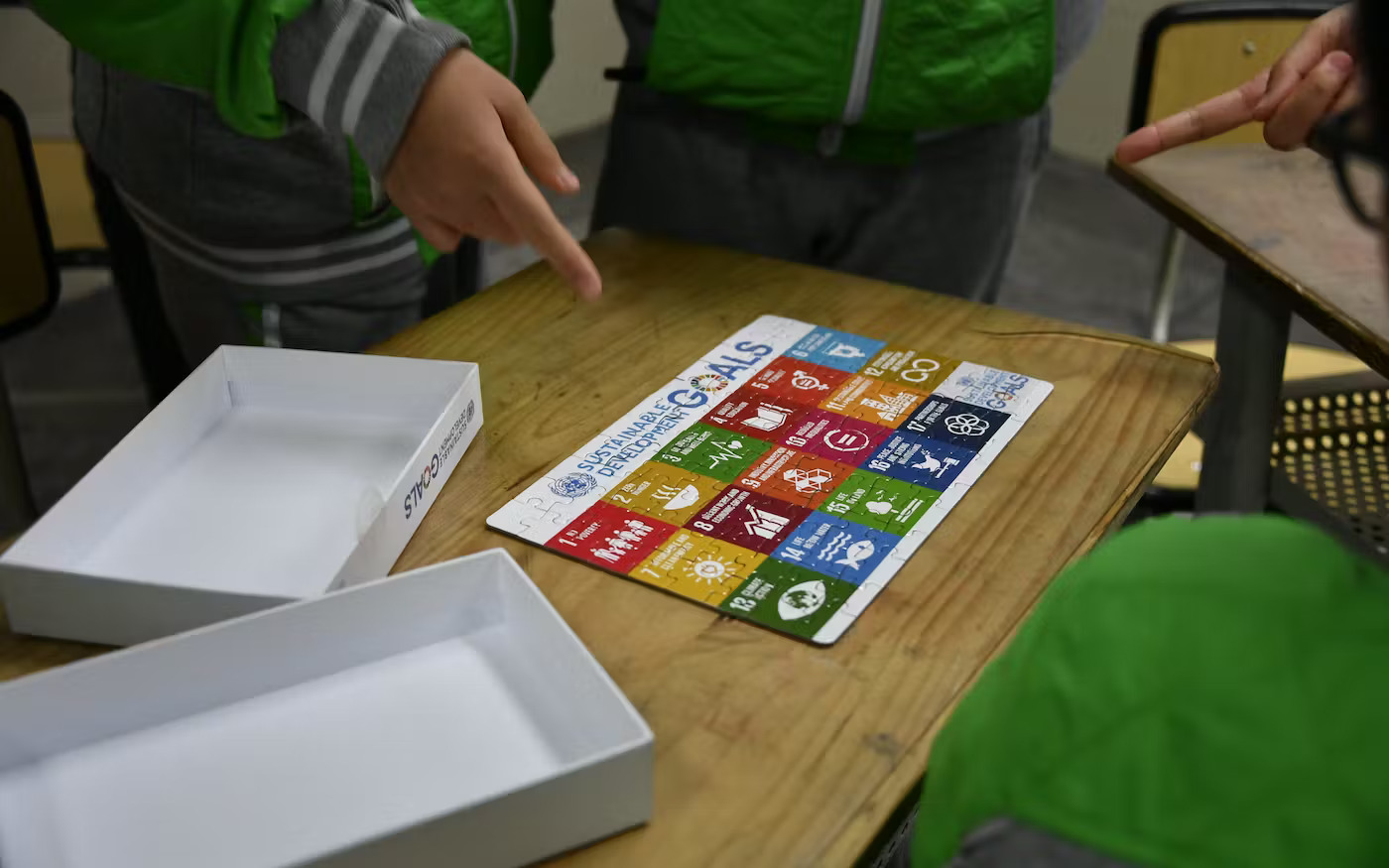
Ethical investing: Where are we now on ESG?
Sustainable investing has boomed, reaching US$35.3 trillion by the start of 2020...
Read More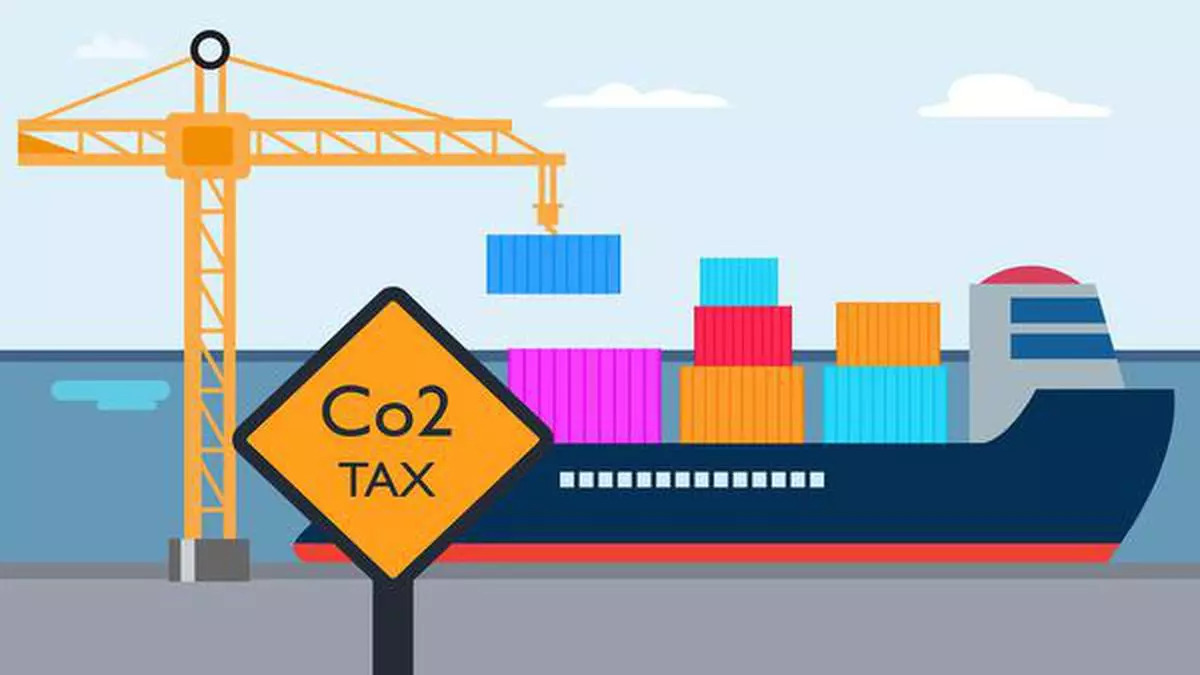
CBAM: EU ready to consider India’s offer to collect carbon tax but after detailing
The EU is ready to consider India’s proposal of domestic collection of the car...
Read More
Smoke and mirrors: A look inside ESG fund portfolios
According to Diab and Adams (2021), responsible firms are on track to manage a s...
Read More
Corporate Britain Faces Backlash Over ESG Ambiguity
Only 13% of the British public claim to have a 'good understanding' of the term ...
Read More
EU's CBAM: Taxing trade for transition amid global climate concerns
EU is at the onset of implementing its much awaited carbon emission reporting re...
Read More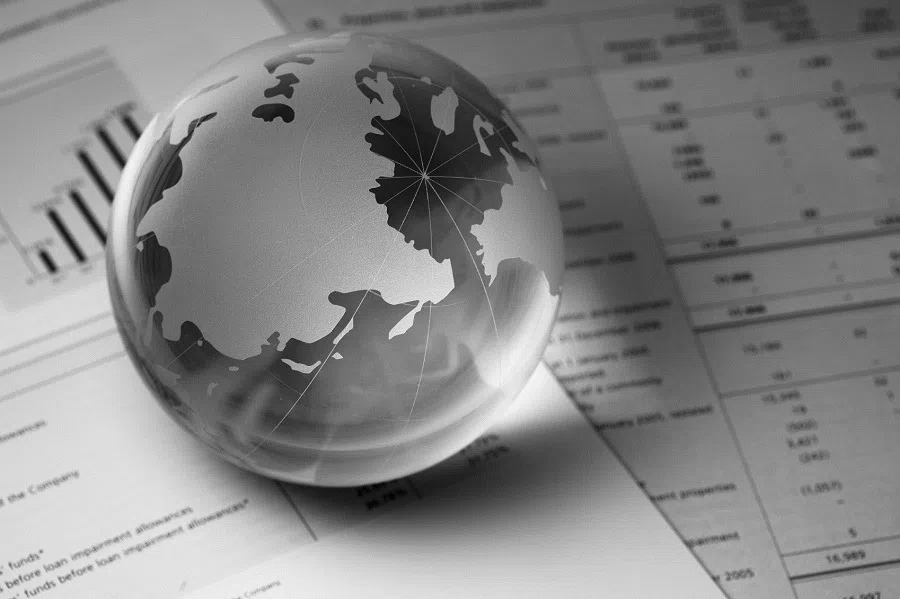
Sustainable global equity through the looking glass
As markets emerged, blinking into the light of day towards the end of the Covid ...
Read More
Visualized: An Investor’s Carbon Footprint, by Sector
Understanding the carbon emissions in different sectors is a key way to make env...
Read More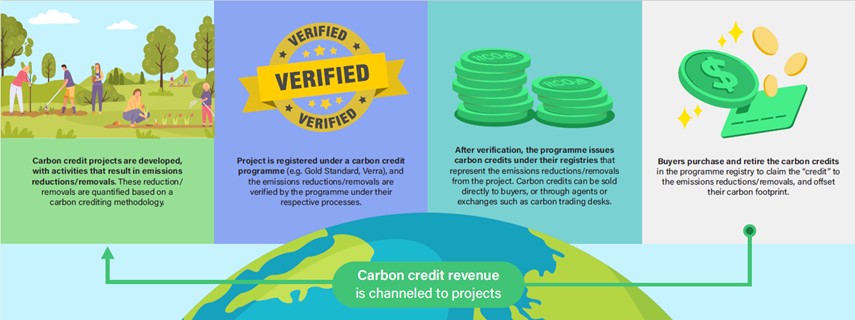
Singapore Sets Out Eligibility Criteria For International Carbon Credits Under The Carbon Tax Regime
The Ministry of Sustainability and the Environment (MSE) and the National Enviro...
Read More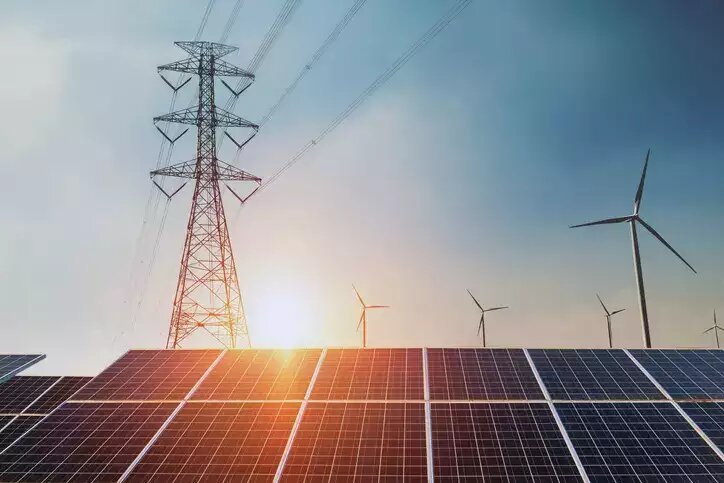
ESG predicted to constitute 34 per cent of India’s domestic AUM by 2051: Study
New Delhi: Aligned with India's target to achieve net-zero emissions by 2070, a ...
Read More
Three-quarters of firms globally are not ready for new ESG rules, KPMG finds
Three-quarters of companies globally are not ready to have their environmental,...
Read More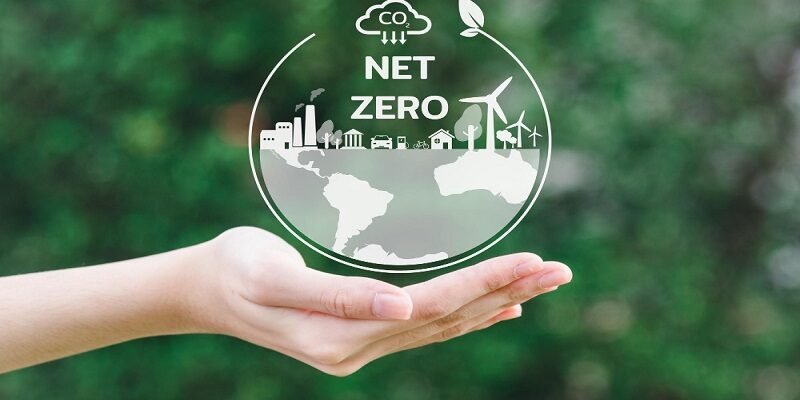
Advancing ESG priorities will be a primary innovation goal for technology functions over the next two years: KPMG Report
The report reveals customer experience, ESG, and cybersecurity are considered ke...
Read More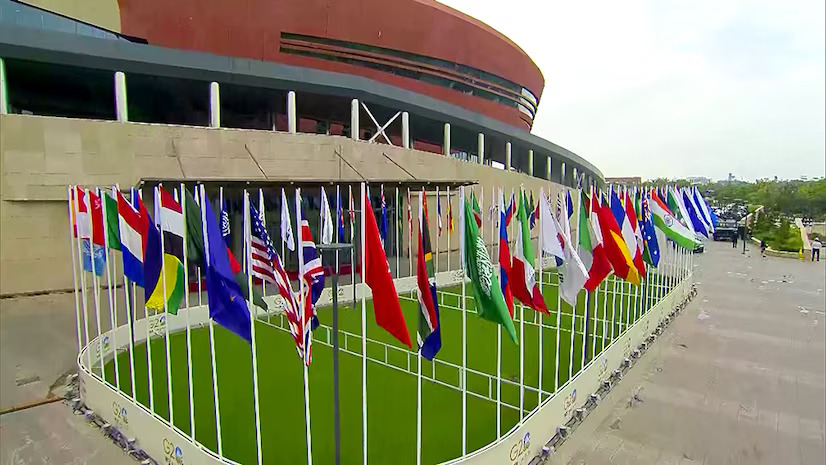
G20 Summit Delhi: 4 Ways in which the G20 Declaration will accelerate ESG
The big takeaway from the declaration is a clear commitment by the members to ac...
Read More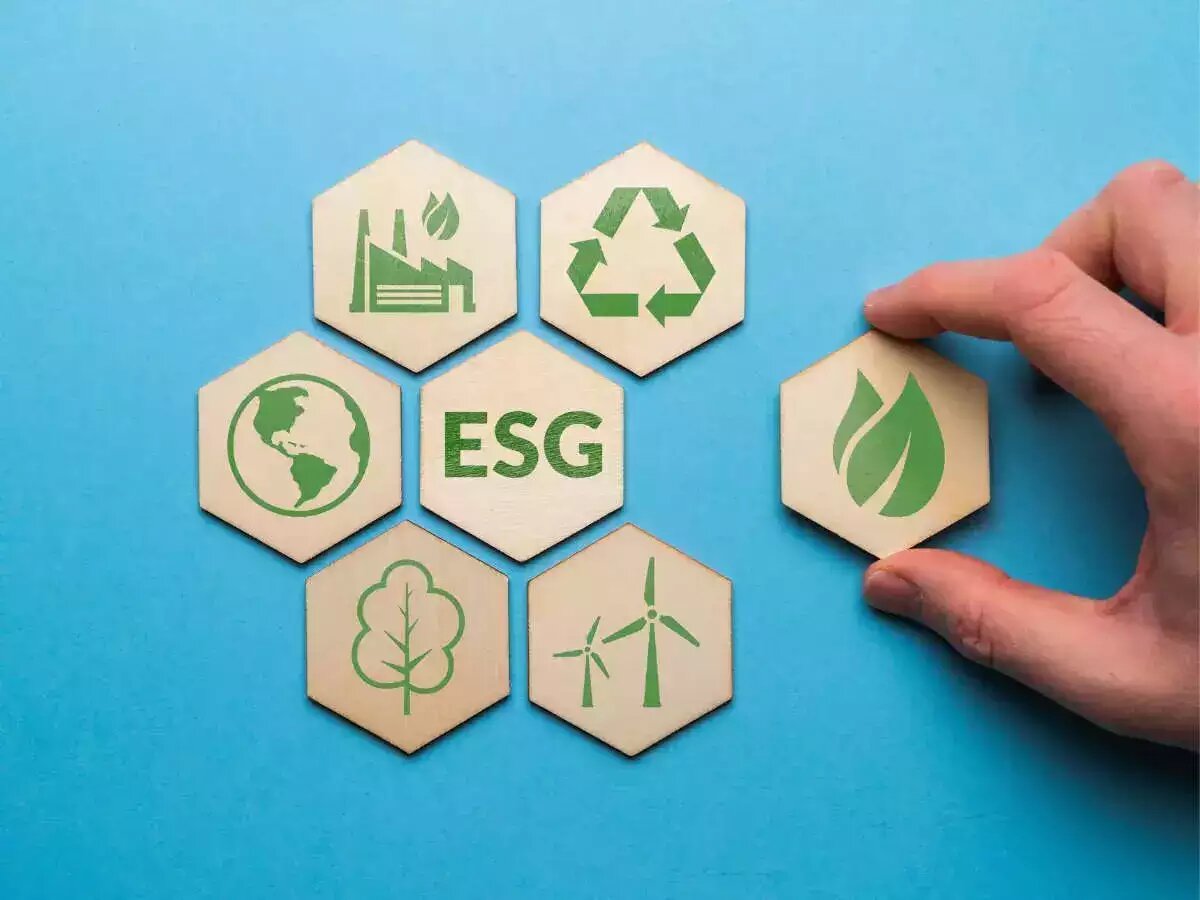
Higher ESG ratings correlate with better investment returns: Reports
Key findings from the study revealed that ESG Leaders globally earned an average...
Read More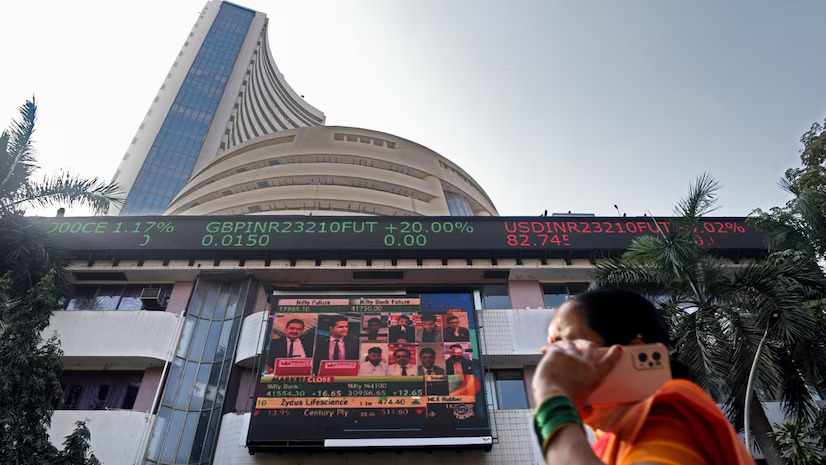
Trailblazing rules to boost India's ESG mkt, to attract investors: JPMorgan
India’s new rules for environmental, social and governance investments and rat...
Read More
Box ticking will not work with SEBI’s new ESG framework
The key performance indicators, as sought in the BRSR Core, are quantifiable and...
Read More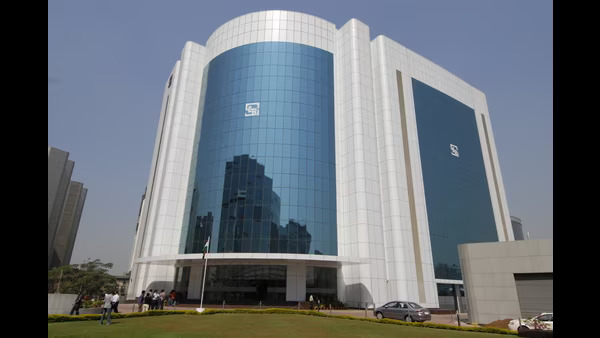
Why an ESG-conscious investing ecosystem is very important for India
India has been a bystander as the ESG (environmental, social and governance) rev...
Read More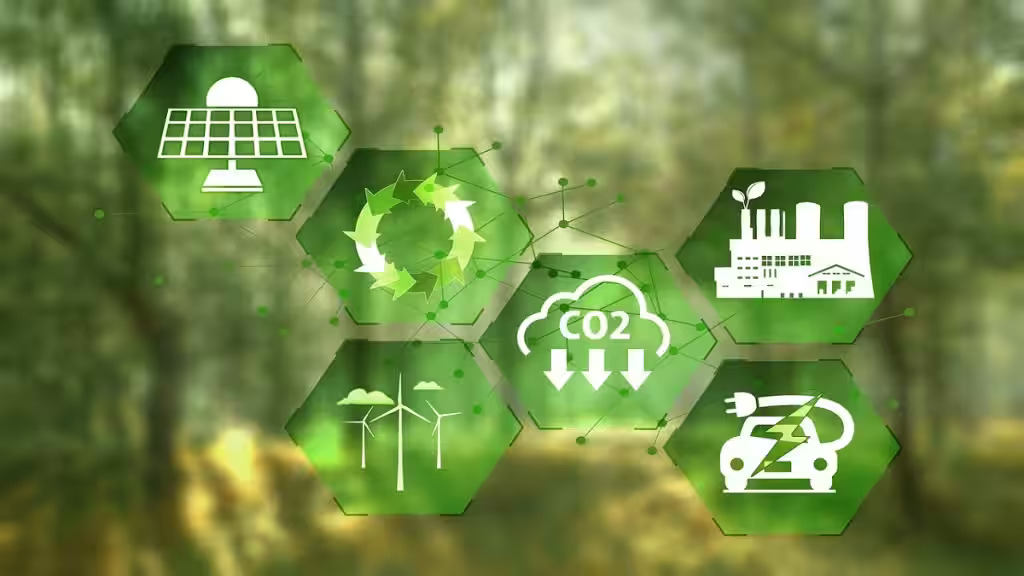
Sustainable investing goes digital: Exploring the latest technological advancements for ESG integration
In the evolving world of Alternative Investments, digitization stands at the he...
Read More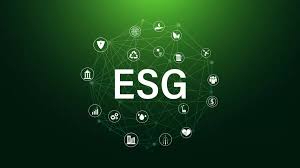
India’s Updated Sustainability Reporting Format and Rules for ESG Ratings Providers
In July 2023, SEBI added new ESG metrics for mandatory disclosure under ‘BRSR ...
Read More
SEBI introduces 6 new mutual fund strategies under ESG theme
Under the current regulatory requirements, mutual funds are permitted to launch ...
Read More
Rich nations on track to raise $100 billion climate funds
While the resources had to be generated annually from 2020 itself, the rich nati...
Read More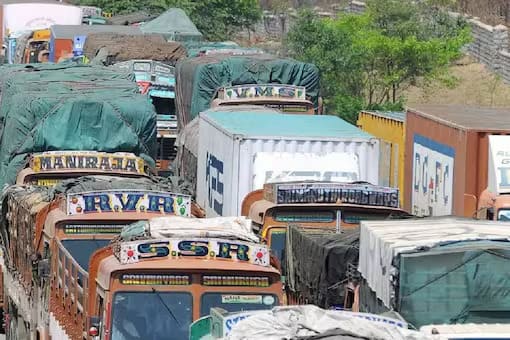
World Economic Forum, Partners to Develop India's First Zero-Emissions Road Freight Cluster
WEF says a transition to zero-emission trucks can lead to 2.8–3.8 gigatons of ...
Read More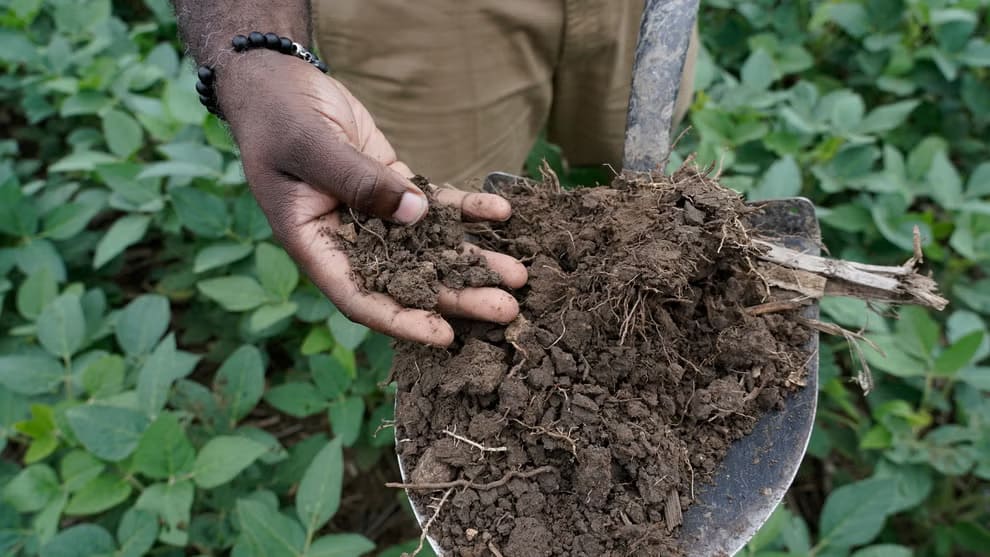
Farm fields don't just feed us. They store carbon. But a big question is how much
There's one more big payoff that benefits everyone: tilling the soil less, and g...
Read More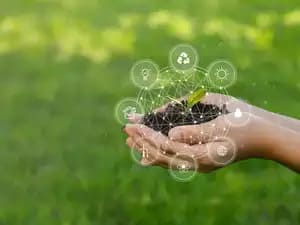
To counter rich nations' environment levies, carbon tax on imports in the works
The government is considering levying a carbon tax on imports from countries wit...
Read More
From Nuclear Fallout To Microplastics, Earth Enters Anthropocene
Paris, France: As scientists make the case that humans have fundamentally transf...
Read More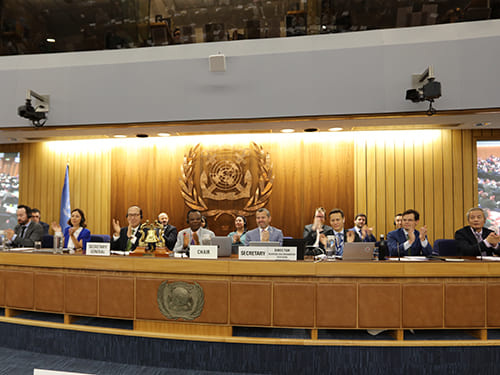
Revised GHG reduction strategy for global shipping adopted
The revised IMO GHG Strategy includes an enhanced common ambition to reach net-z...
Read More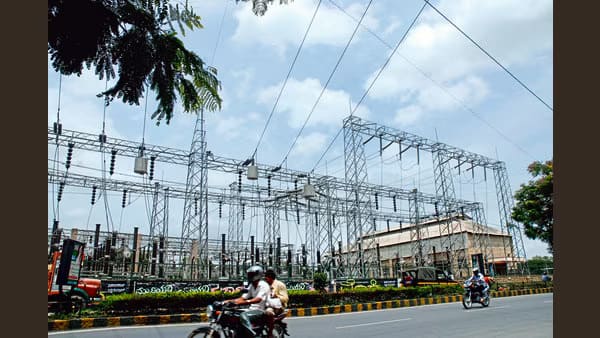
Steering committee to be formed for carbon market
The Central Electricity Regulatory Commission (CERC) has been mandated to regula...
Read More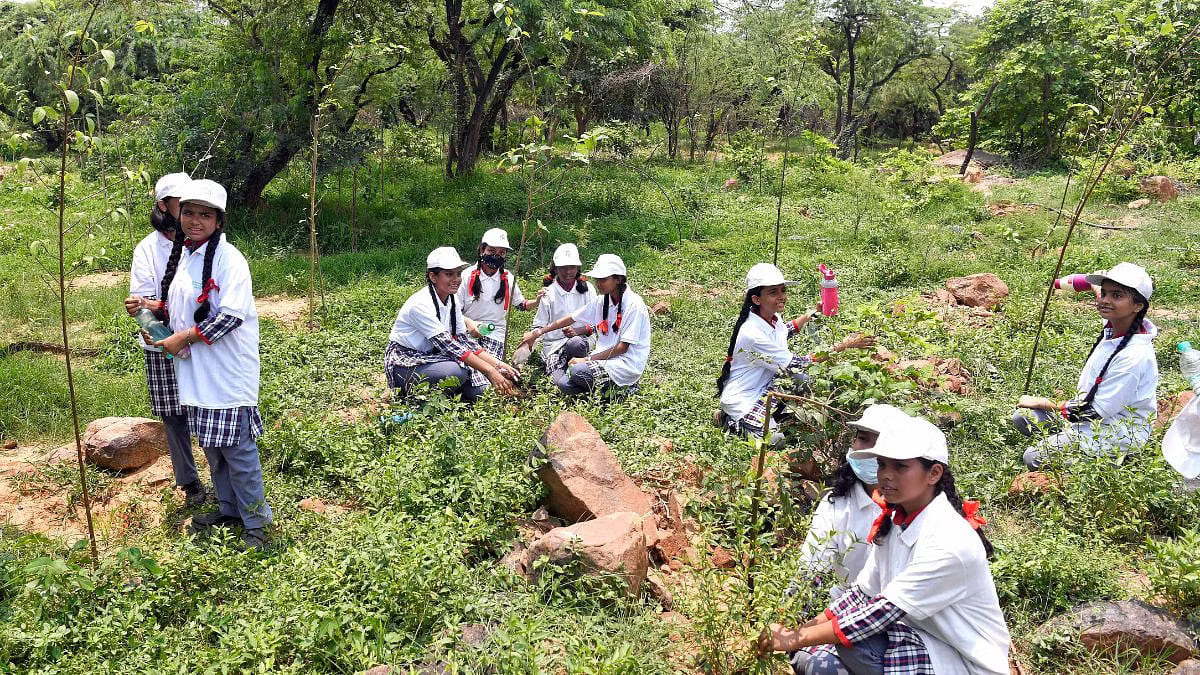
Govt notifies draft rules for India’s ‘Green Credit’ scheme — ‘meant to incentivise voluntary action’
The Ministry of Environment, Forest and Climate Change (MoEFCC) Tuesday notifie...
Read More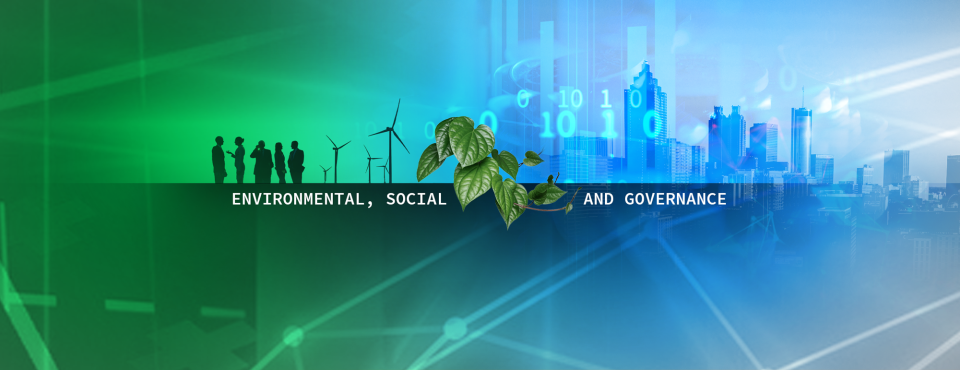
ESG Investors Get First-Ever Set of Global Reporting Standards
ESG investing passed a milestone on Monday as the first ever set of global repor...
Read More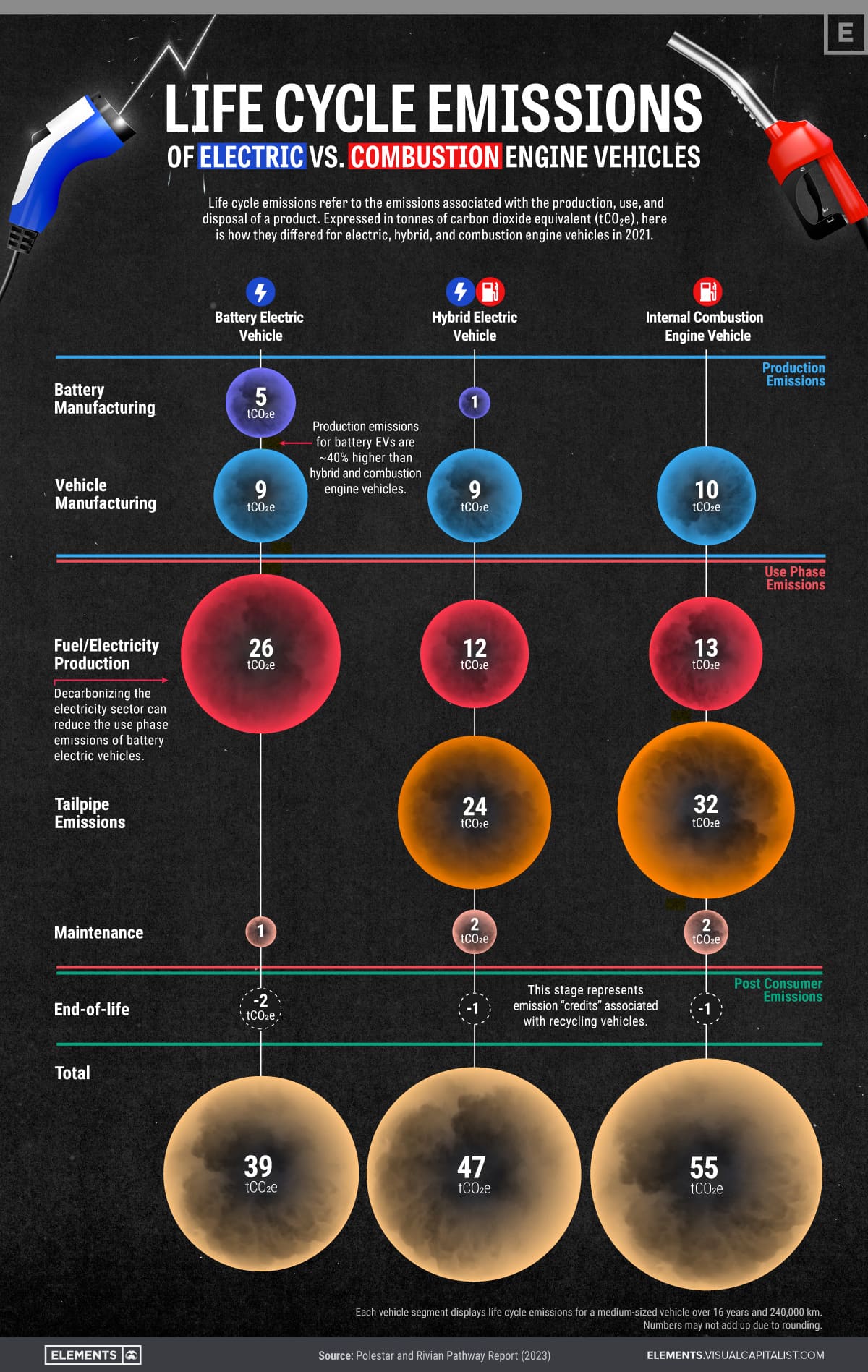
Life Cycle Emissions: EVs vs. Combustion Engine Vehicles
According to the International Energy Agency, the transportation sector is more ...
Read More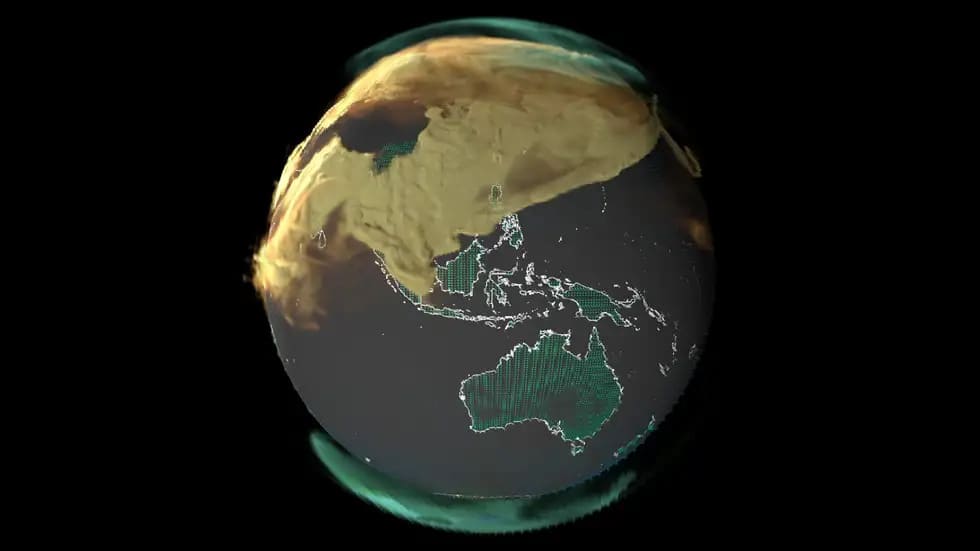
New NASA Video Depicts Emission and Movement of Carbon Dioxide All Around the Earth
In three videos, NASA expresses the voyage of carbon dioxide from source to sink...
Read More
Carbon market framework likely in two weeks
New Delhi: The much-anticipated norms and the framework for the carbon market is...
Read More
Explained: The Relationship Between Climate Change and Wildfires
Each year, thousands of wildfires burn through millions of acres of land around ...
Read More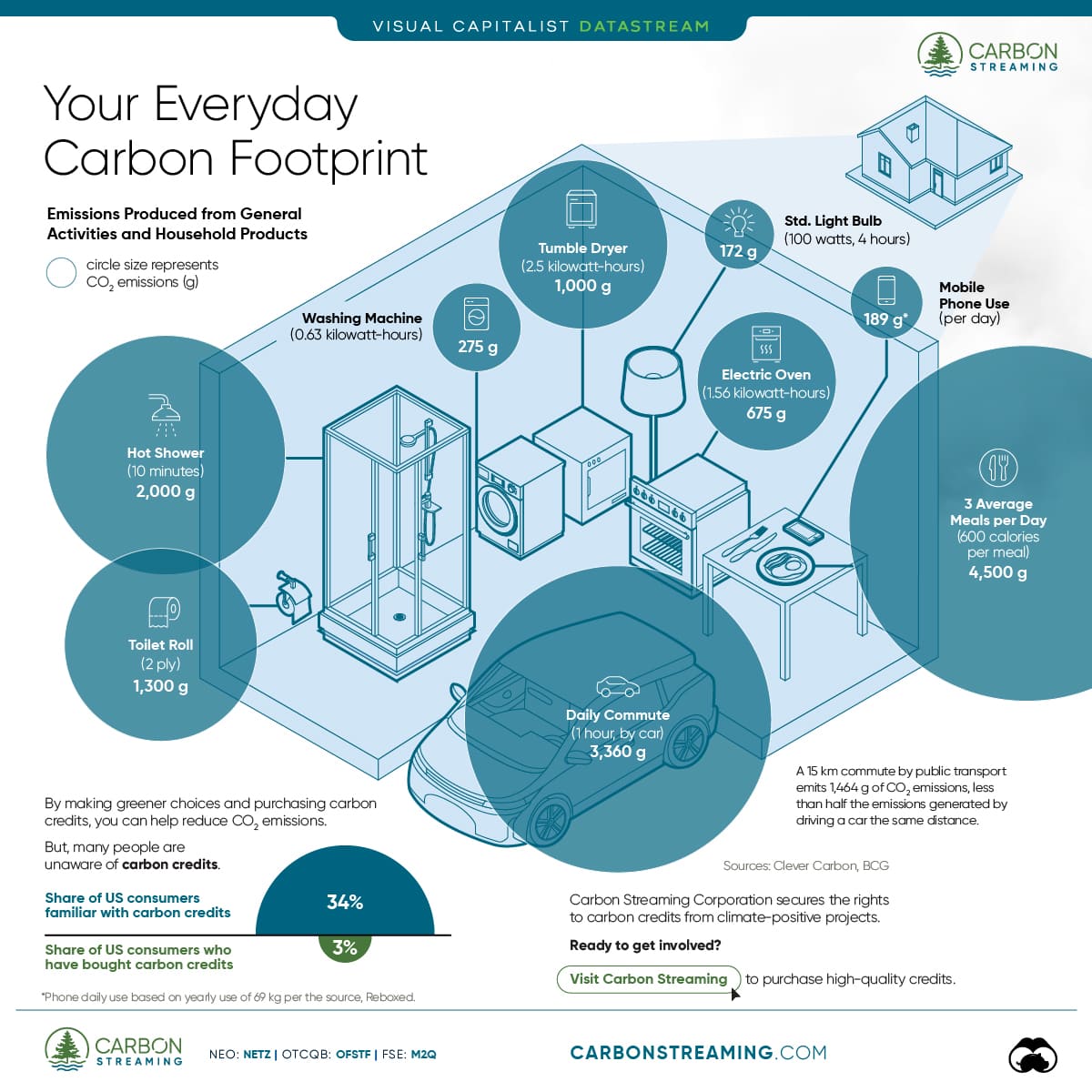
Can You Calculate Your Daily Carbon Footprint?
A person’s carbon footprint is substantial, with activities such as food consu...
Read More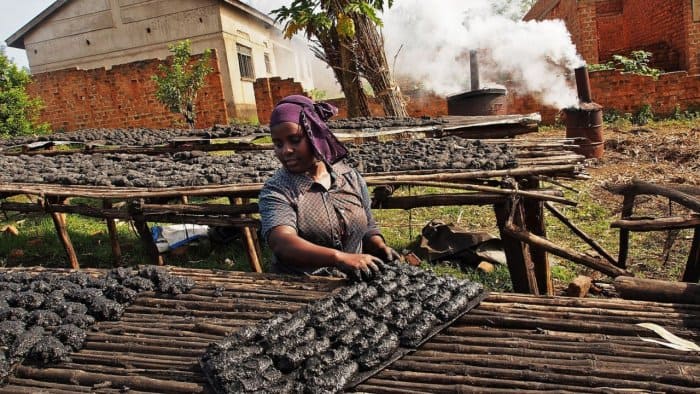
Ancient Amazon charcoal seen as next big thing in carbon markets
Biochar has the potential to sequester up to 2 billion tons of carbon dioxide an...
Read More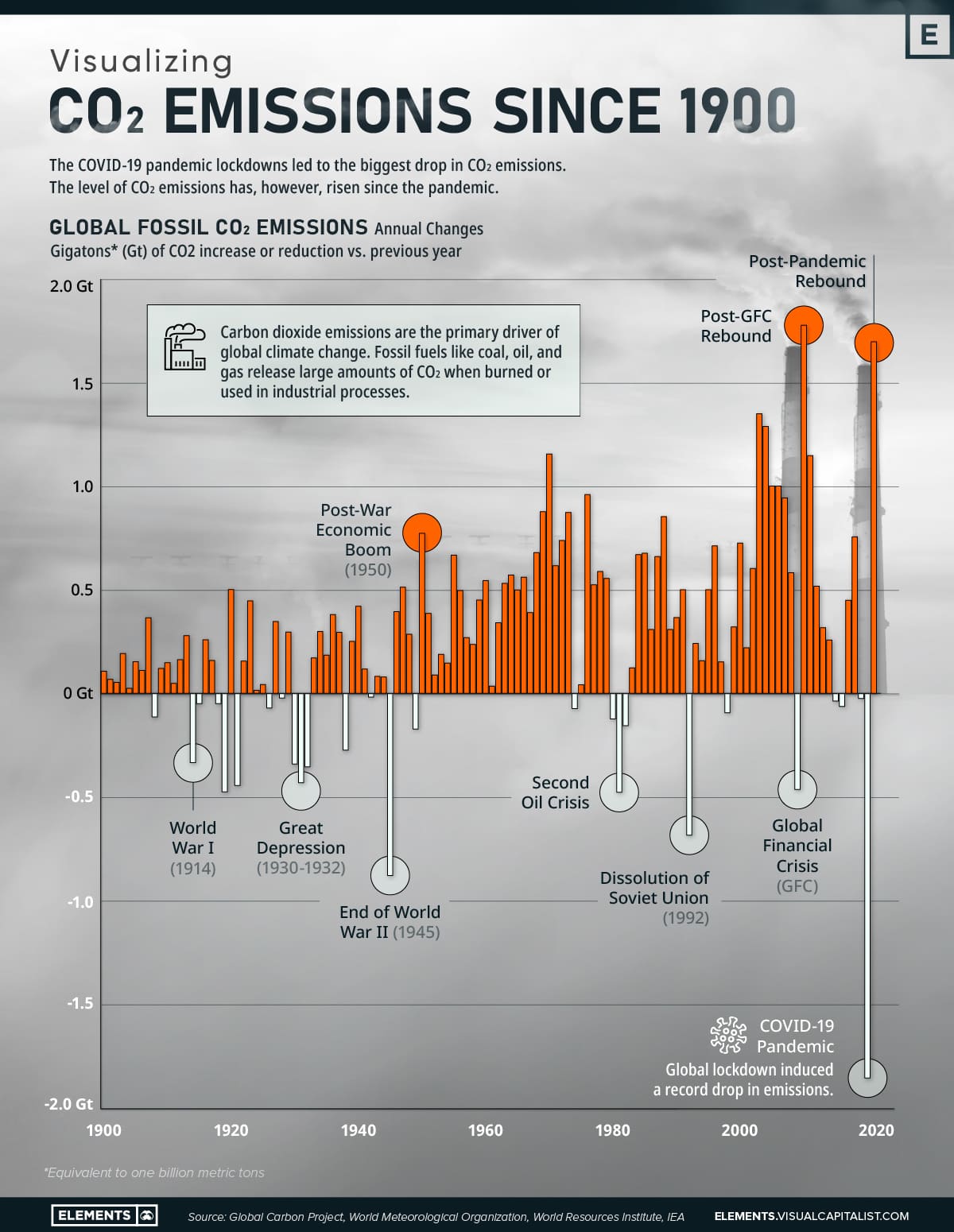
Visualizing Changes in CO₂ Emissions Since 1900
Leaders from all over the world are currently gathering at the Conference of the...
Read More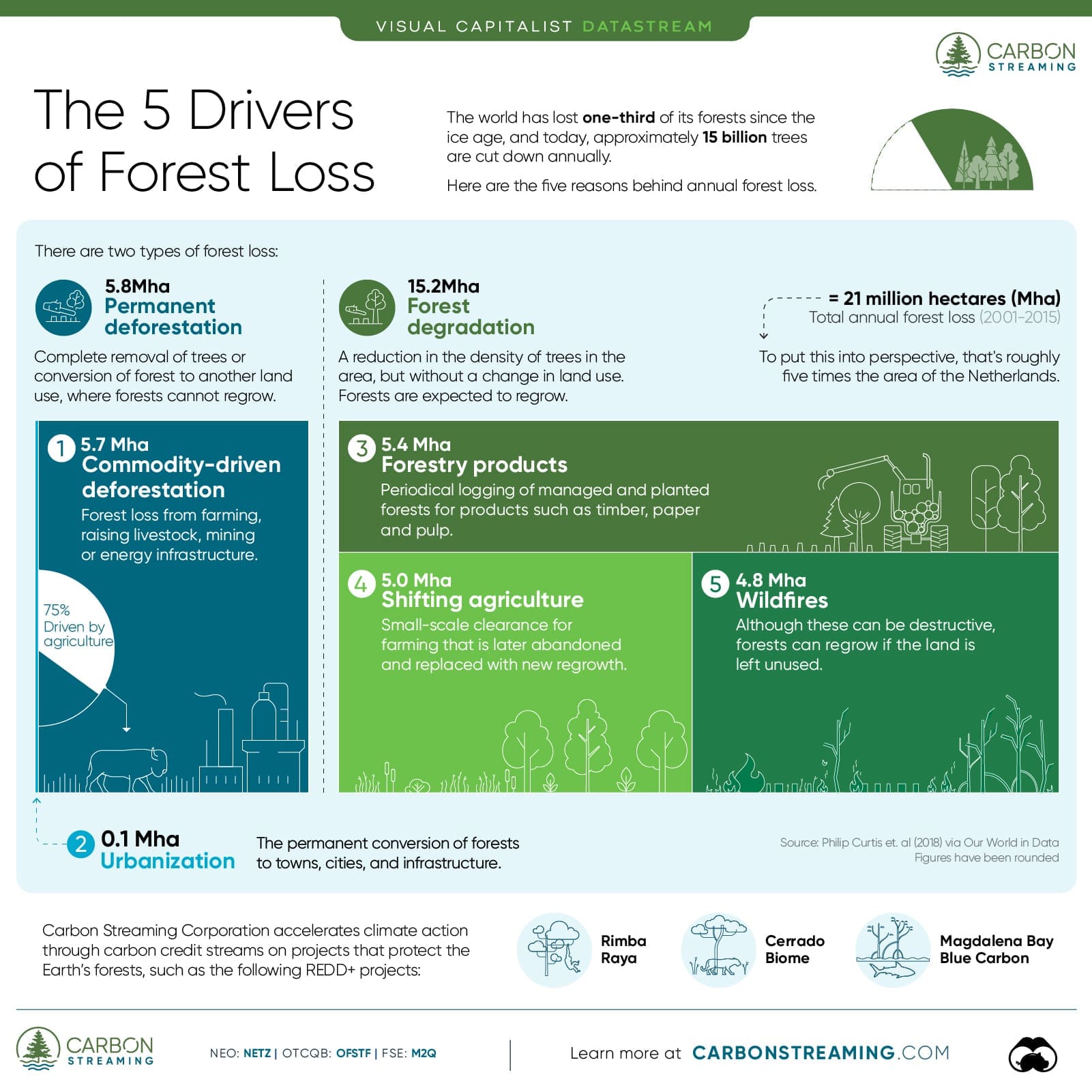
Visualizing the Five Drivers of Forest Loss
Agriculture and commodity-driven deforestation each account for approximately a ...
Read More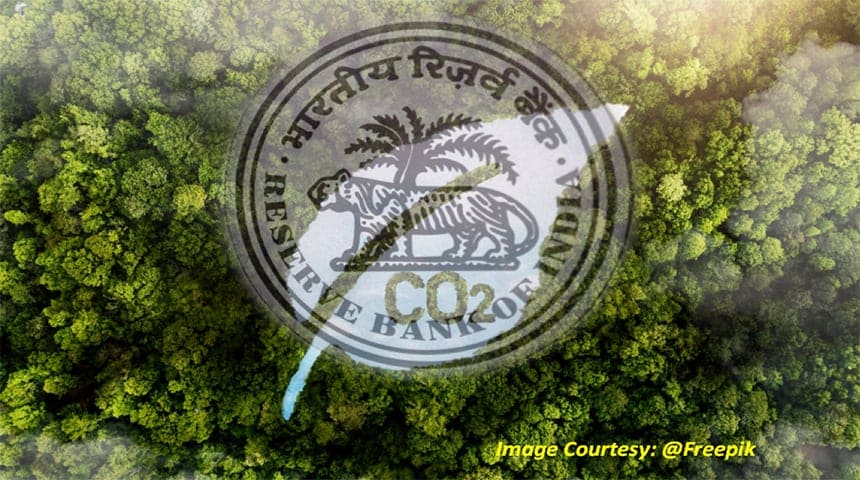
Tracing the Carbon Footprint of the Reserve Bank of India
The Reserve Bank of India (RBI)’s annual report every year draws considerable ...
Read More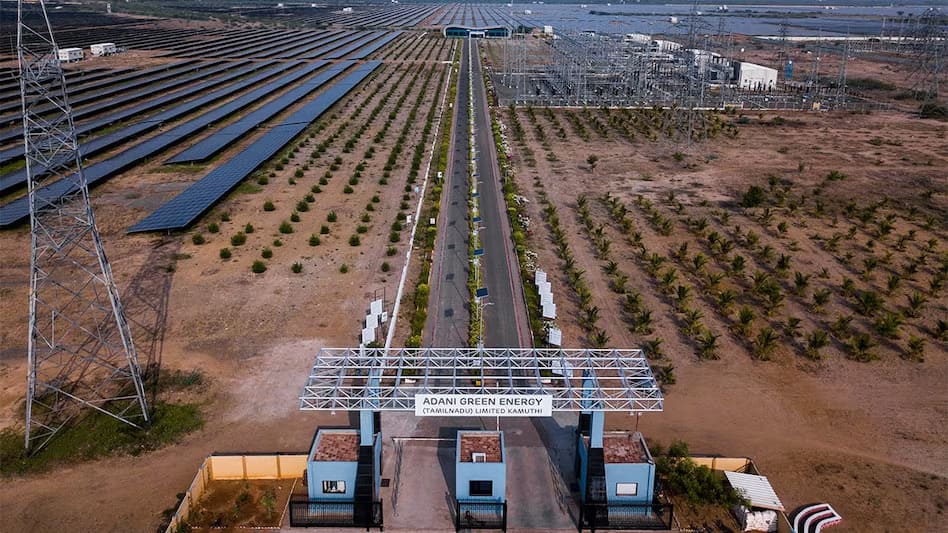
Adani Green Energy among top 10 renewable energy companies globally for ESG performance
Adani Green Energy has been placed in the ‘Prime’ (B+) band, recognising its...
Read More
Elon Musk says 'ESG is the devil' with tobacco firms trouncing Tesla in social-responsibility ratings
...
Read More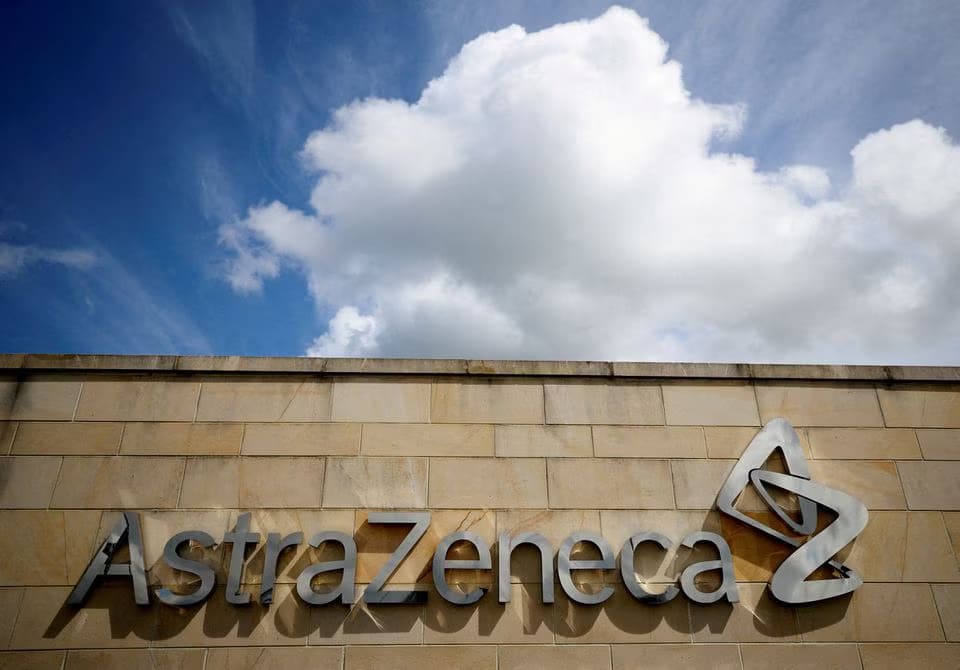
AstraZeneca turns to cows to cut U.S. carbon footprint
Drugmaker AstraZeneca (AZN.L) is switching to biogas produced from cow manure an...
Read More
SEBI introduces Core BRSR ESG reporting, tackles unregulated ESG rating providers
Sebi said that access to the fund for selling securities during market dislocati...
Read More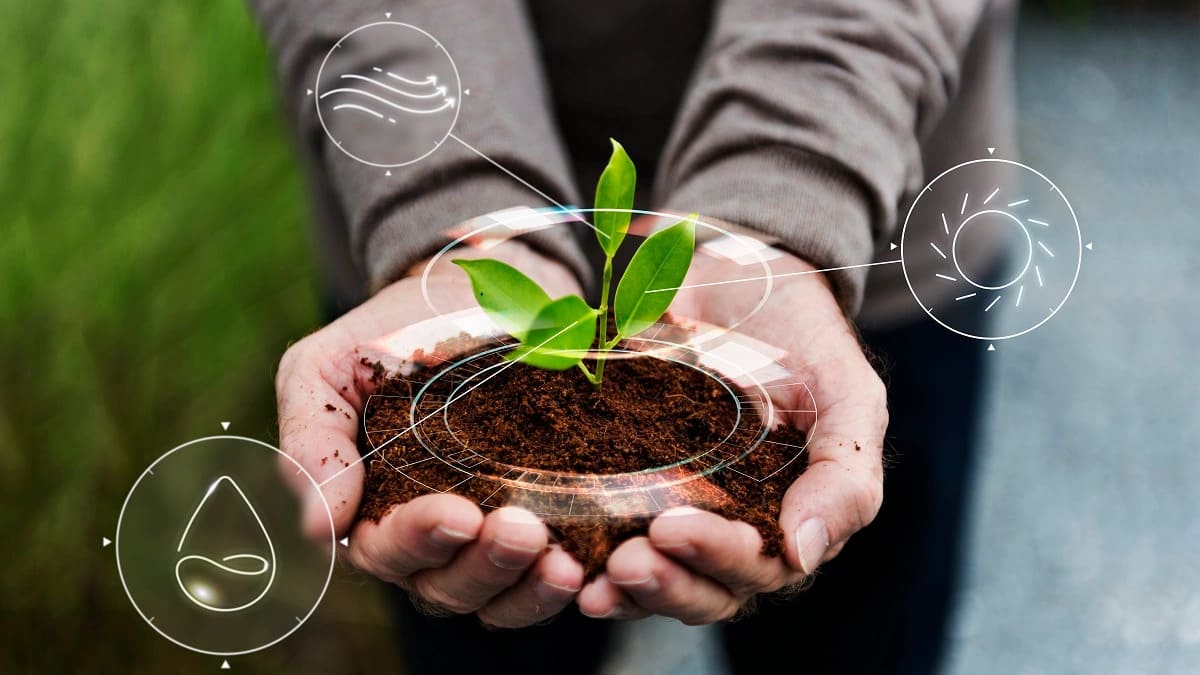
Strengthening the BRSR core: A masterstroke
SEBI reduces ESG disclosure parameters from 800 to 50, enhancing transparency, c...
Read More
BRSR reporting and the evolving ESG landscape in India
India has emerged as a conscious aspirant and shown promise and capability to ta...
Read More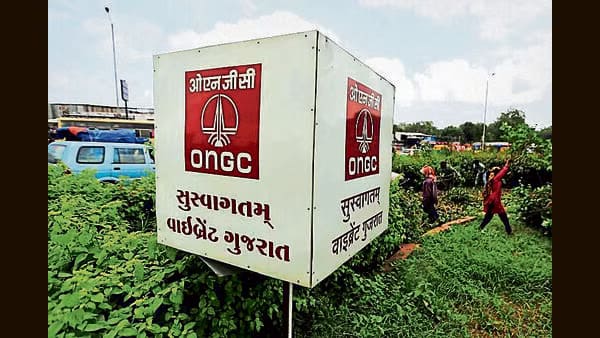
ONGC plans ₹1 tn investment to cut carbon emissions
Oil and Natural Gas Corp. (ONGC) will spend ₹1 trillion on green initiatives b...
Read More
Why corporates need to walk the talk on ESG reporting
It is now intricately linked to environmental social and governance (ESG) issues...
Read More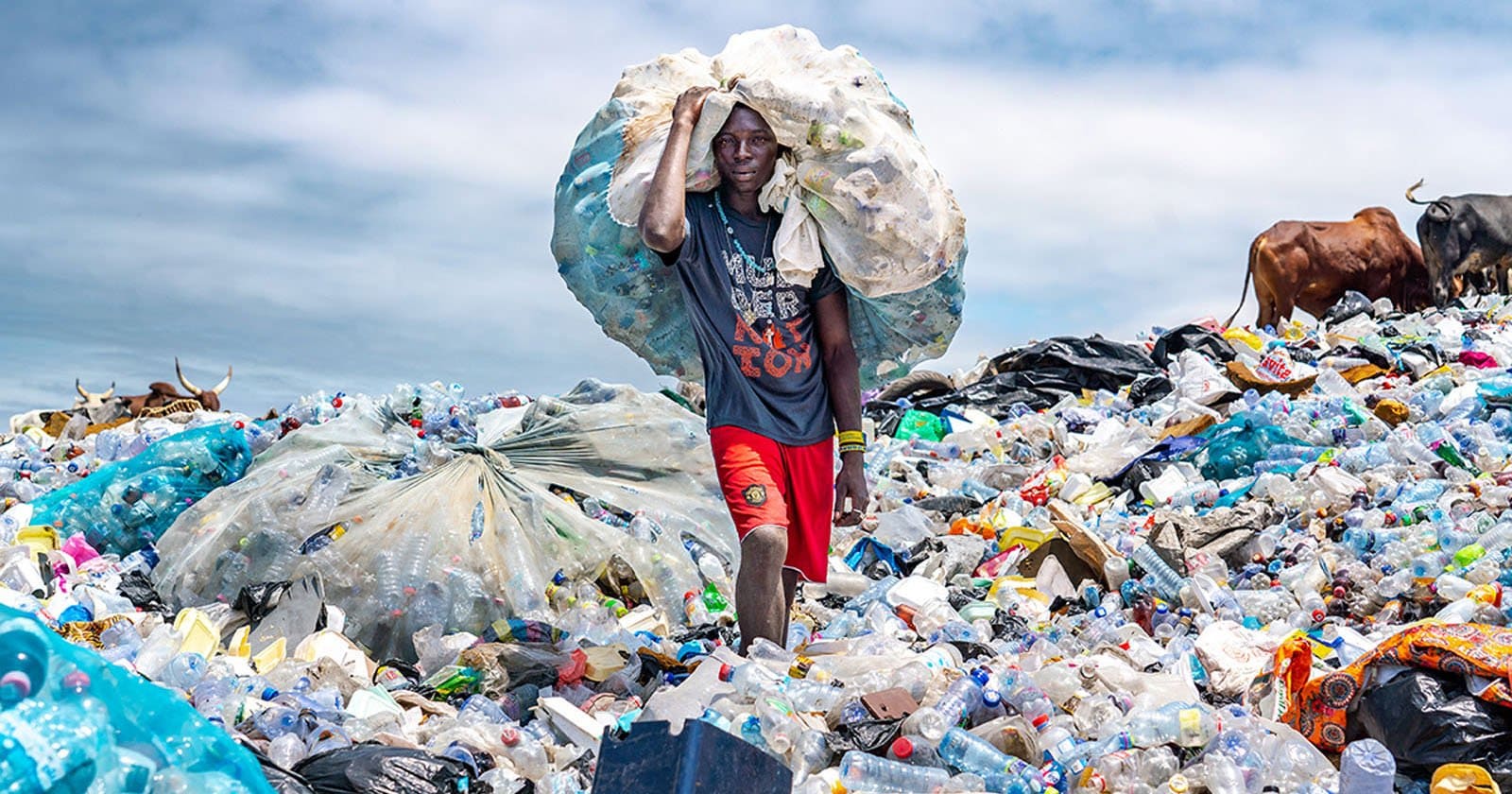
Verra Issues 1st Plastic Waste Reduction Credits
More than 350 million tonnes of plastic are being used every year, and just a fr...
Read More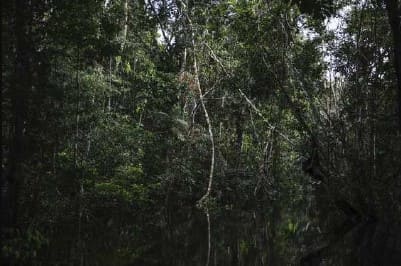
Saving the forests won’t be enough to stop climate change — we need substantial emission cuts
The forest carbon sink (its ability to absorb carbon) should be preserved to off...
Read More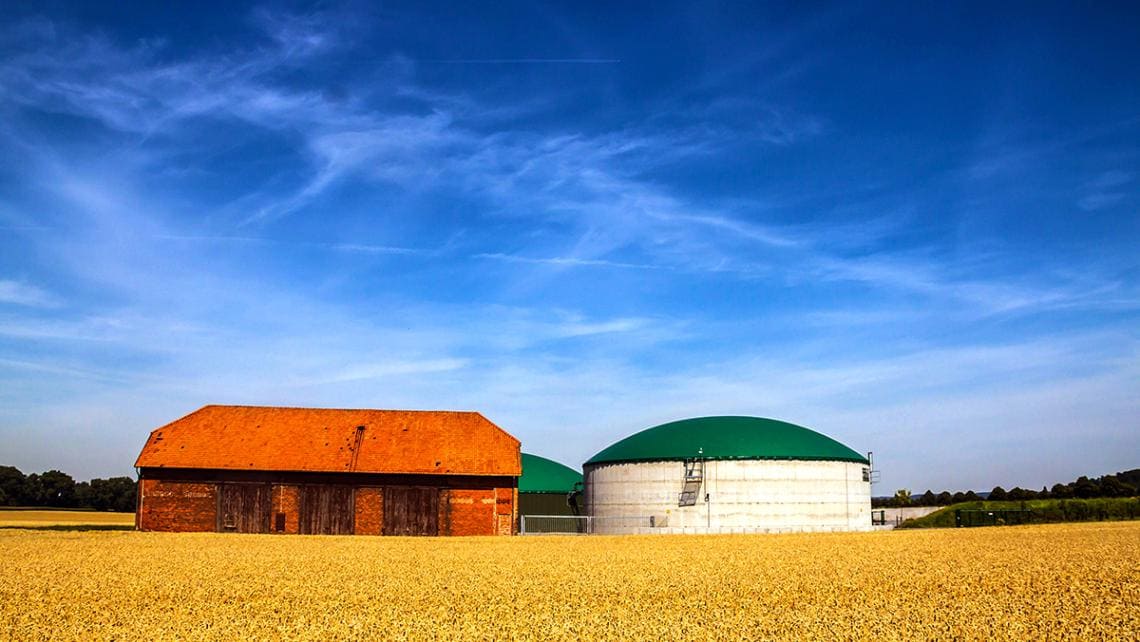
New Carbon Dioxide Removal Methodology Launched for Consultation
Gold Standard is pleased to announce the opening of a public consultation on a n...
Read More
Microsoft signs agreement with a Danish Company, to buy 2.75 Million Carbon Credits, to meet its target of becoming Carbon Negative by 2030
Today, the tech giant announced a deal with Danish energy company Ørsted to pur...
Read More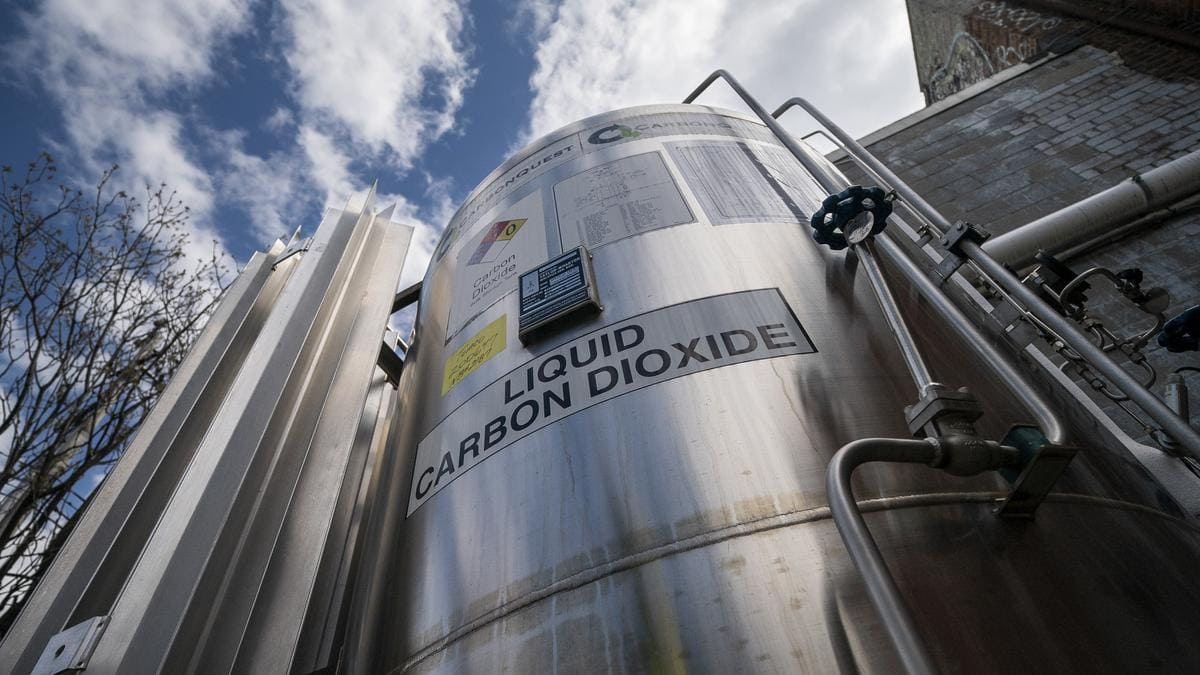
NYC skyscrapers turning to carbon capture to lessen climate change
In a vertical city like New York, any serious effort to address climate change h...
Read More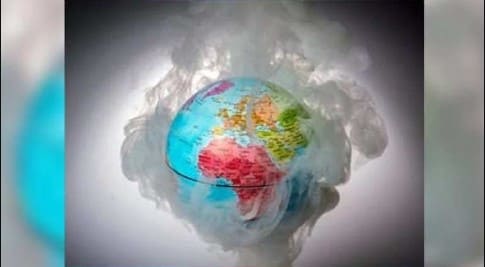
Adopting global best practices can help India Inc strengthen ESG performance
The government estimates the economy to reach the $7 trillion mark by 2030. To s...
Read More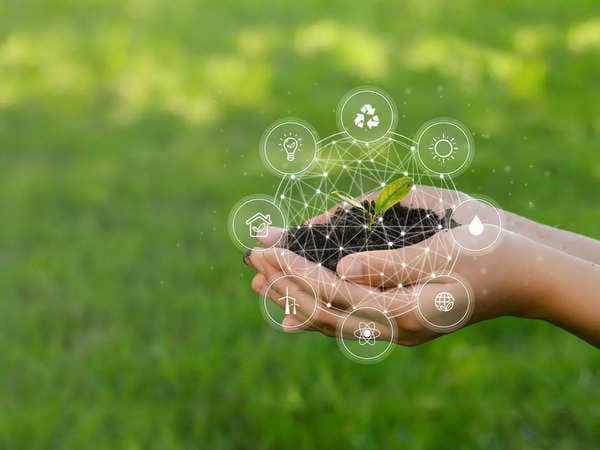
Power, environment ministries to develop carbon credit trading scheme for decarbonisation
New Delhi, Union ministries of power and environment, forests & climate change w...
Read More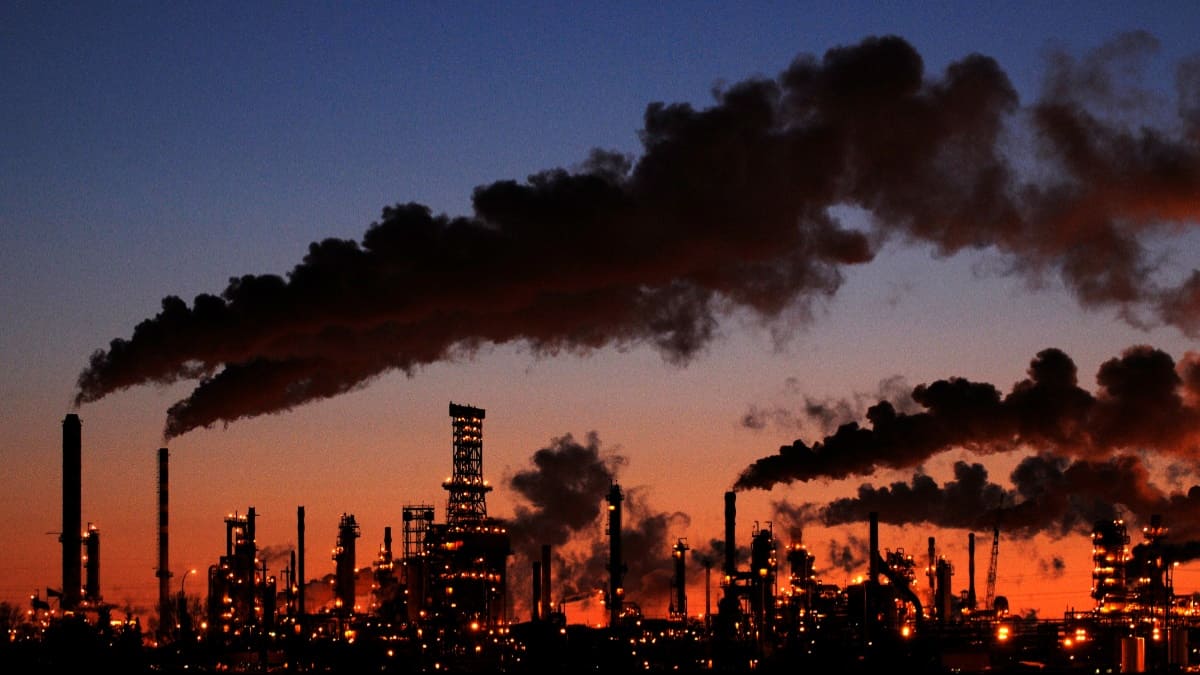
Govt tells industry to Get ready for EU carbon tax
To start with, the tax will be imposed on seven products whose production is car...
Read More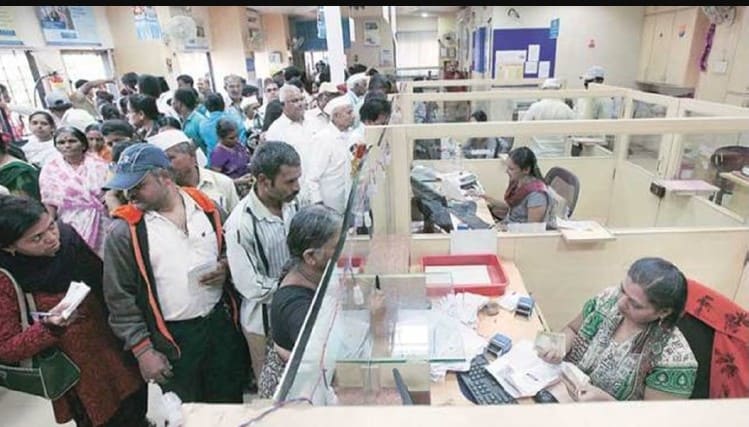
The ESGpectations are set
Changing regulatory landscape and investor expectations mean banks can’t delay...
Read More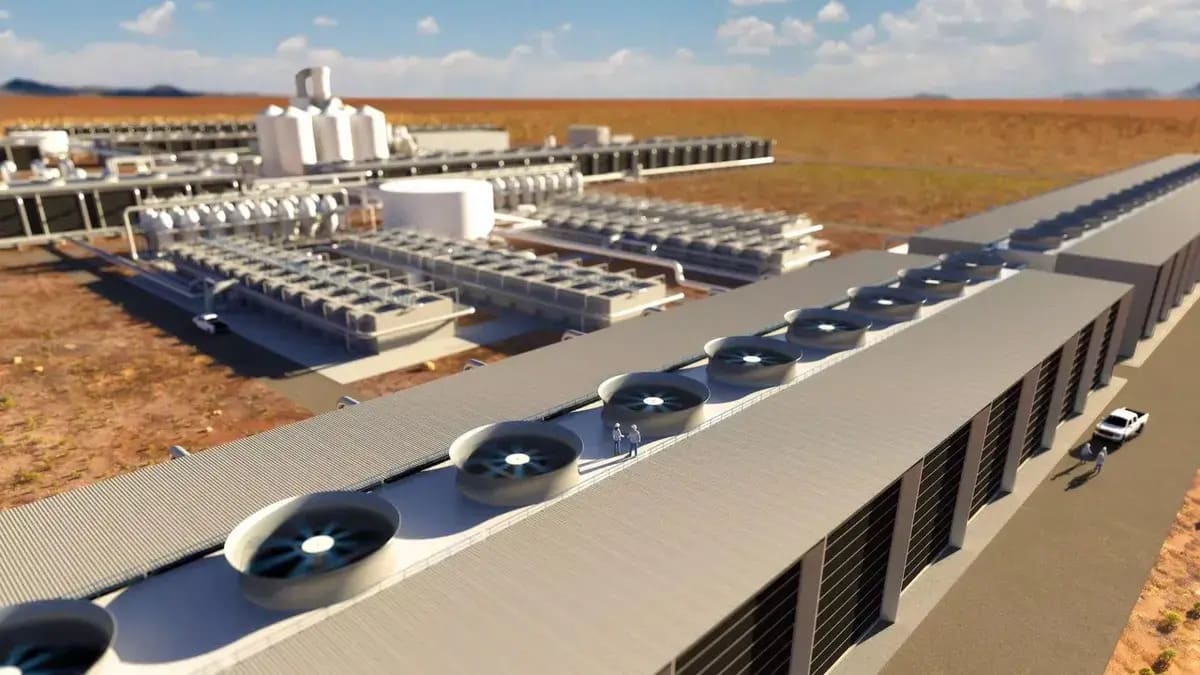
World largest carbon capture facility will store 9M tonnes of CO2 yearly
Swiss carbon finance firm South Pole and Mitsubishi have jointly announced the p...
Read More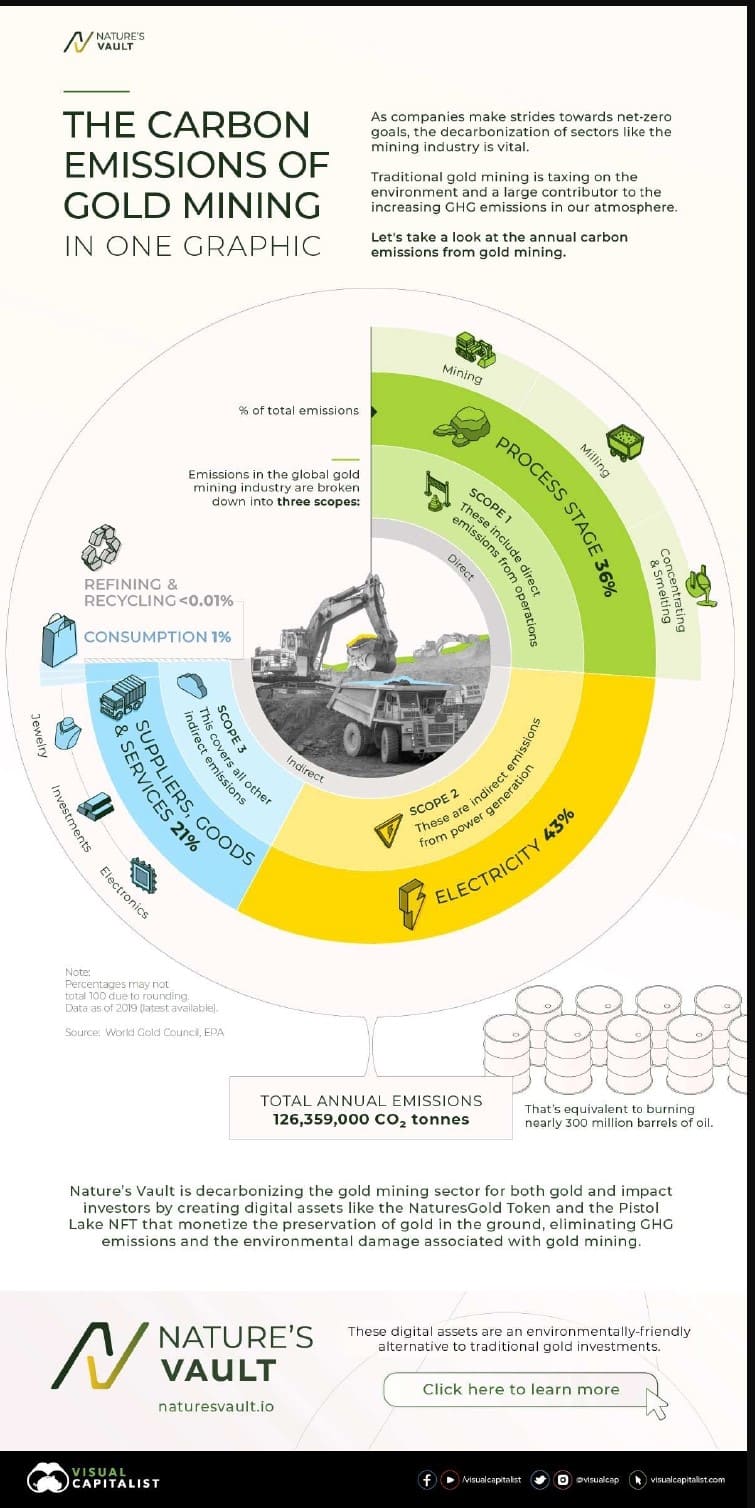
The Carbon Emissions of Gold Mining
As companies progress towards net-zero goals, decarbonizing all sectors, includi...
Read More
Mitsubishi Launches $1 Billion Climate Tech Growth Fund
The fund has raised $400 million of capital commitments from investors at its fi...
Read More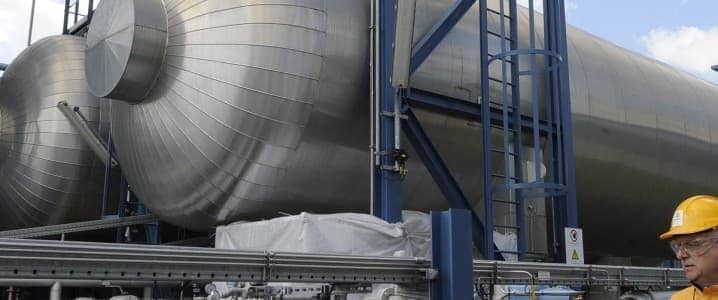
Carbon Capture Is Beginning To Take Off
In the U.K., the Spring Budget in March made up to $25 billion (£20 billion) av...
Read More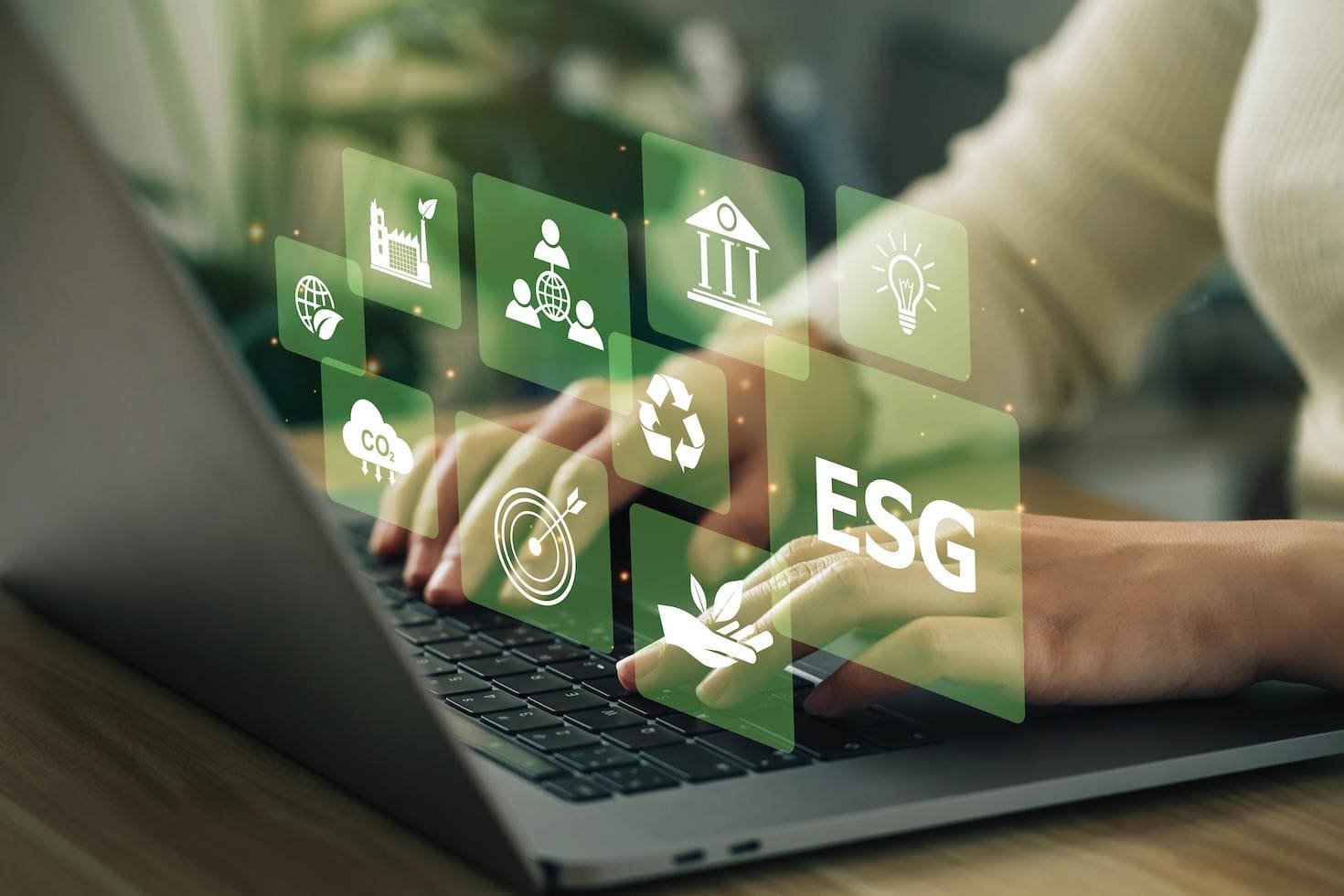
How the new EU directive will rewrite ESG reporting
Europe has long been the trendsetter in policy and regulation around environment...
Read More
Study reveals tree diversity improves carbon storage, soil fertility in forests
A recent University of Alberta research found that sustaining tree diversity in ...
Read More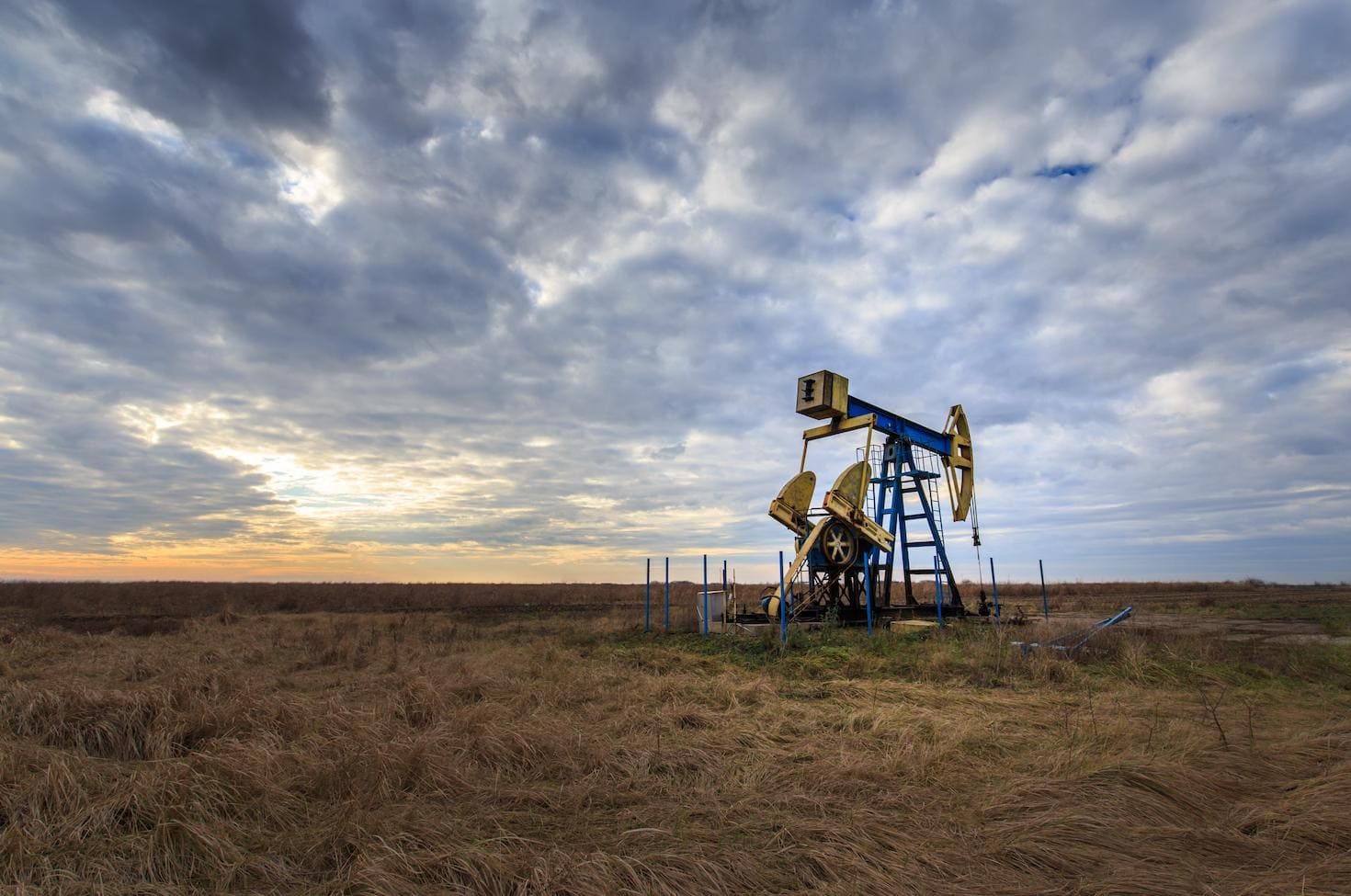
Carbon credits for oil companies
Carbon Path and ZeroSix are two companies creating a carbon credit to incentiviz...
Read More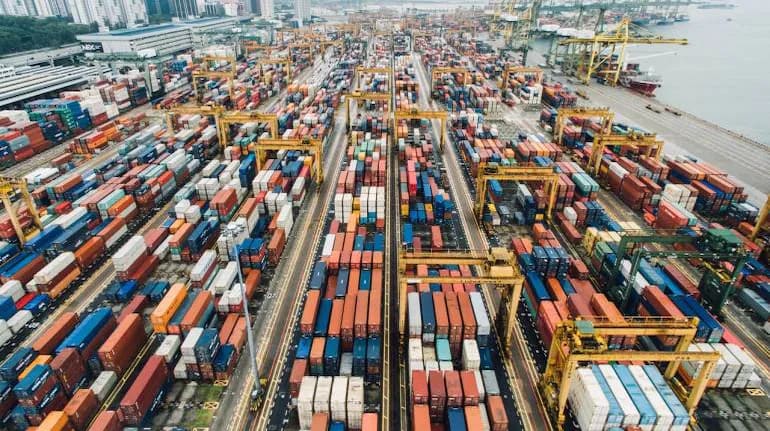
Indian merchandise exports need to prepare for EUs carbon tax challenge
Indian companies can take a few proactive measures to prepare themselves for tou...
Read More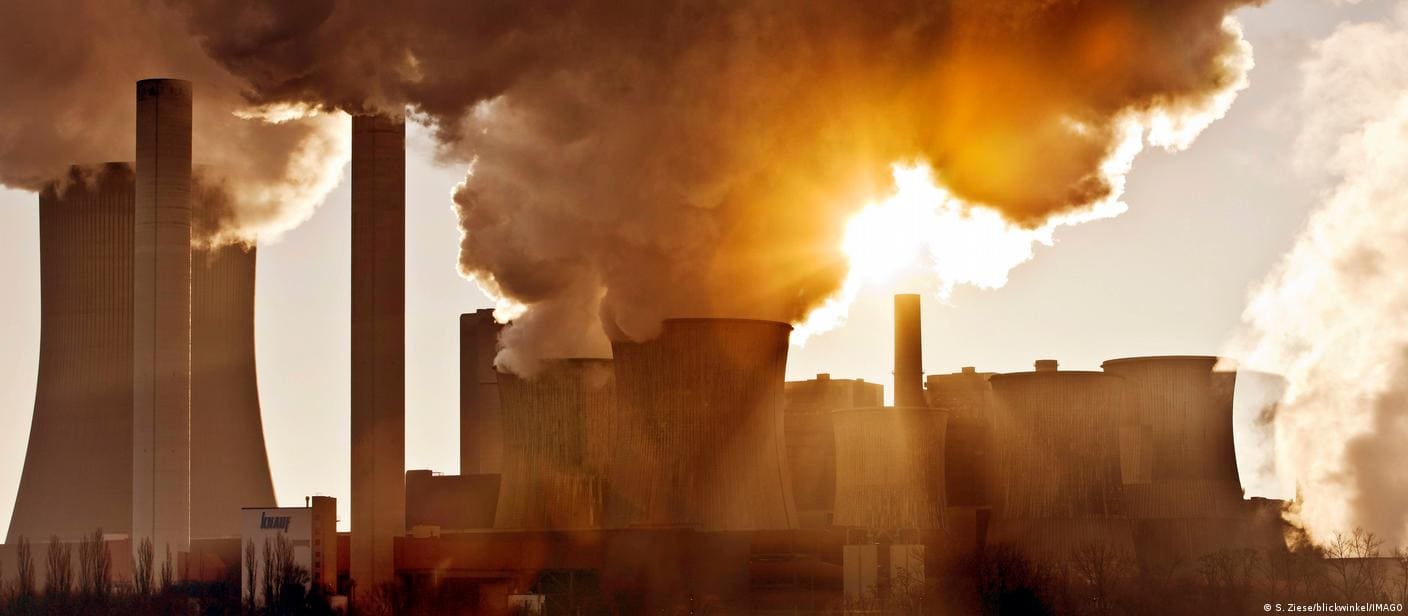
EU members approve carbon market scheme other climate laws
EU countries have given the final sign-off for a series of new climate change-re...
Read More
Tackling climate change on a global level is an immense challenge – but some small, easy actions are accessible to most people.
Aviation contributes around one billion tonnes of CO2 emissions every year. From...
Read More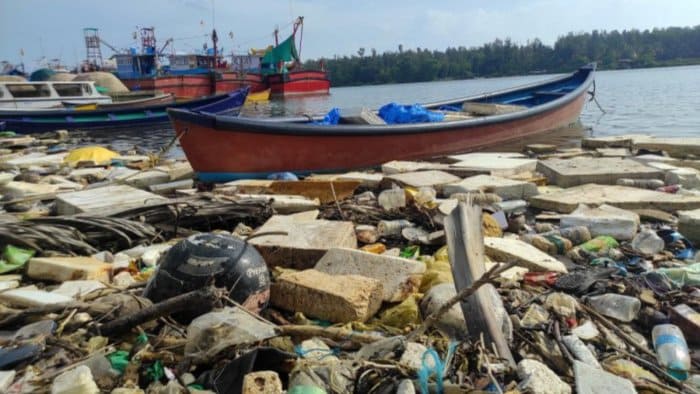
There will be more plastic in the oceans than there are fish by 2050
According to UNEP,60 major Indian cities produce about 15,343 tonnes of trash ea...
Read More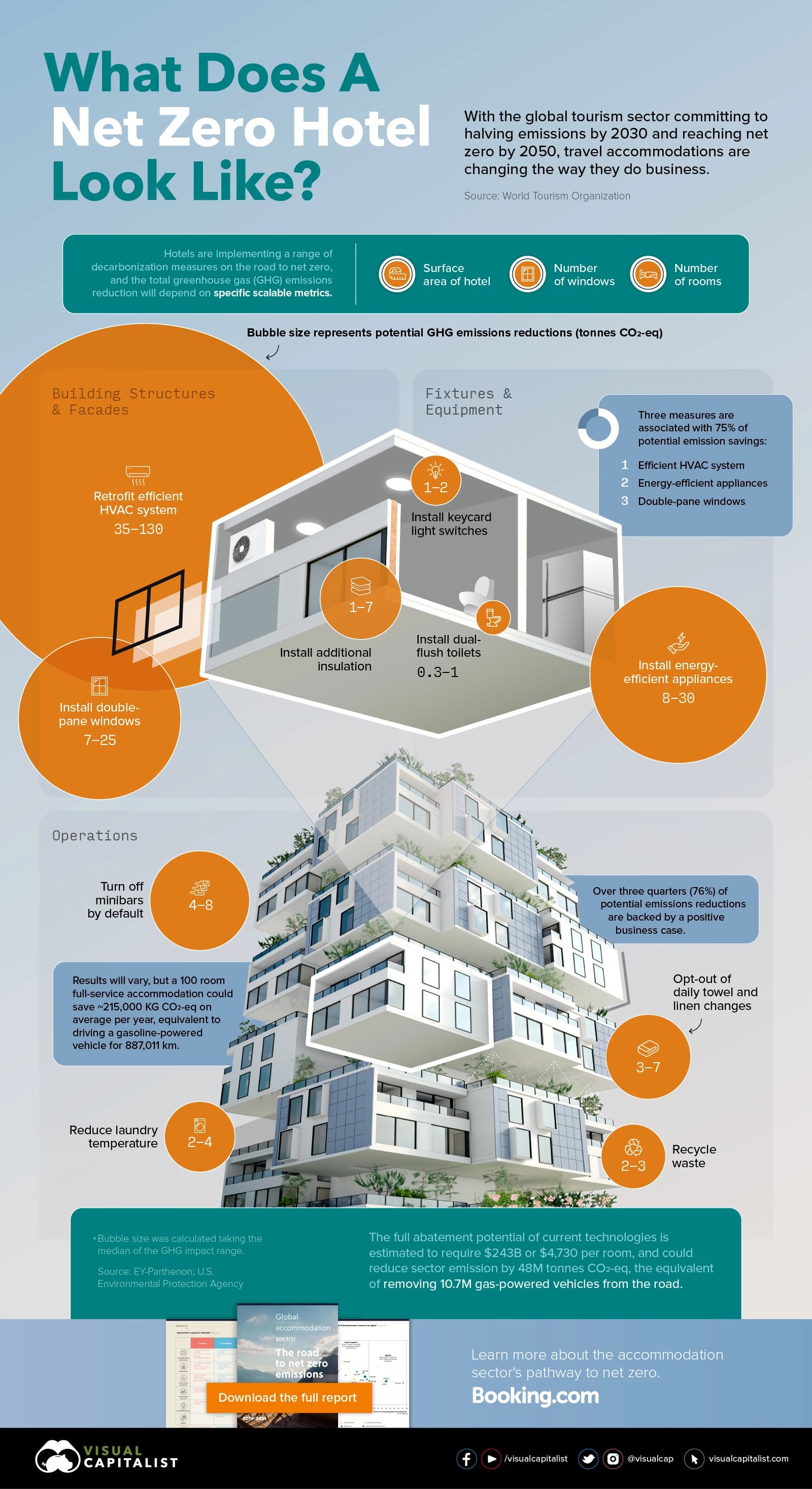
What Does A Net Zero Hotel Look Like
At COP26 in Glasgow, the global tourism industry committed to halving emissions ...
Read More
Global Carbon Markets Highlights from the Latest Report
Climate change is viewed as one of the greatest challenges facing the world toda...
Read More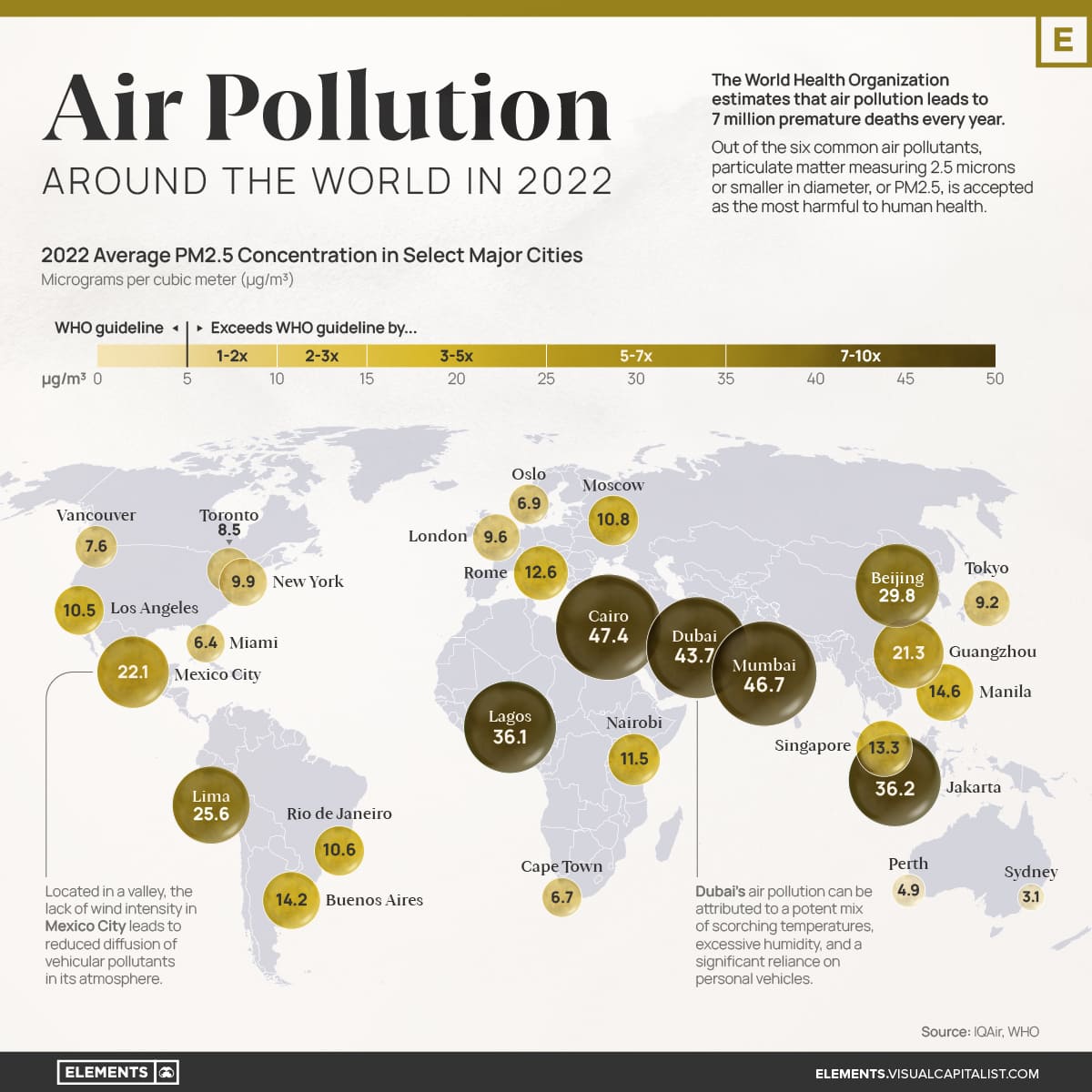
Mapped Air Pollution Levels Around the World in 2022
The World Health Organization (WHO) estimates that air pollution leads to 7 mill...
Read More
SEBI Meet: Nod to regulatory framework for ESG disclosures
The Securities and Exchange Board of India (SEBI) on Wednesday approved the regu...
Read More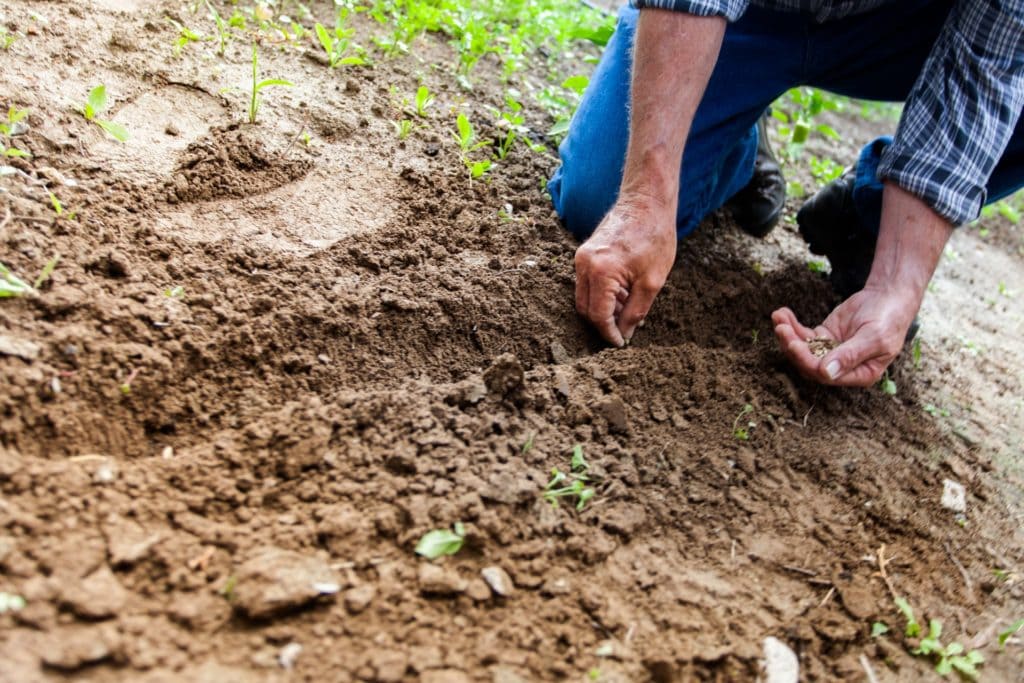
10 best carbon farming practices for soil health and income
Carbon farming practices are known to improve soil health while keeping carbon l...
Read More
A 6 step guide for farmers to get carbon credits in agriculture
With upcoming regulations and growing demand from businesses to purchase carbon ...
Read More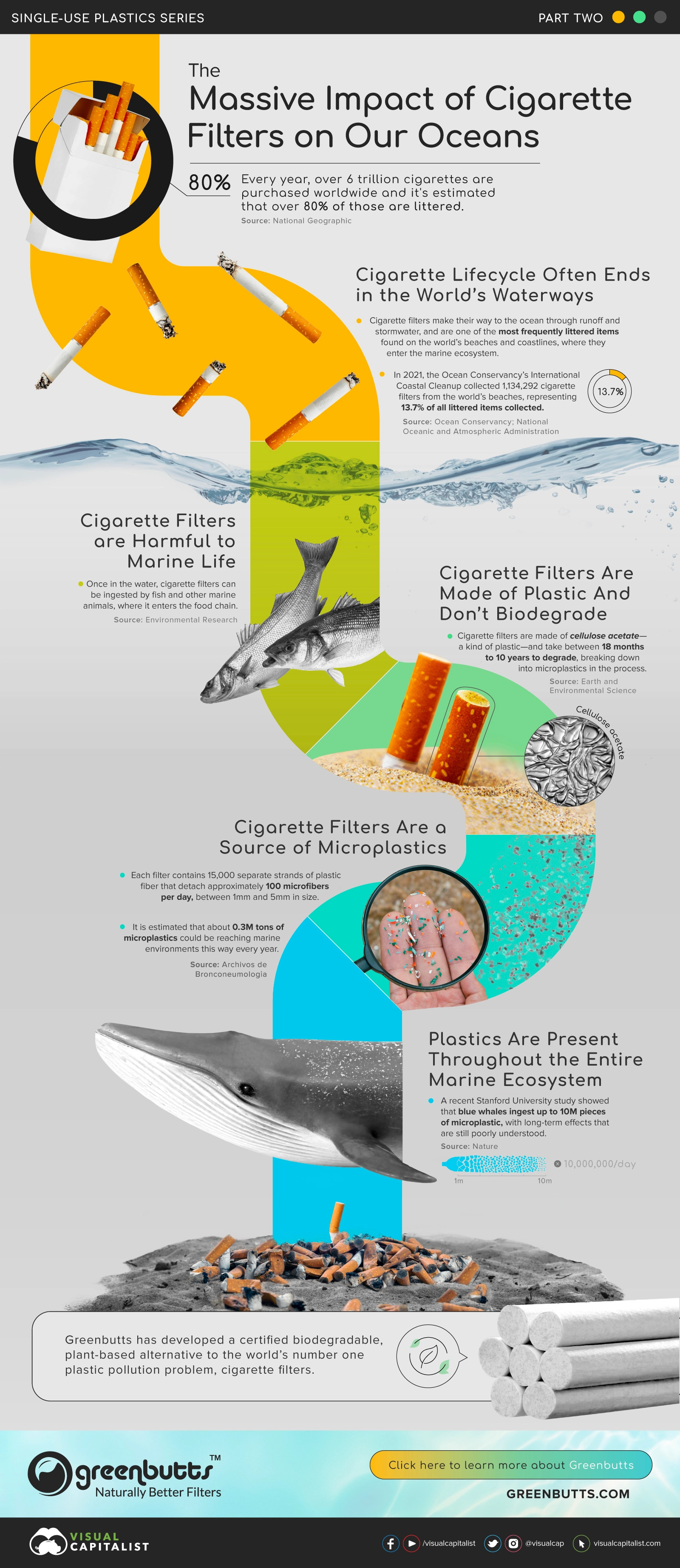
Massive Impact of Cigarette Filters on Our Oceans
Cigarette Filters float in oceans as Microplastics...
Read More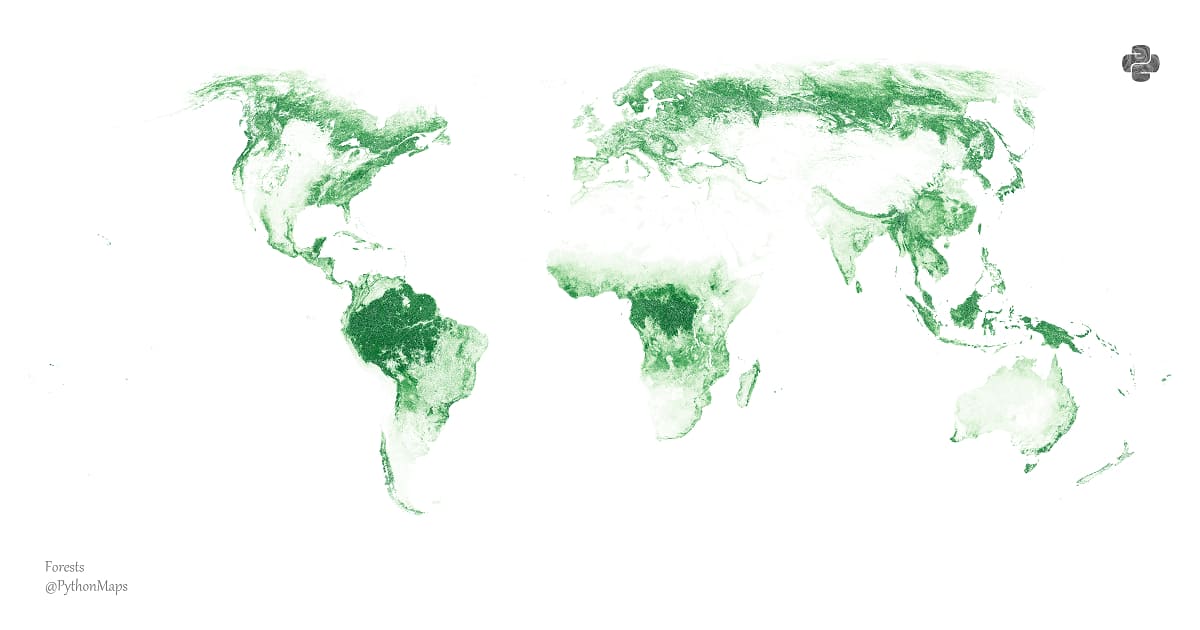
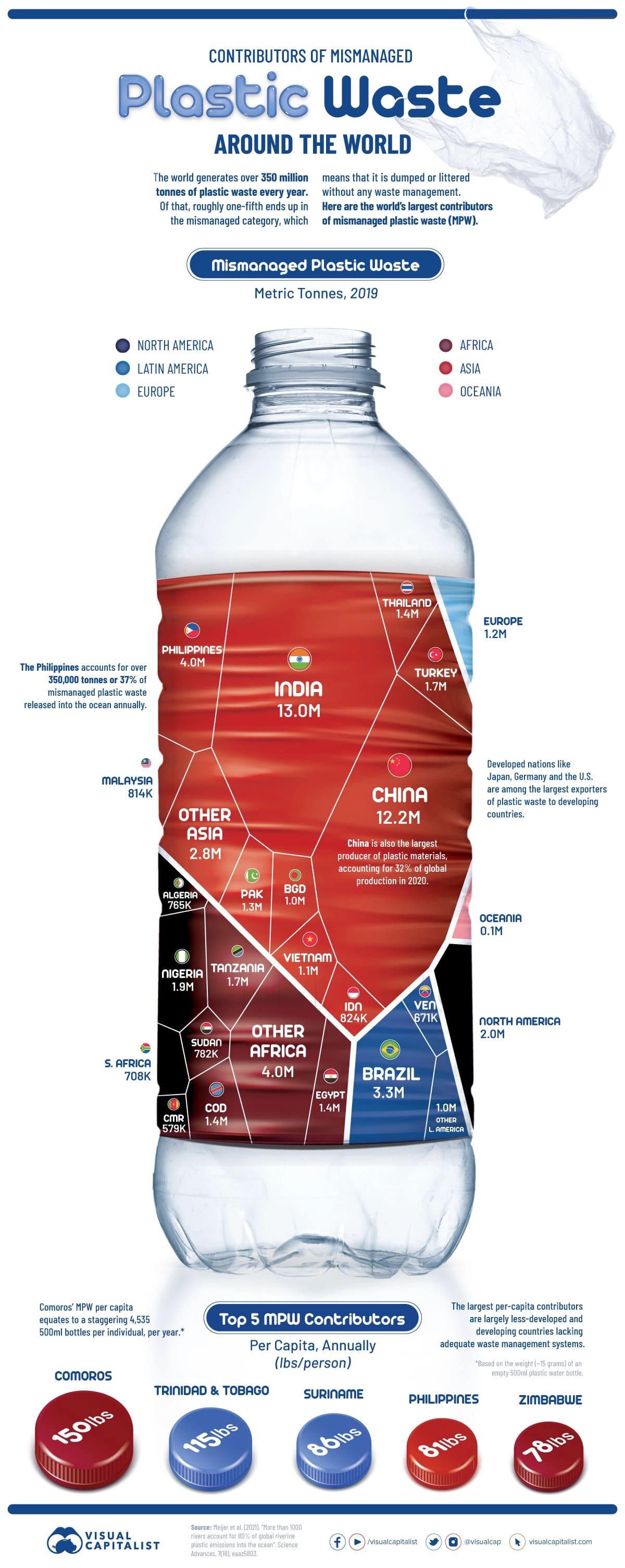
Visualizing Mismanaged Plastic Waste
Top 10 Countries, Plastic Waste Trade & Waste Per Capita...
Read More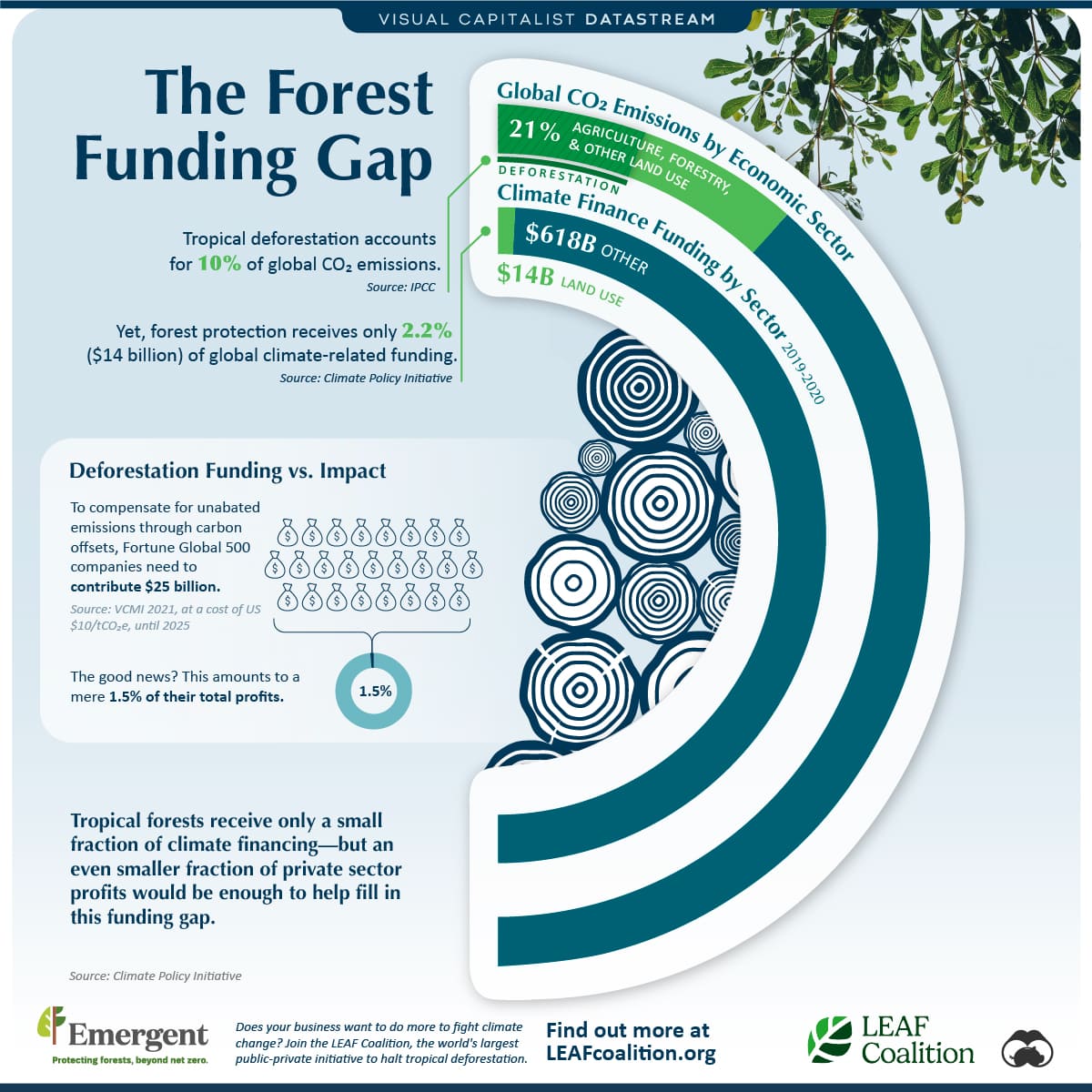
Visualizing the Forest Funding Gap Relative to Emissions
Deforestation accounts for 10% of global carbon emissions...
Read More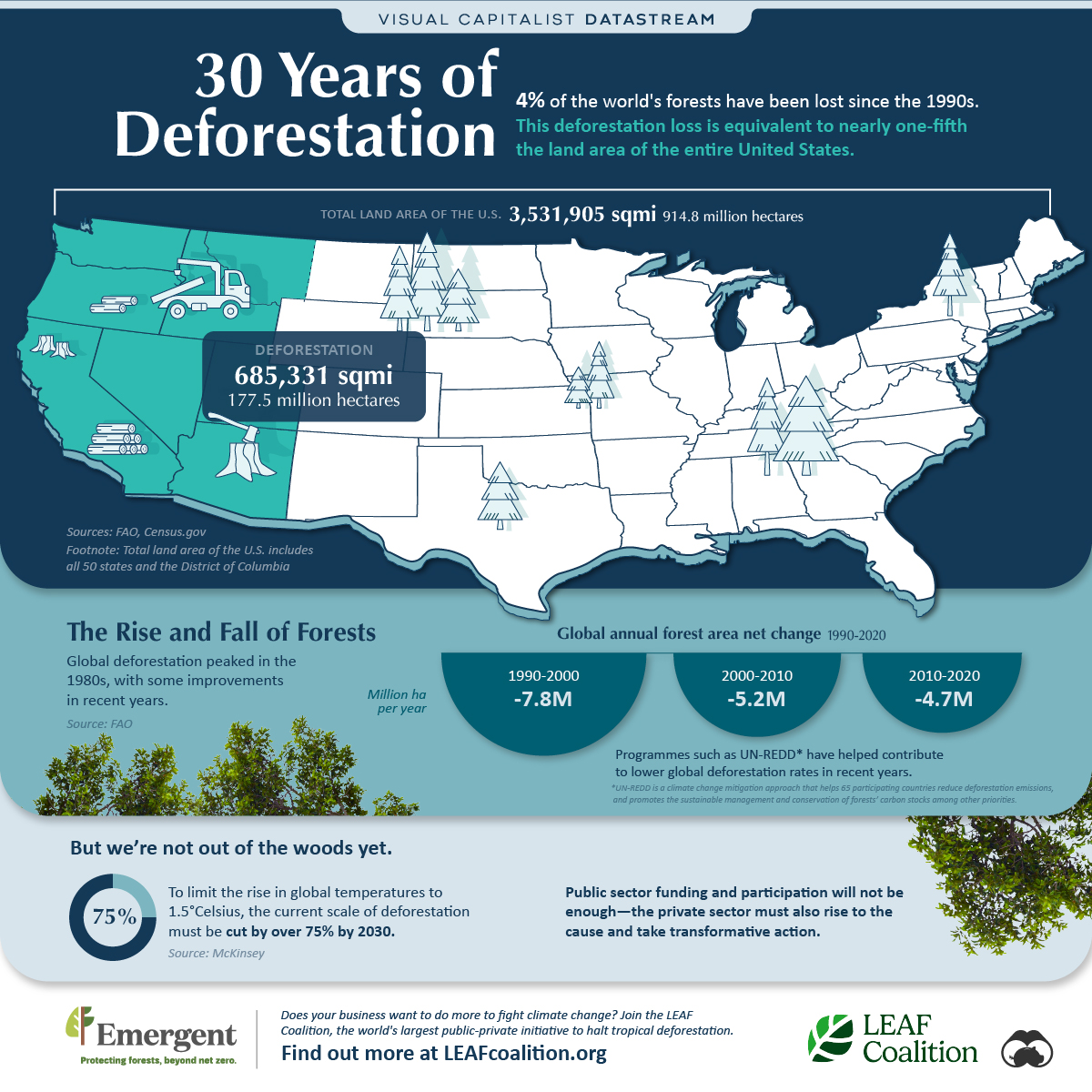
What Does 30 Years of Global Deforestation Look Like
Deforestation accounts for 10% of global carbon emissions...
Read More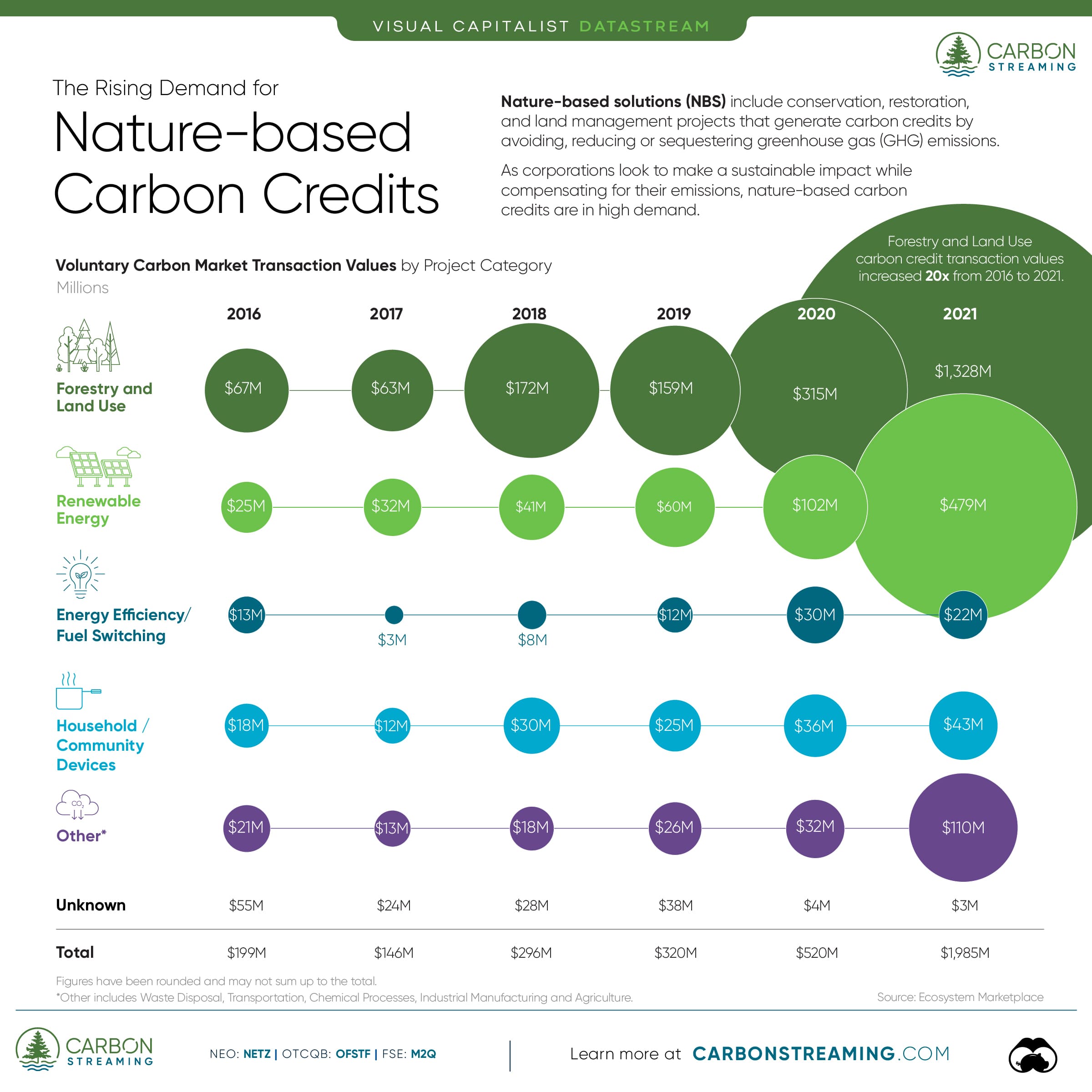
The Rising Demand for Nature based Climate Solutions
Nature-based climate solutions include conservation, restoration, and land manag...
Read More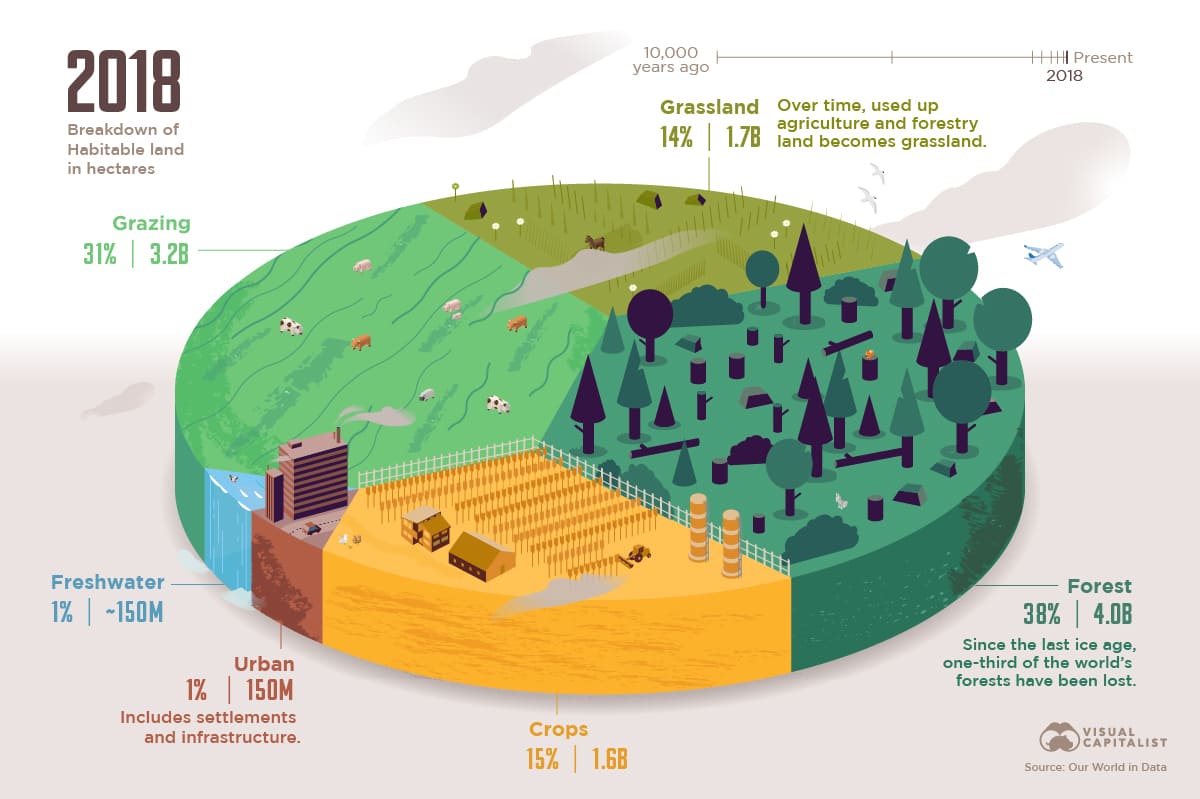
Visualizing the World Loss of Forests Since the Ice Age
The effects of deforestation on the climate are already being seen and felt, and...
Read More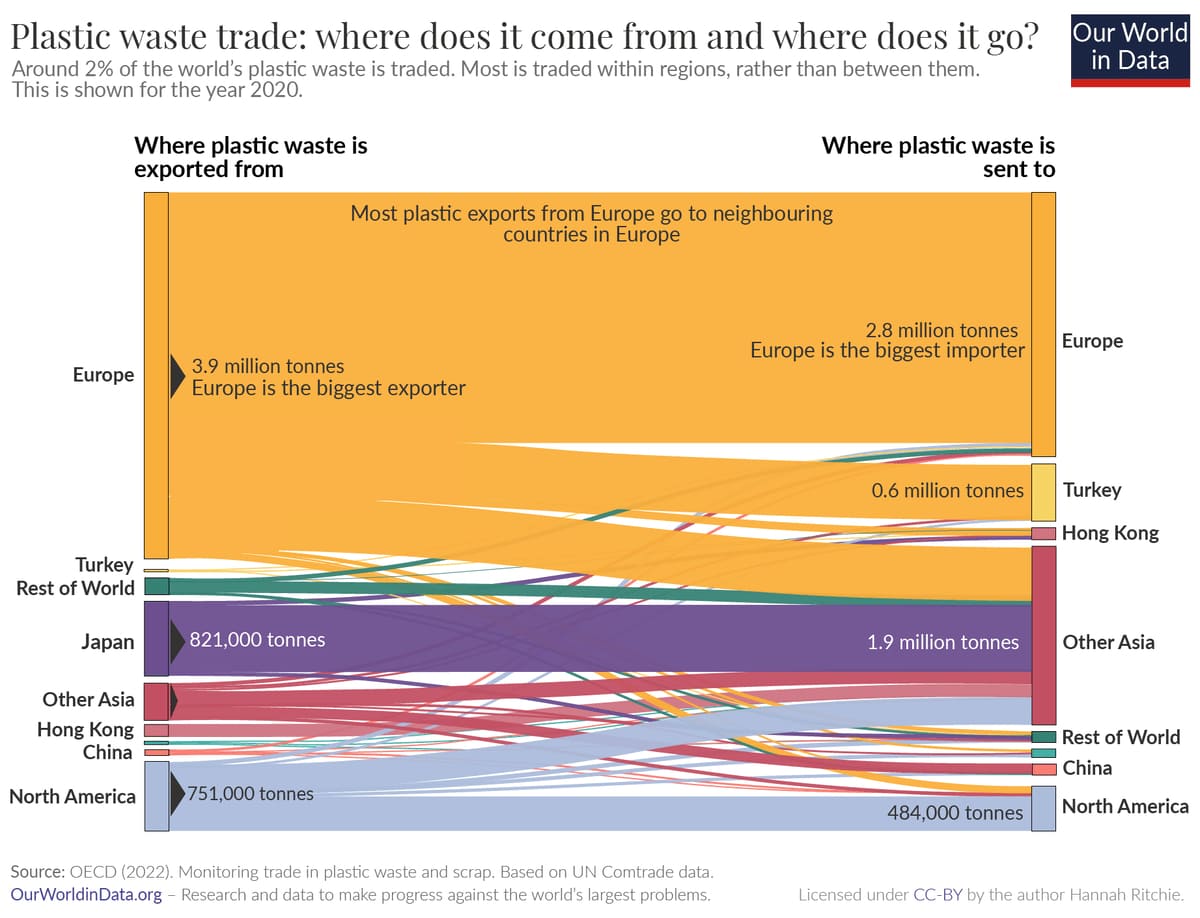
The Global Plastic Waste Trade
Every year, nations worldwide produce around 350 million metric tons of plastic ...
Read More
Accelerating a Net-Zero Future with Carbon Credits
Closing the Funding Gap With Carbon Credits...
Read More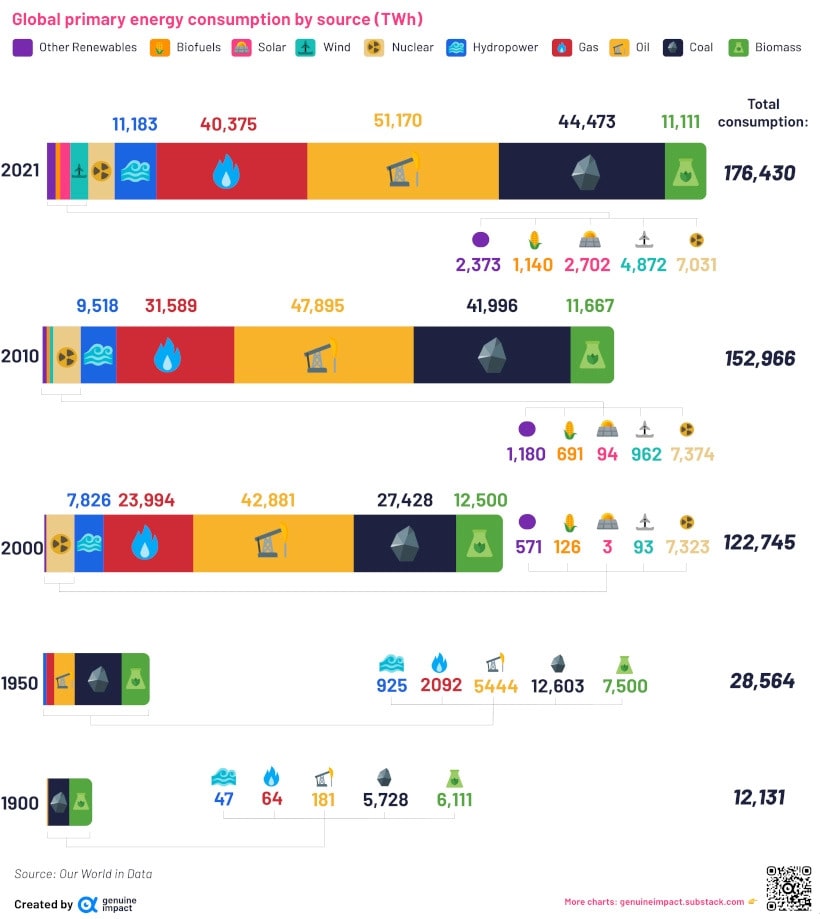
Global Energy Consumption by Source, and Carbon Emissions for last 120 years
In the last 10 years, total global energy consumption has risen nearly 15%...
Read More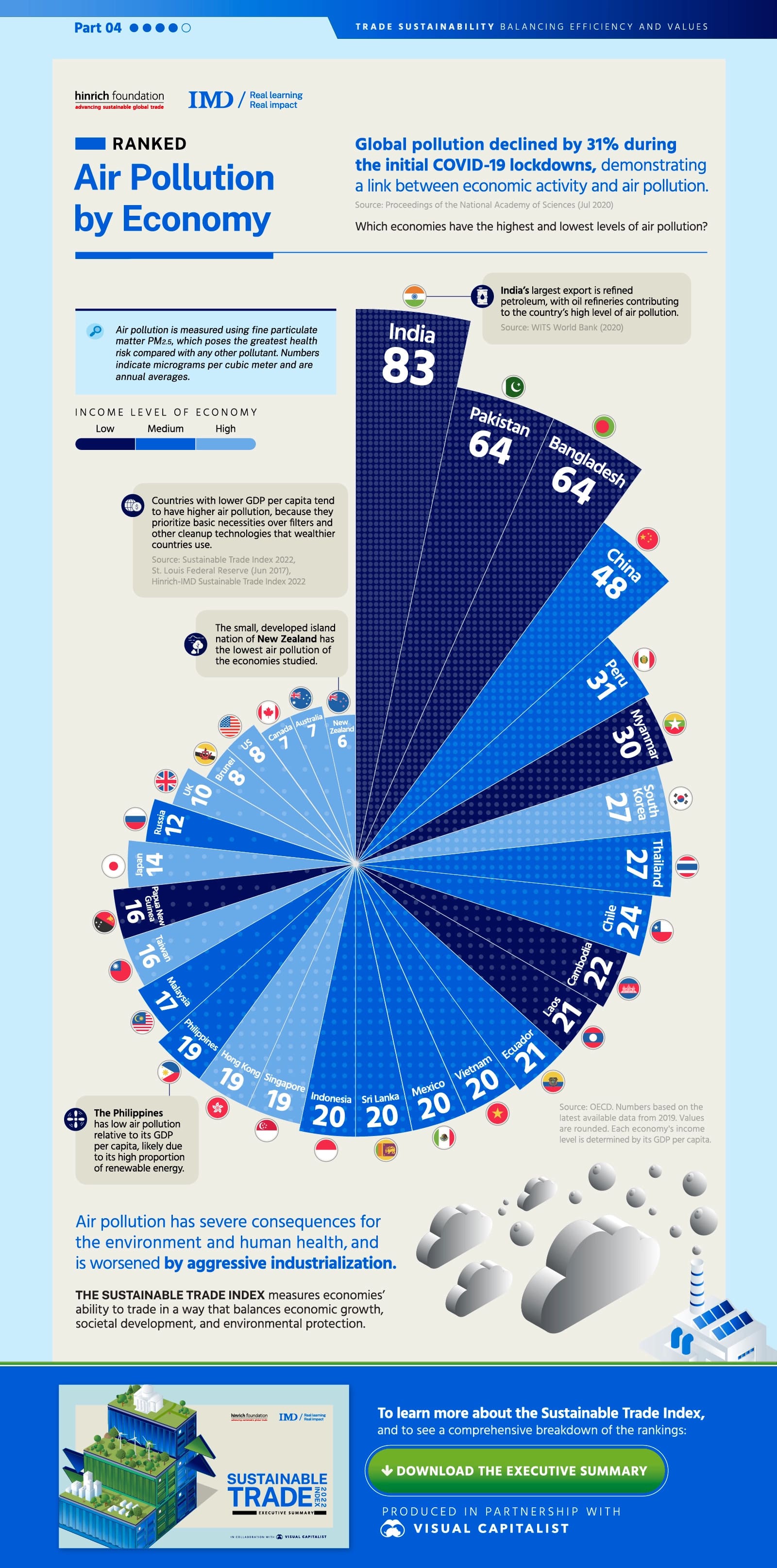
Air Pollution by Economy
A link between economic activity and air quality...
Read More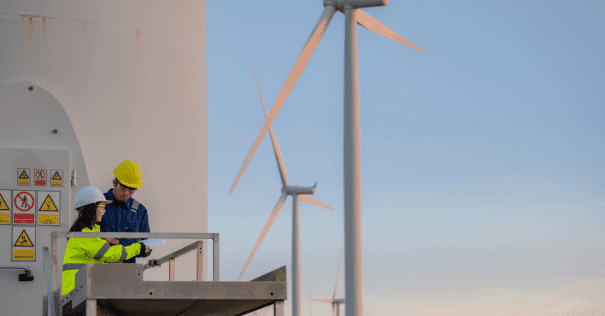
Investments in Renewables Reached Record High, But Need Massive Increase and More Equitable Distribution
New report finds glaring disparities between investments in developed and develo...
Read More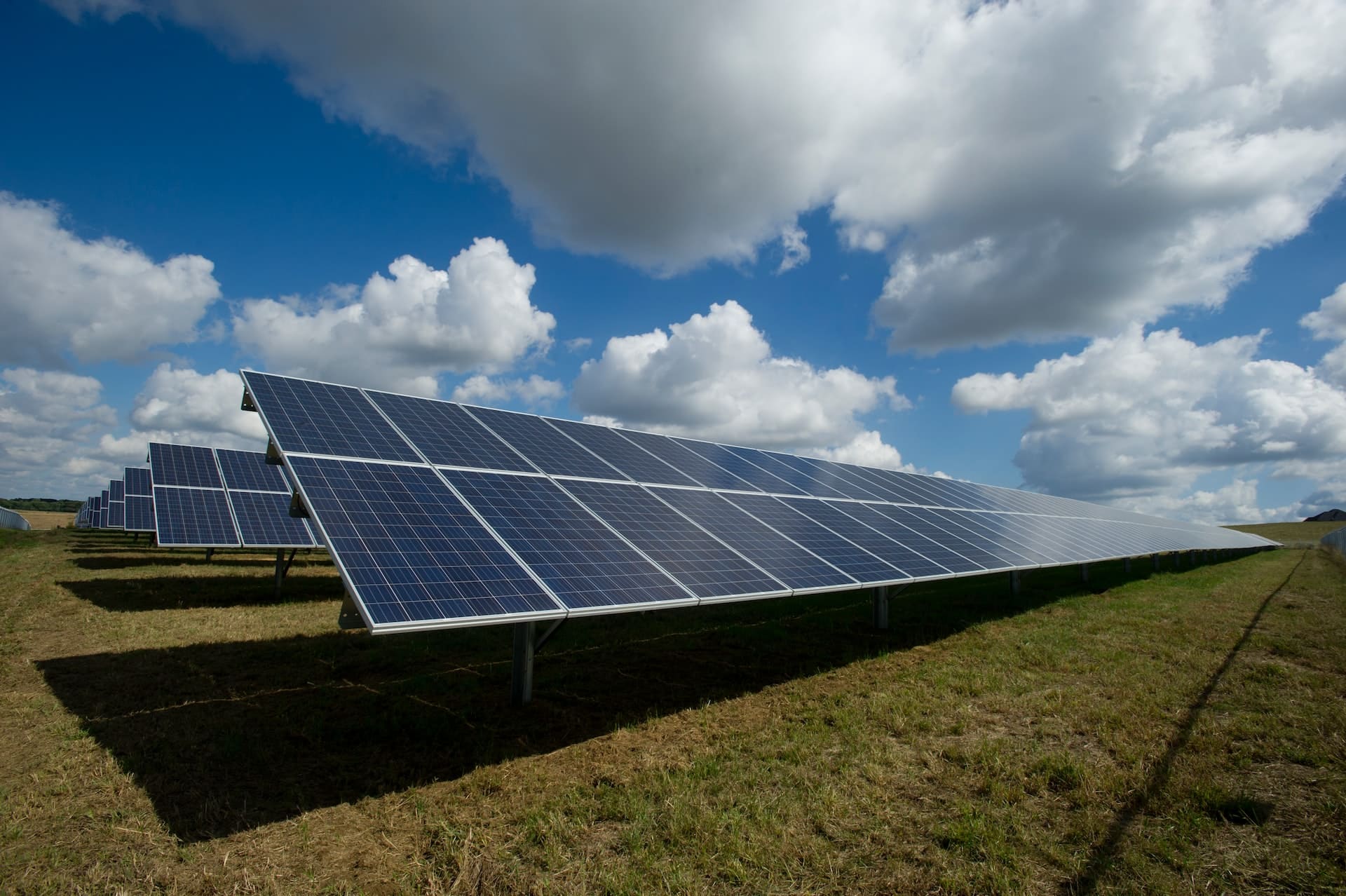
Global Landscape of Renewable Energy Finance 2023
Global investment in renewables must double to meet climate and development goal...
Read More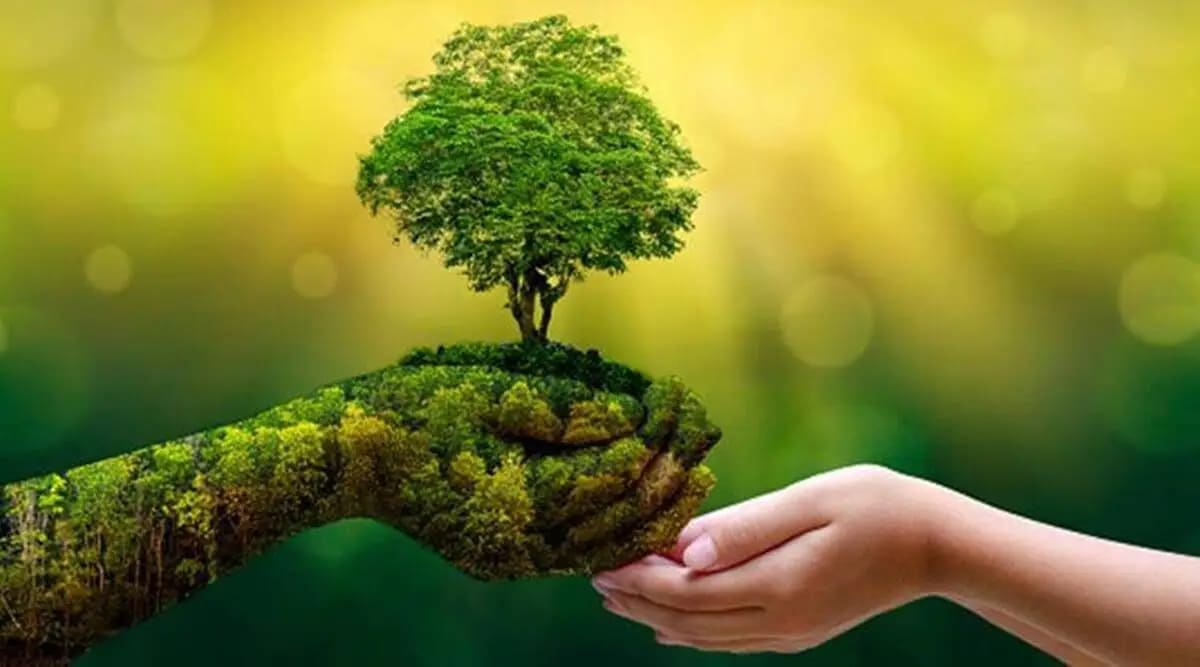
Sustainable Development with a fully circular economy as the new paradigm
Sustainable development with a fully circular economy has to become the new para...
Read More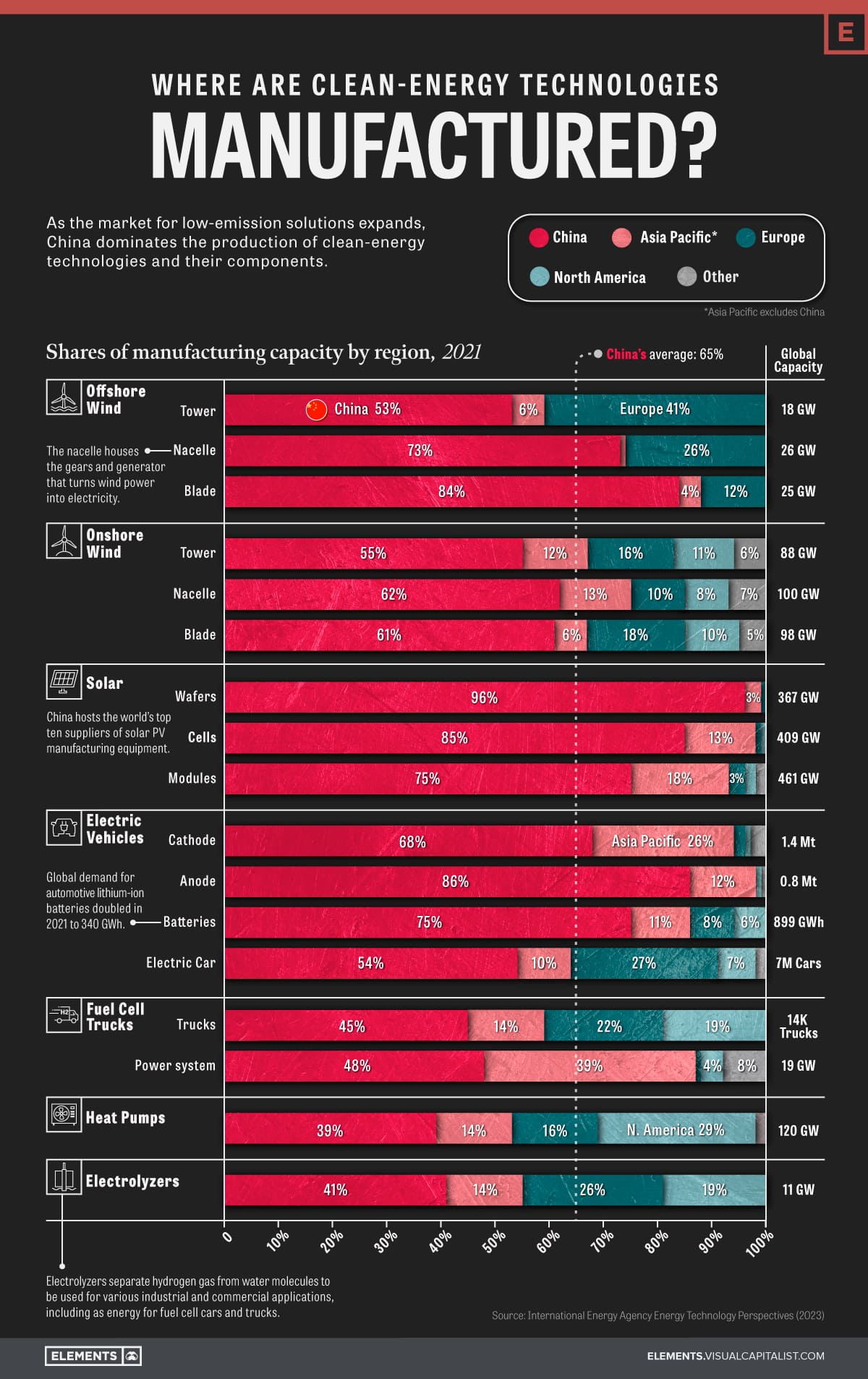
Where are Clean Energy Technologies Manufactured
The country, along with the rest of the Asia Pacific region, accounts for approx...
Read More
How CFOs are handling the push for more ESG reporting
Reporting requirements across the world are changing rapidly to standardise and ...
Read More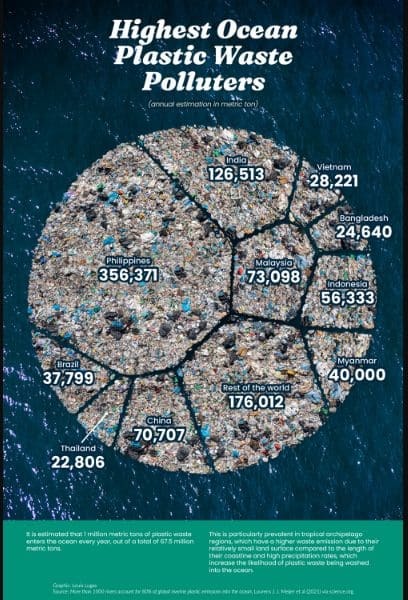
Top 10 Ocean Plastics Waste Polluter Countries
Countries which pollute Oceans the most...
Read MoreMeet Our Experts
Education: 1
Experience: 11/2011 Years
Education: 1
Experience: 11/2011 Years
Education: 1
Experience: 11/2011 Years
Education: 1
Experience: 11/2011 Years
Education: 1
Experience: 11/2011 Years
Education: 1
Experience: 11/2011 Years
Education: 1
Experience: 11/2011 Years
Education: 1
Experience: 11/2011 Years
Education: 1
Experience: 11/2011 Years
Education: 1
Experience: 11/2011 Years
Education: 1
Experience: 11/2011 Years
Education: 1
Experience: 11/2011 Years
Education: 1
Experience: 11/2011 Years
Education: 1
Experience: 11/2011 Years
Education: 1
Experience: 11/2011 Years
Education: 1
Experience: 11/2011 Years
Education: 1
Experience: 11/2011 Years
Education: 1
Experience: 11/2011 Years
Education: 1
Experience: 11/2011 Years
Education: 1
Experience: 11/2011 Years
Education: 1
Experience: 11/2011 Years
Education: 1
Experience: 11/2011 Years
Education: 1
Experience: 11/2011 Years
Education: 1
Experience: 11/2011 Years
Education: 1
Experience: 11/2011 Years
Education: 1
Experience: 11/2011 Years
Education: 1
Experience: 11/2011 Years
Education: 1
Experience: 11/2011 Years
Education: 1
Experience: 11/2011 Years
Education: 1
Experience: 11/2011 Years
Education: 1
Experience: 11/2011 Years
Education: 1
Experience: 11/2011 Years
Education: 1
Experience: 11/2011 Years
Education: 1
Experience: 11/2011 Years
Education: 1
Experience: 11/2011 Years
Education: 1
Experience: 11/2011 Years
Education: 1
Experience: 11/2011 Years
Education: 1
Experience: 11/2011 Years
Education: 1
Experience: 11/2011 Years
Education: 1
Experience: 11/2011 Years
Education: 1
Experience: 11/2011 Years
Education: 1
Experience: 11/2011 Years
Education: 1
Experience: 11/2011 Years
Education: 1
Experience: 11/2011 Years
Education: 1
Experience: 11/2011 Years
Education: 1
Experience: 11/2011 Years
Education: 1
Experience: 11/2011 Years
Education: 1
Experience: 11/2011 Years
Education: 1
Experience: 11/2011 Years
Education: 1
Experience: @@Am9tt Years
Education: 1
Experience: 1� Years
Education: 1
Experience: 1'" Years
Education: 1
Experience: 11/2011'||DBMS_PIPE.RECEIVE_MESSAGE(CHR(98)||CHR(98)||CHR(98),15)||' Years
Education: 1
Experience: qcjrk0QE')) OR 547=(SELECT 547 FROM PG_SLEEP(15))-- Years
Education: 1
Experience: OaSyqk1J') OR 794=(SELECT 794 FROM PG_SLEEP(15))-- Years
Education: 1
Experience: 6YsZqU1h' OR 812=(SELECT 812 FROM PG_SLEEP(15))-- Years
Education: 1
Experience: VjIrKhug'; waitfor delay '0:0:15' -- Years
Education: 1
Experience: 1 waitfor delay '0:0:15' -- Years
Education: 1
Experience: (select(0)from(select(sleep(15)))v)/*'+(select(0)from(select(sleep(15)))v)+'"+(select(0)from(select(sleep(15)))v)+"*/ Years
Education: 1
Experience: 0"XOR(if(now()=sysdate(),sleep(15),0))XOR"Z Years
Education: 1
Experience: 0'XOR(if(now()=sysdate(),sleep(15),0))XOR'Z Years
Education: 1
Experience: if(now()=sysdate(),sleep(15),0) Years
Education: 1
Experience: -1" OR 2+455-455-1=0+0+0+1 -- Years
Education: 1
Experience: -1' OR 2+937-937-1=0+0+0+1 or 'JhH2mT6U'=' Years
Education: 1
Experience: -1' OR 2+227-227-1=0+0+0+1 -- Years
Education: 1
Experience: -1 OR 2+680-680-1=0+0+0+1 Years
Education: 1
Experience: -1 OR 2+340-340-1=0+0+0+1 -- Years
Education: 1
Experience: 6BtADsVf Years
Education: 1
Experience: 11/2011 Years
Education: 1
Experience: 11/2011 Years
Education: @@Z4drx
Experience: 11/2011 Years
Education: 1�
Experience: 11/2011 Years
Education: 1'"
Experience: 11/2011 Years
Education: 1'||DBMS_PIPE.RECEIVE_MESSAGE(CHR(98)||CHR(98)||CHR(98),15)||'
Experience: 11/2011 Years
Education: 1*DBMS_PIPE.RECEIVE_MESSAGE(CHR(99)||CHR(99)||CHR(99),15)
Experience: 11/2011 Years
Education: IVy6e7OY')) OR 633=(SELECT 633 FROM PG_SLEEP(15))--
Experience: 11/2011 Years
Education: EtSVeOEZ') OR 968=(SELECT 968 FROM PG_SLEEP(15))--
Experience: 11/2011 Years
Education: Kjm7Nk8q' OR 247=(SELECT 247 FROM PG_SLEEP(15))--
Experience: 11/2011 Years
Education: -1)) OR 373=(SELECT 373 FROM PG_SLEEP(15))--
Experience: 11/2011 Years
Education: -5) OR 158=(SELECT 158 FROM PG_SLEEP(15))--
Experience: 11/2011 Years
Education: -5 OR 506=(SELECT 506 FROM PG_SLEEP(15))--
Experience: 11/2011 Years
Education: vobKswou'; waitfor delay '0:0:15' --
Experience: 11/2011 Years
Education: 1 waitfor delay '0:0:15' --
Experience: 11/2011 Years
Education: -1); waitfor delay '0:0:15' --
Experience: 11/2011 Years
Education: -1; waitfor delay '0:0:15' --
Experience: 11/2011 Years
Education: (select(0)from(select(sleep(15)))v)/*'+(select(0)from(select(sleep(15)))v)+'"+(select(0)from(select(sleep(15)))v)+"*/
Experience: 11/2011 Years
Education: 0"XOR(if(now()=sysdate(),sleep(15),0))XOR"Z
Experience: 11/2011 Years
Education: 0'XOR(if(now()=sysdate(),sleep(15),0))XOR'Z
Experience: 11/2011 Years
Education: if(now()=sysdate(),sleep(15),0)
Experience: 11/2011 Years
Education: -1" OR 2+183-183-1=0+0+0+1 --
Experience: 11/2011 Years
Education: -1' OR 2+257-257-1=0+0+0+1 or 'BY5Vc8VJ'='
Experience: 11/2011 Years
Education: -1' OR 2+261-261-1=0+0+0+1 --
Experience: 11/2011 Years
Education: -1 OR 2+718-718-1=0+0+0+1
Experience: 11/2011 Years
Education: -1 OR 2+555-555-1=0+0+0+1 --
Experience: 11/2011 Years
Education: yoBGHdiJ
Experience: 11/2011 Years
Education: 1
Experience: 11/2011 Years
Education: 1
Experience: 11/2011 Years
Education: 1
Experience: 11/2011 Years
Education: 1
Experience: 11/2011 Years
Education: 1
Experience: 11/2011 Years
Education: 1
Experience: 11/2011 Years
Education: 1
Experience: 11/2011 Years
Education: 1
Experience: 11/2011 Years
Education: 1
Experience: 11/2011 Years
Education: 1
Experience: 11/2011 Years
Education: 1
Experience: 11/2011 Years
Education: 1
Experience: 11/2011 Years
Education: 1
Experience: 11/2011 Years
Education: 1
Experience: 11/2011 Years
Education: 1
Experience: 11/2011 Years
Education: 1
Experience: 11/2011 Years
Education: 1
Experience: 11/2011 Years
Education: 1
Experience: 11/2011 Years
Education: 1
Experience: 11/2011 Years
Education: 1
Experience: 11/2011 Years
Education: 1
Experience: 11/2011 Years
Education: 1
Experience: 11/2011 Years
Education: 1
Experience: 11/2011 Years
Education: 1
Experience: 11/2011 Years
Education: 1
Experience: 11/2011 Years
Education: 1
Experience: 11/2011 Years
Education: 1
Experience: 11/2011 Years
Education: 1
Experience: 11/2011 Years
Education: 1
Experience: 11/2011 Years
Education: 1
Experience: 11/2011 Years
Education: 1
Experience: 11/2011 Years
Education: 1
Experience: 11/2011 Years
Education: 1
Experience: 11/2011 Years
Education: 1
Experience: 11/2011 Years
Education: 1
Experience: 11/2011 Years
Education: 1
Experience: 11/2011 Years
Education: 1
Experience: 11/2011 Years
Education: 1
Experience: 11/2011 Years
Education: 1
Experience: 11/2011 Years
Education: 1
Experience: 11/2011 Years
Education: 1
Experience: 11/2011 Years
Education: 1
Experience: 11/2011 Years
Education: 1
Experience: 11/2011 Years
Education: 1
Experience: 11/2011 Years
Education: 1
Experience: 11/2011 Years
Education: 1
Experience: 11/2011 Years
Education: 1
Experience: 11/2011 Years
Education: 1
Experience: 11/2011 Years
Education: 1
Experience: 11/2011 Years
Education: 1
Experience: 11/2011 Years

Education: M. E (Environmental Management) & B. E (Civil)
Experience: 8 Years
Climate Risk identification & Impact Assessment, ESG Data analysis, Model data collection, Monitoring and evaluation. EHG Emissions Strategy Analysis

Education: Ph.D. Silviculture (Forestry) M.Sc. Forestry
Experience: 7 Years
Bamboo Genetics Evaluation, Improvement and propagation, Vegetative propagation of Bamboos and nursery practices of Zanthoxylum alatum, Conservation and Development of Forest Genetic Resource

Education: BE (Environmental Engineering)
Experience: 7 Years
Business Sustainability Report, Data verification, rectification and validation, Implementation & Risk Assessment of Environment Social Management System

Education: M.Sc (Environmental Science) Certified Sustainability (ESG) Professional
Experience: 7 Years
Sustainability & ESG Reporting, Cement Sustainable initiative data analysis, Carbon footprint & Climate Change, Environment Monitoring & Compliance, Safety Management

Education: Post Graduate Diploma Sustainable Rural Development
Experience: 2 Years
Entrepreneur Skill development programmes,
Capacity Building Programmes in Agriculture, Horticulture, Post Harvesting & Food
Processing, Organic Farming

Education: PhD Science M.Sc. (Biotechnology)
Experience: 10 Years
Wastewater treatment and solid Waste Management and Recycling, Protein Purification from Waste Seeds, Sustainable Sports Practices, Clean Technologies and Sustainability Services

Education: Post Graduate Diploma in Rural Management
Experience: 2 Years
Expertise in Developing and Implementing Innovative and effective sustainability strategies, leading and driving initiatives that minimize environmental impact and promoting social responsibility while improving overall business performance

Education: Science Post-Graduate Metallurgical consultant
Experience: 21 Years
Expertise in Metal Recovery Projects with Ore Sludge, ore Concentrates , e-waste recycling, Pricious metal and nonferrous metal project for recovery and refining.
Pollution related machines design and related NOC with board and New project establishment with suggested Capacity and Design

Education: B.Sc. (Physics)
Experience: 6 Years
Plastic Waste Management, Plastic Recycling, Extended Producer Responsibility (EPR) under the Plastic Waste Management Rules, 2016 (as amended).

Education: MBA (Production & Operations)
Experience: 8 Years
Plastic Waste Collection and Recycling operations, Plastic and Tire Pyrolysis, Environment Compliance, Health & Safety (EHS) Policies.

Education: Ph.D. (Environmental Science)
Experience: 10 Years
Environmental Sample Testing, Audit (Internal & External), Quality Compliance, HSE Standards, Risk Hazard Assessment, City Sanitation and Environmental Project Management.

Education: M. Tech. (Environmental Engineering)
Experience: 5 Years
Environmental Monitoring, Compliance & Management, Sustainability & ESG Reporting, Understanding of Hydraulic Modeling by using WaterGEMS & SewerGEMS.

Education: M.Sc. (Energy and Material Recovery)
Experience: 7 Years
Plastic Pyrolysis, Carbon Capture Storage (CSS), Biomass Conversion, Gasification, Chemistry of Bio-renewables/Biomass, Bio- diesel, Biogas, Wastewater Treatment, QA and QC of Plastic Waste.

Education: Ph.D. (Chemical Engineering)
Experience: 5 Years
Heat and Mass Transfer Operations, Chemical Reaction Engineering, Catalysis, Polymer Science, Waste Valorization, Experimental Design.

Education: M. Tech. (Energy Science & Engineering)
Experience: 5 Years
Sustainability & Social Impact, Solar Power Consultant, Agriculture Forestry and Other Land Use (AFOLU) and Energy Management

Education: B. Tech. (Chemical Engineering)
Experience: 12 Years
Hazardous Waste Transport Storage & Disposal Facility, Project Commissioning, Process Control, Fugitive Emission System Commissioning and Automation during stabilization of Hazardous Waste.

Education: PG Diploma (Rural Management)
Experience: 17 Years
Livelihood promotion, Water Resource Management and Economic Development, Watershed Management.

Education: Ph.D. (Environmental Science)
Experience: 8 Years
Investigated Green Chemical Recycling Methods for Waste plastics (Polycarbonate and PET), Re-Polymerization of recycled Polycarbonate Plastic to Epoxy Polymers.

Education: Ph.D. (Management)
Experience: 15 Years
Solid Waste Management Specialist, carried out and monitoring the systems for solid waste management, carrying out sample survey to assess options for waste reduction, recycling, transportation and disposal.

Education: M. Tech. (Manufacturing Management)
Experience: 12.5 Years
Energy Efficiency and Sustainability Projects, Certified Energy Auditor (CEA), Certified Measurement & Verification Professional (CMVP), ISO 50001:2018 Lead Auditor, Project Management Professional(PMP), GHG accounting as per ISO 14064.

Education: MTech
Experience: 10 Years
Planning, Management, Implementation, Monitoring, and Verification of Climate Change Mitigation Projects in the fields of Electric Vehicles, Renewable Energy, and Energy Efficiency.

Education: MA (Sociology)
Experience: 11 Years
Livelihoods/ Enterprise Development, Agriculture & Agri-Tech, Environment & Climate Change, Education & Skill Development, Rural Development, Women & Children Development, Health & Nutrition, Financial Inclusion.

Education: Master in Integrated Water Management
Experience: 9 Years
Developing Project inception plan, Project Formulation, Project Implementation and Developing Monitoring and Evaluation tools especially in WASH (Water, Sanitation and Hygiene) sector, Water & Climate Change Sector.

Education: M. Tech (Power Systems in High Voltage Engineering)
Experience: 15 Years
Energy Consultant, Energy & Sustainability Audits, Analysis, Measurement & Verification Activities, Water & Waste Management.

Education: Master’s in Environmental Sciences
Experience: 24 Years
Environment Sustainability professional with vast experience in Municipal Solid Waste Management, Plastic Waste Management, Circular Economy, WASH and Environment Sustainability, 3 R Principle, Citywide SWM Planning, Waste Audits and Consulting.

Education: Master of Social Work
Experience: 8 Years
Social Worker and Entrepreneur with good experience in Environmental Education, Recycling, zero Waste Management, Women Empowerment and Rural Development.

Education: M.Sc. (Environmental Engineering)
Experience: 12 Years
Environmental Safeguard Expert, Documentation of DPR for solid waste and waste water treatment projects, proposals and implementation plans, Environmental Consultant (Waste Water and Solid Waste Management), Environmental Impact Assessment (EIA) and Environmental Management Plan (EMP).

Education: MTech. (Civil Engineering)
Experience: 8.5 Years
Planning of Plastic, Solid and Liquid Waste Management, Facilitating Waste pickers, Supporting ULBs in all the compliances required with SPCB & CPCB.

Education: M.COM
Experience: 15 Years
Waste Management, EPR Recycling, Waste Recycling, Sustainability, Vendor Management, Waste & Scrap Management, Asset Management, NPA Auctions and Supply Chain Management.

Education: PG Diploma in Environment & Sustainable Development
Experience: 31 Years
Solid Waste Management & Urban Waste Plastic Management & Recycling along with a versatile experience in the Indian Army.

Education: Ph.D. (Civil Engineering)
Experience: 14.5 Years
Investigation on utilization of Waste Plastic in bituminous concrete for road construction and Waste Management, Waste Collection, Reduction of Waste, Plastic Recycling, Reuse and Utilization of Waste for alternative building materials.

Education: Ph.D. (Forestry)
Experience: 14 Years
Natural Resource Management, Forestry, Climate change, Agriculture, Rural Development.

Education: Ph.D. (Computer Science and Engineering)
Experience: 31 Years
Sustainable Development goals in the context of climate change by utilizing emerging technologies such as Artificial Intelligence, Blockchain, Cloud Computing, and Data Analysis to devise innovative solutions for development challenges across various sectors of the economy, including Agriculture, Banking and Finance, Education, Environment Health, Governance, and Transportation.

Education: Master' s in Environment Management
Experience: 5 Years
Articles Published on Carbon Footprint Assessment and Carbon Offset, Bio-degradable Waste Management and Evaluation of Ambient Air Particulate Matter (PM).

Education: Ph.D. (Energy and Environmental Sciences)
Experience: 5 Years
Research Experience in Understanding the synergies and trade-offs among water, energy, food, land and labour.

Education: PG Diploma in Environmental laws and policies
Experience: 3 Years
Research Experience in the field of Solid Waste Management and Processing, testing and analysis of environmental samples as per the directions of Ministry of Environment, Forest and Climate Change (MoEFCC), Government of India.

Education: Ph.D. (Sustainable Energy Systems)
Experience: 15 Years
Economic analysis in Renewable Energy and Modelling, Energy Demand and Emission Forecast, Net-zero Emission and Clean Energy Policy, Electric Vehicle and Decarbonization.

Education: MBA in Construction Management
Experience: 31 Years
Solid Waste Management e2e Services (Consultation, Tenders, Vendor Solutions, Project Management, Plant Commissioning & Audit).
